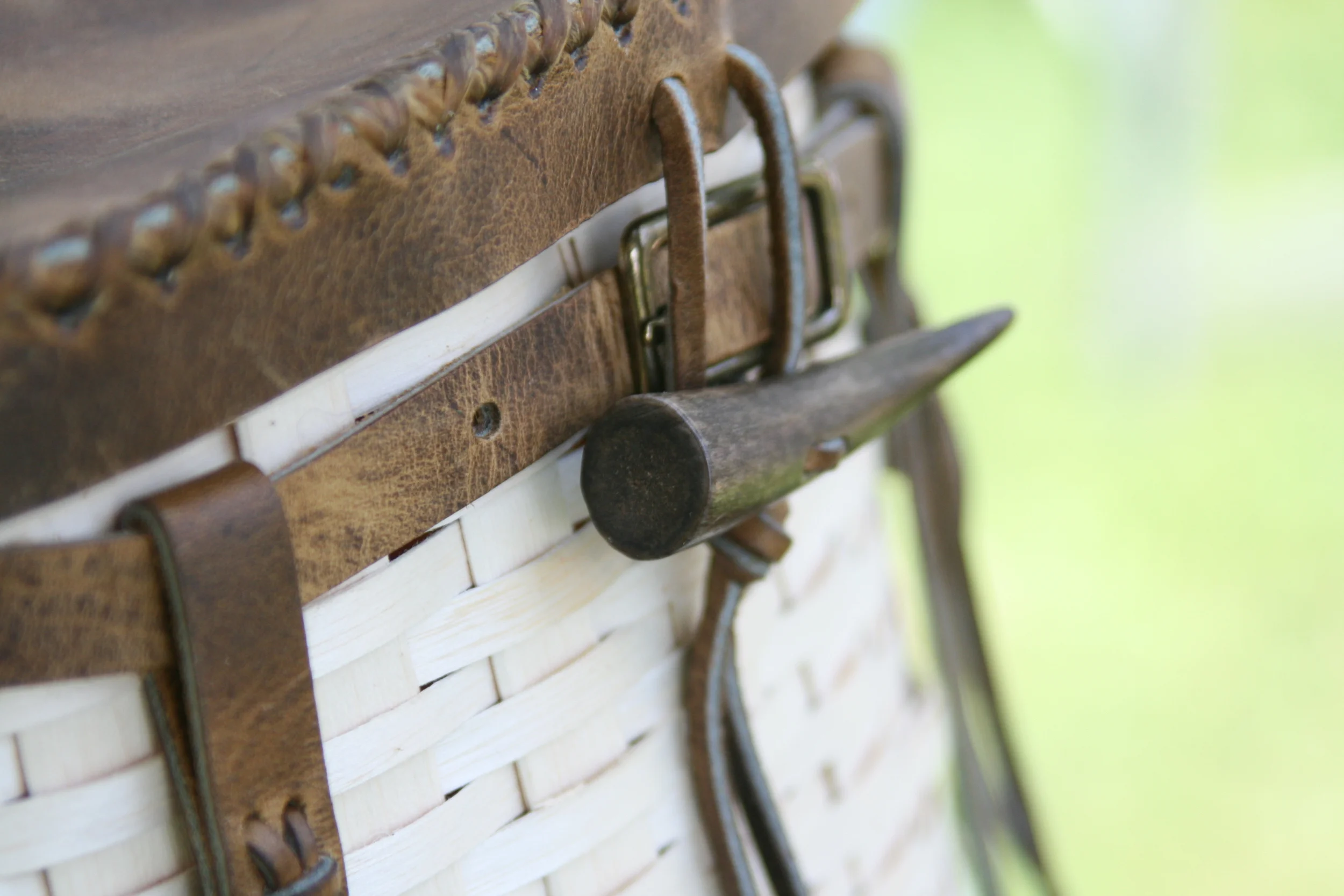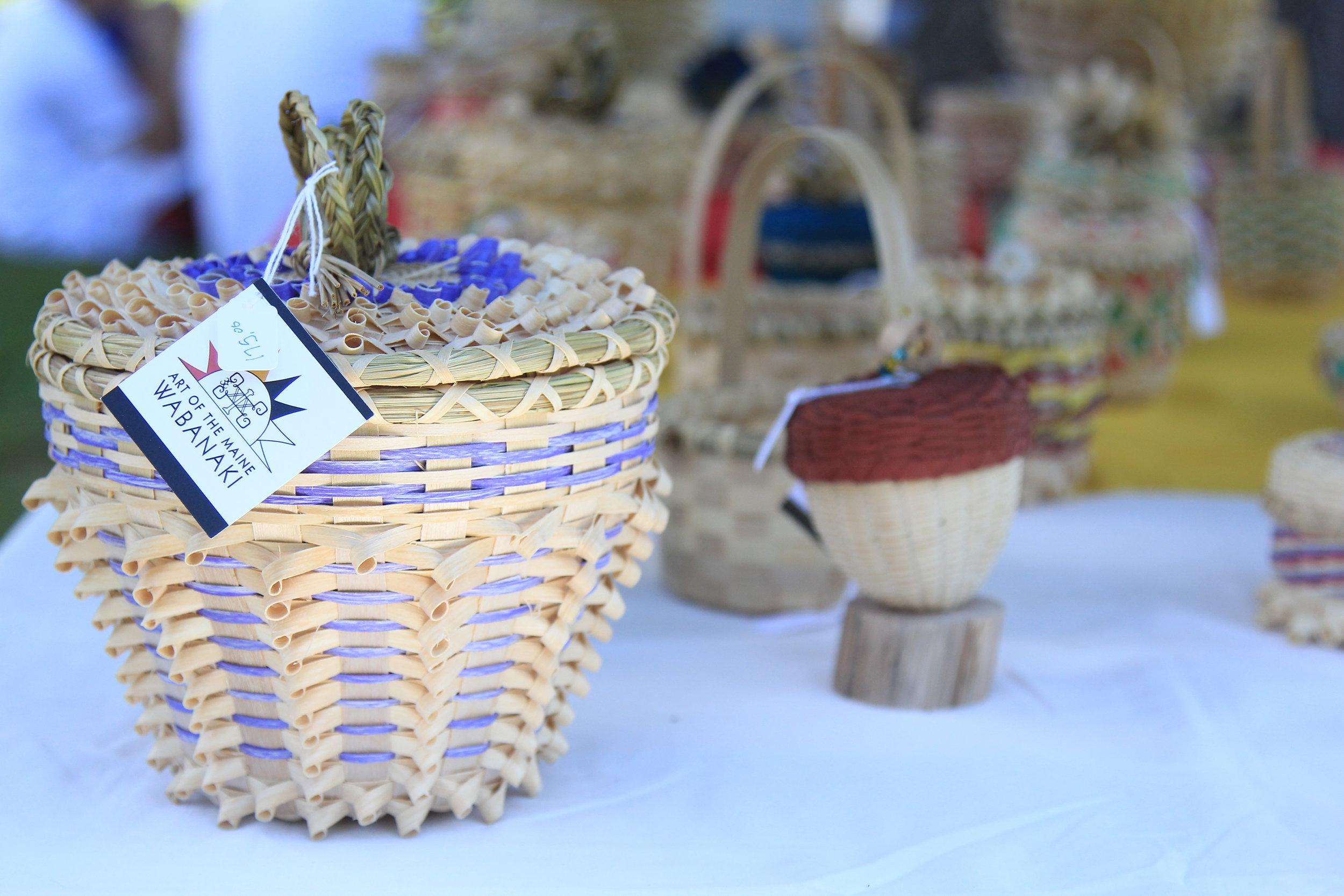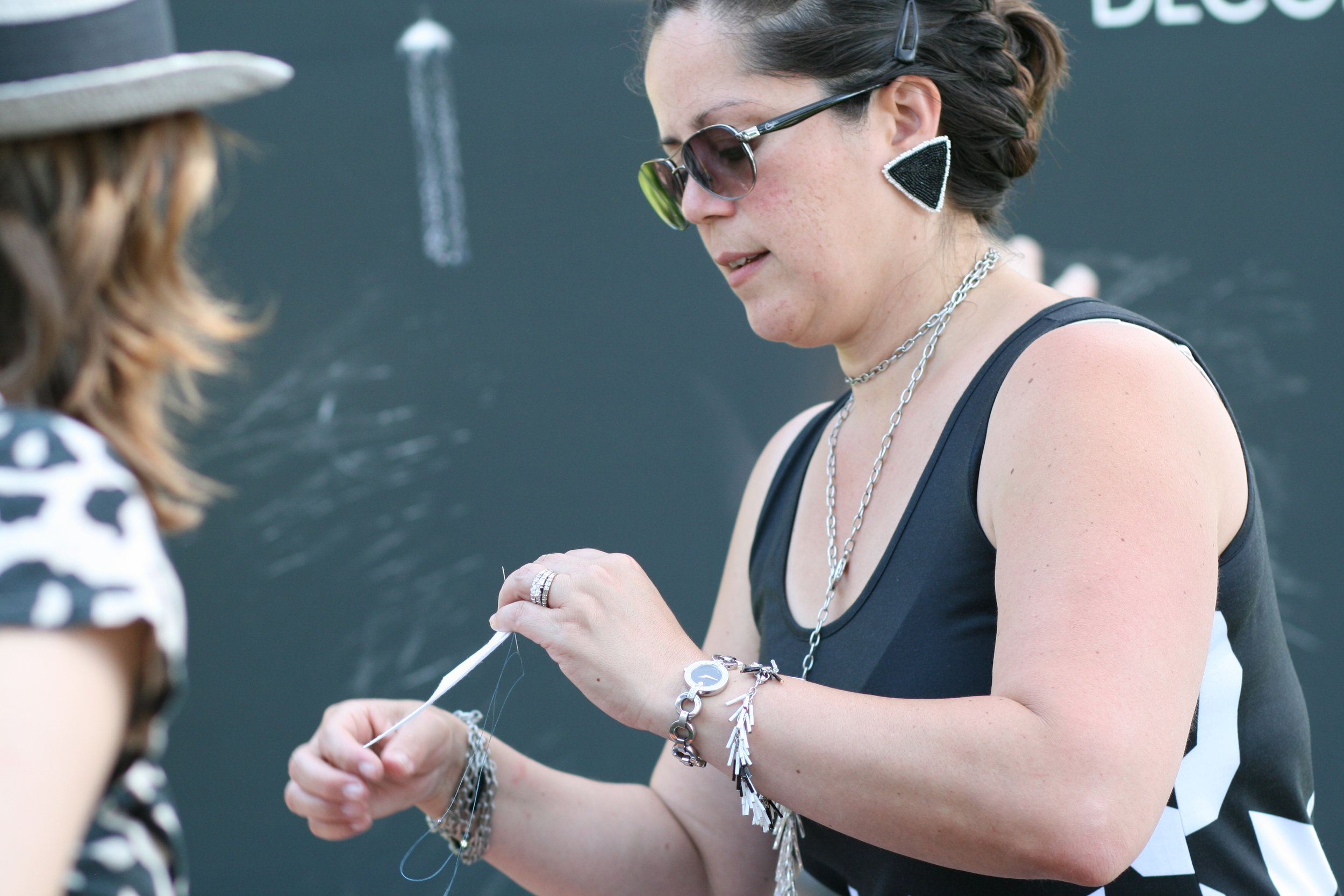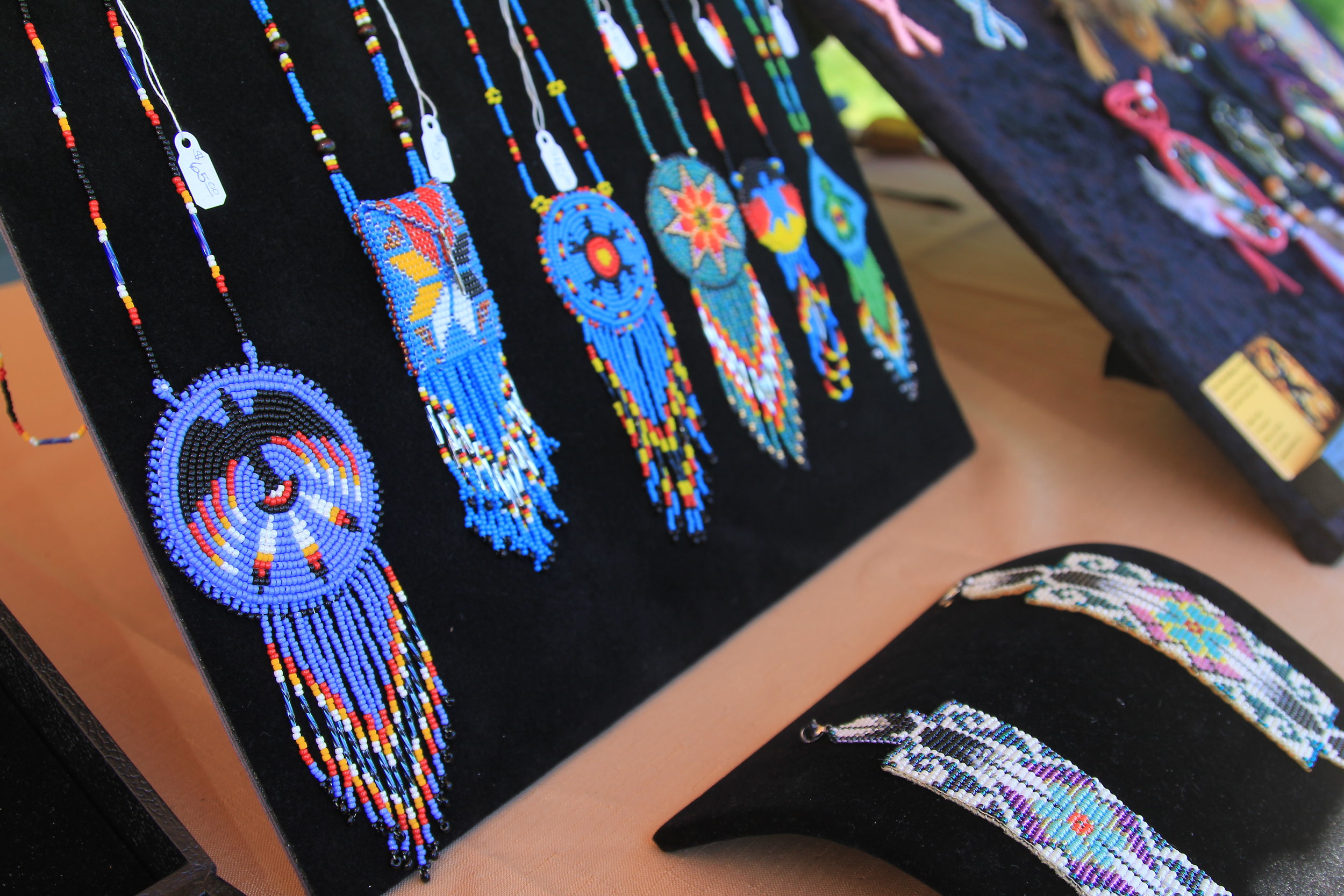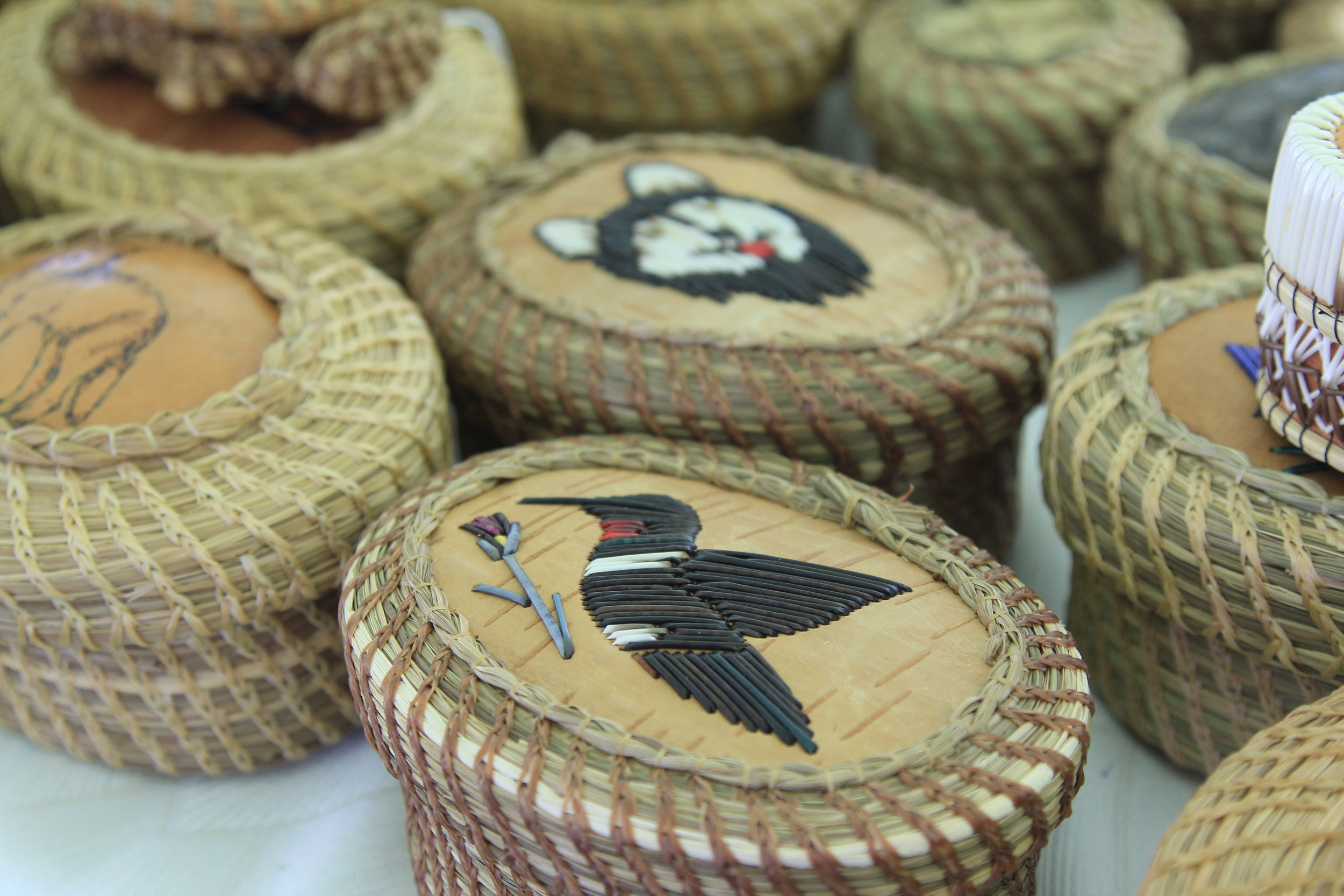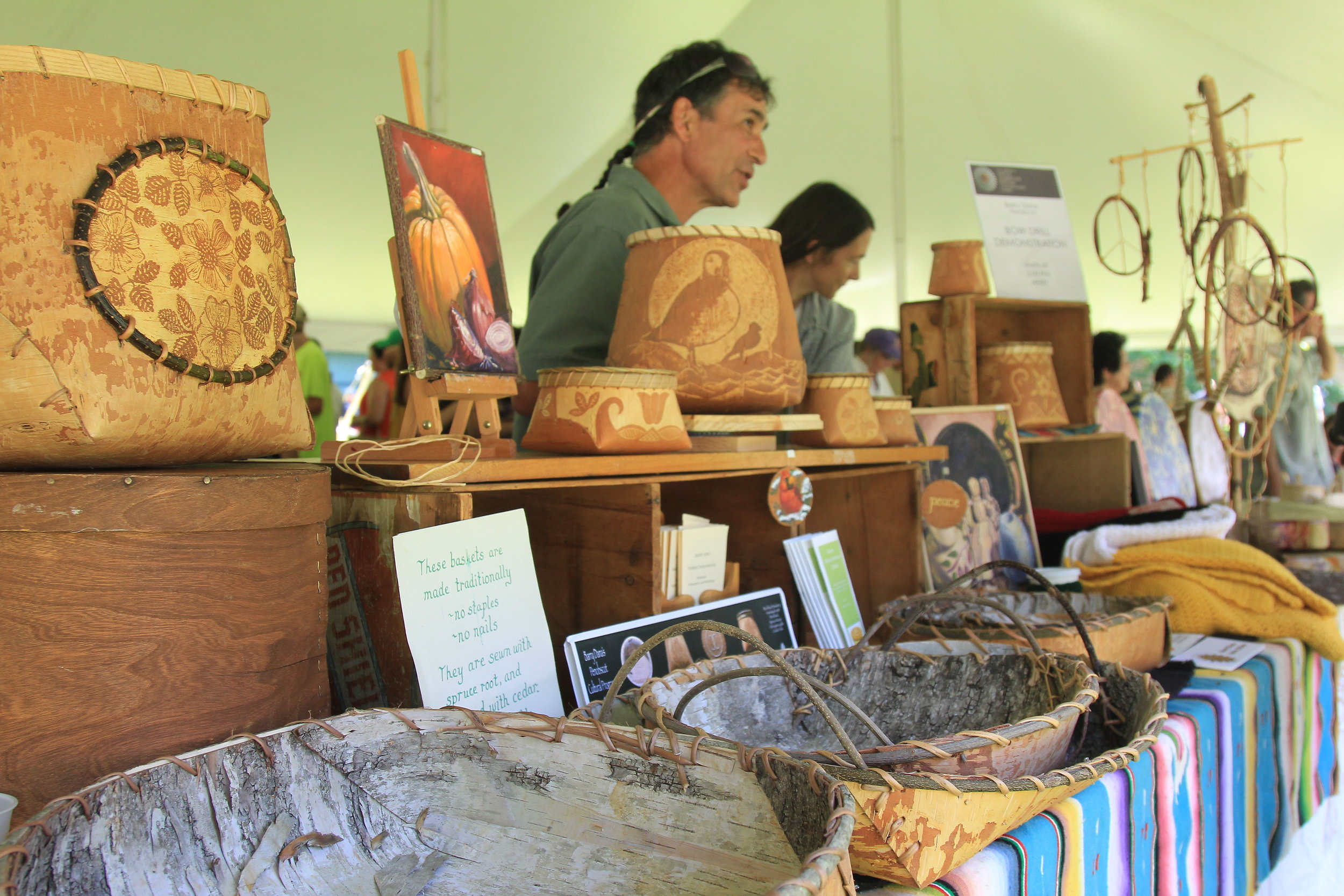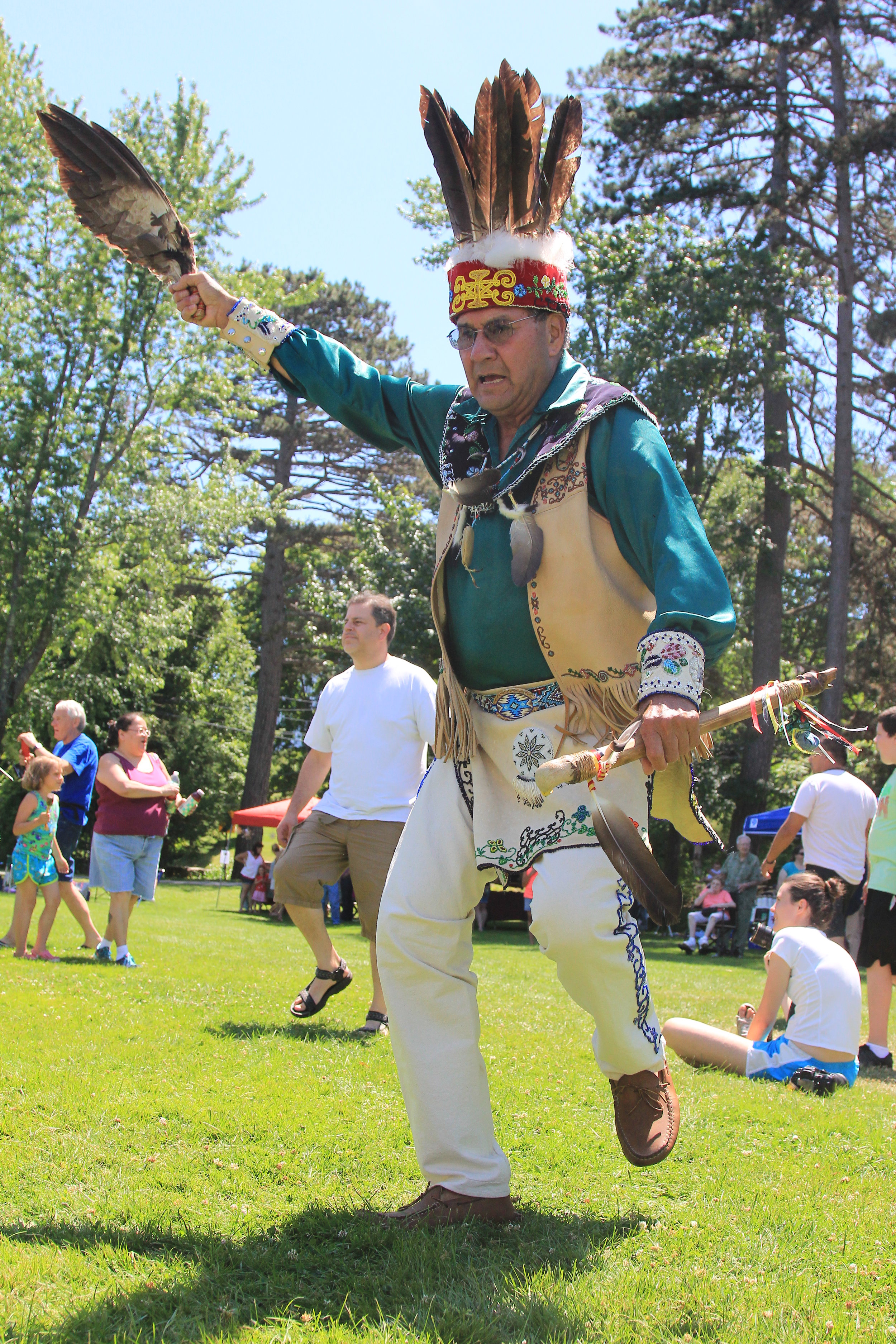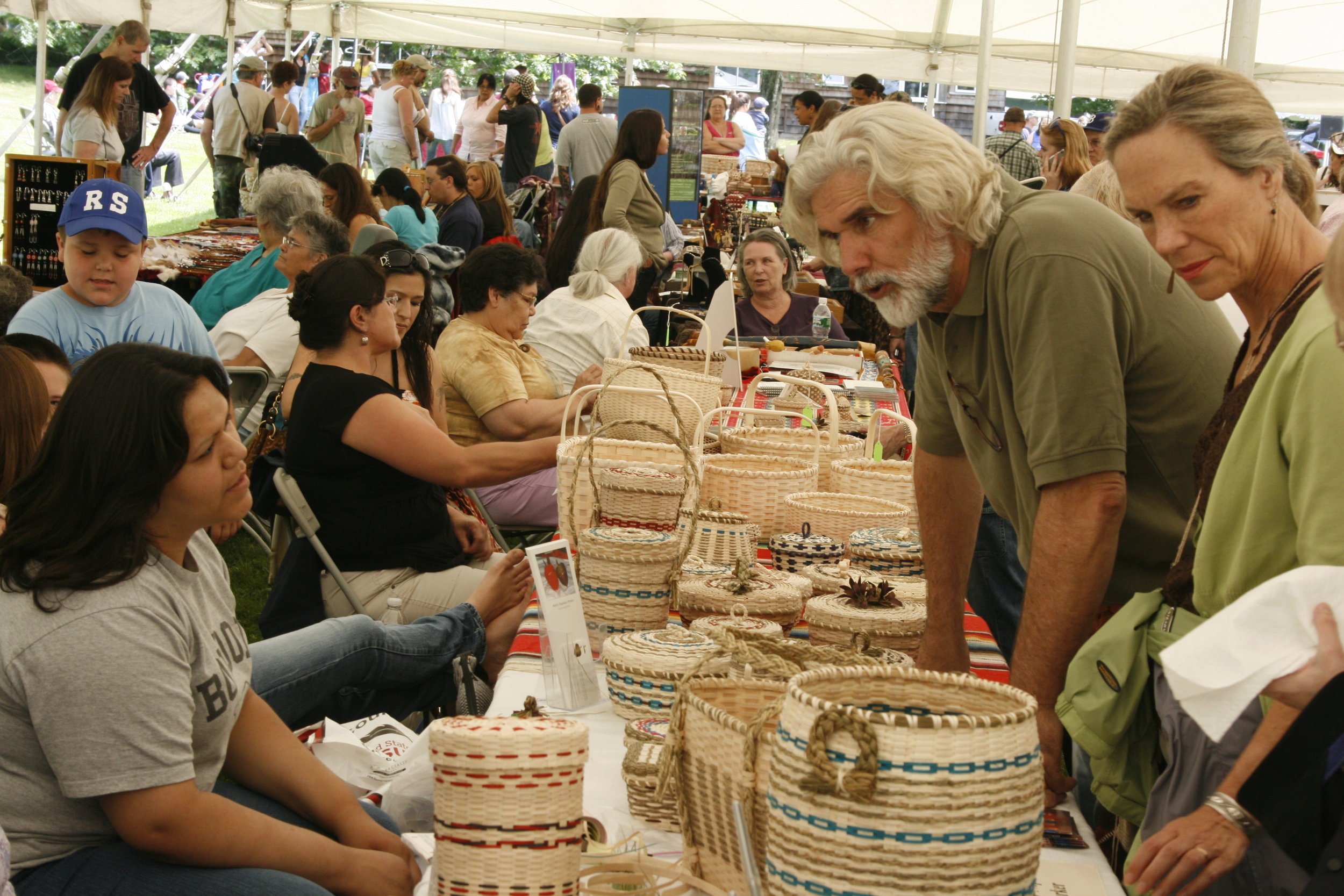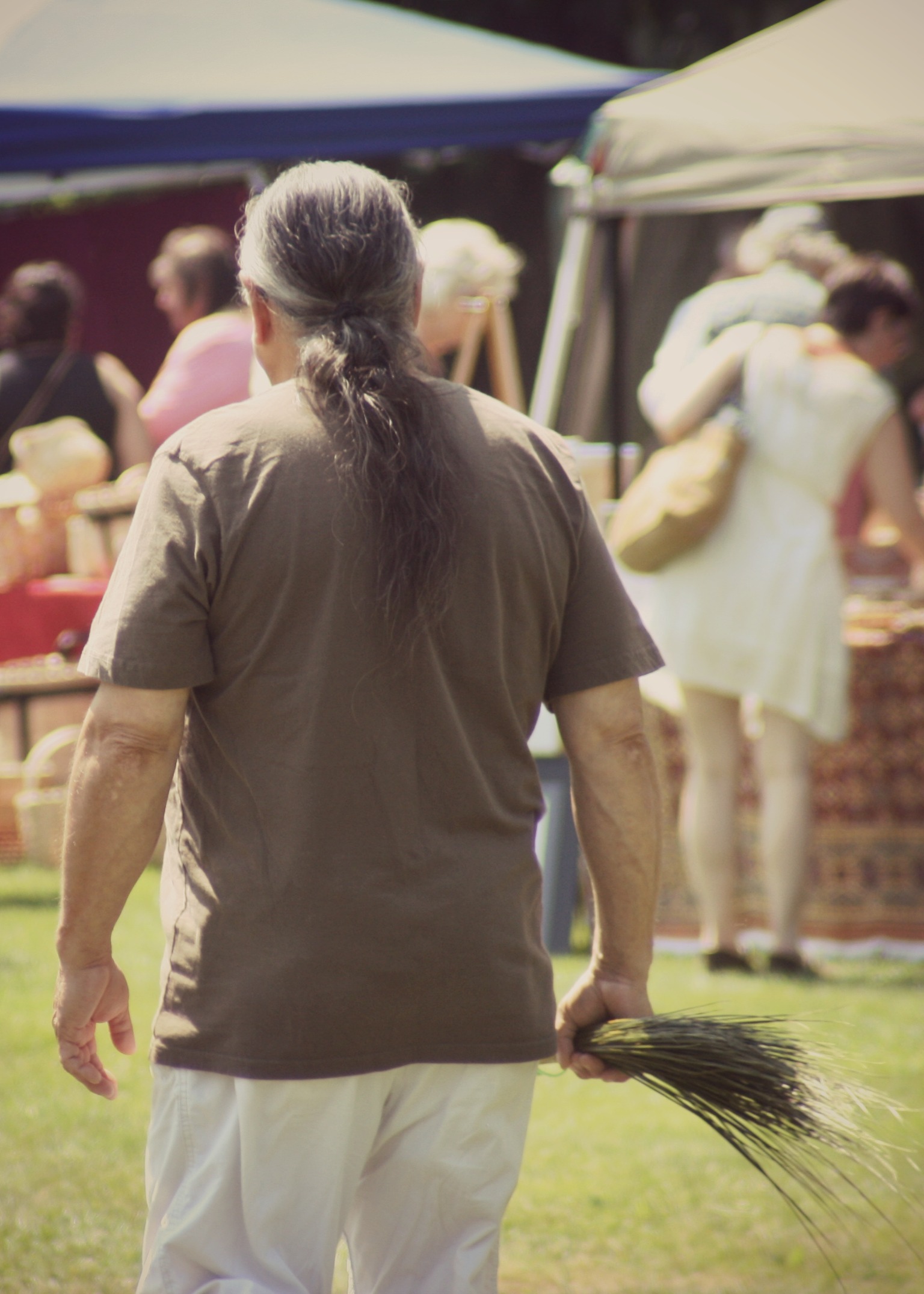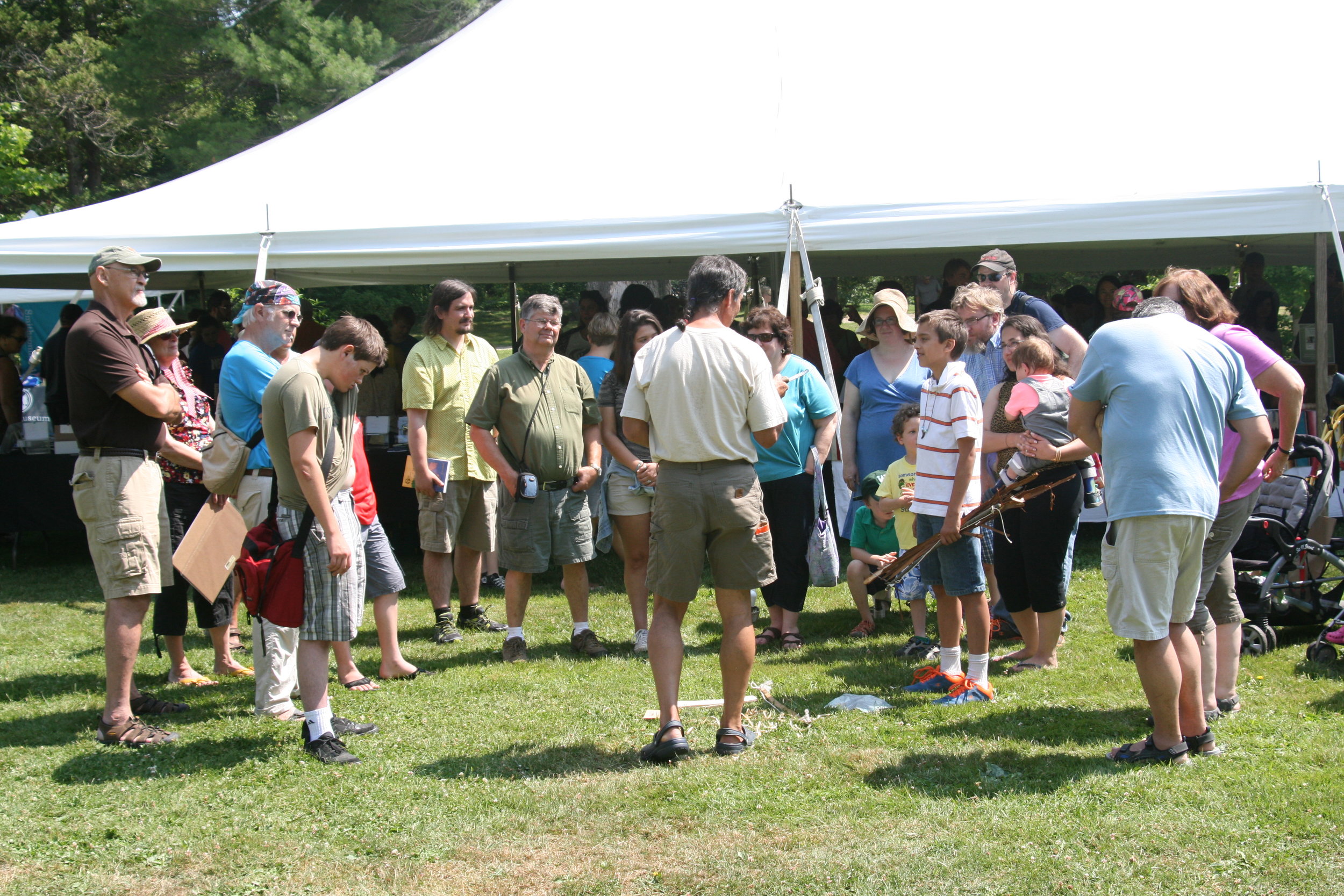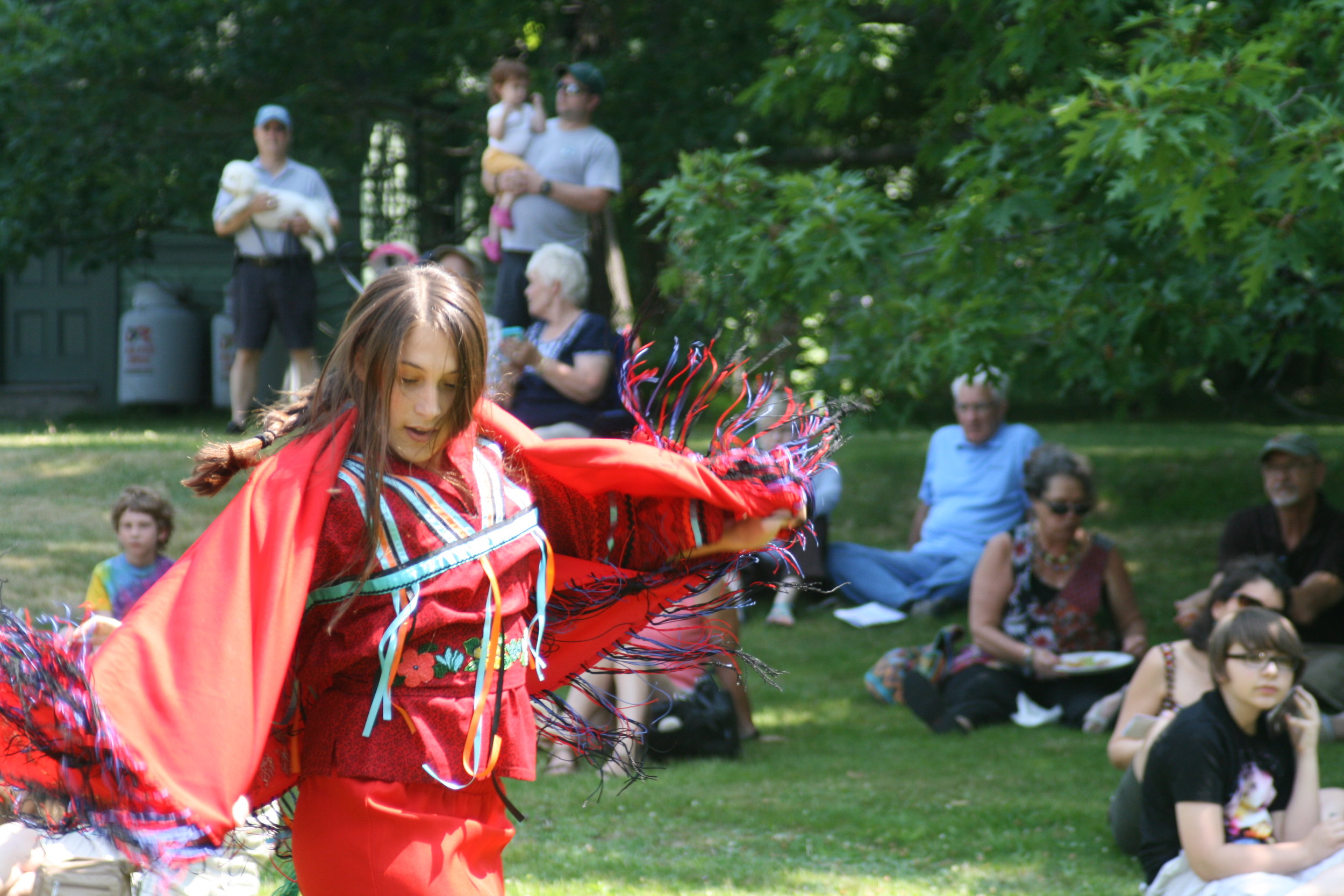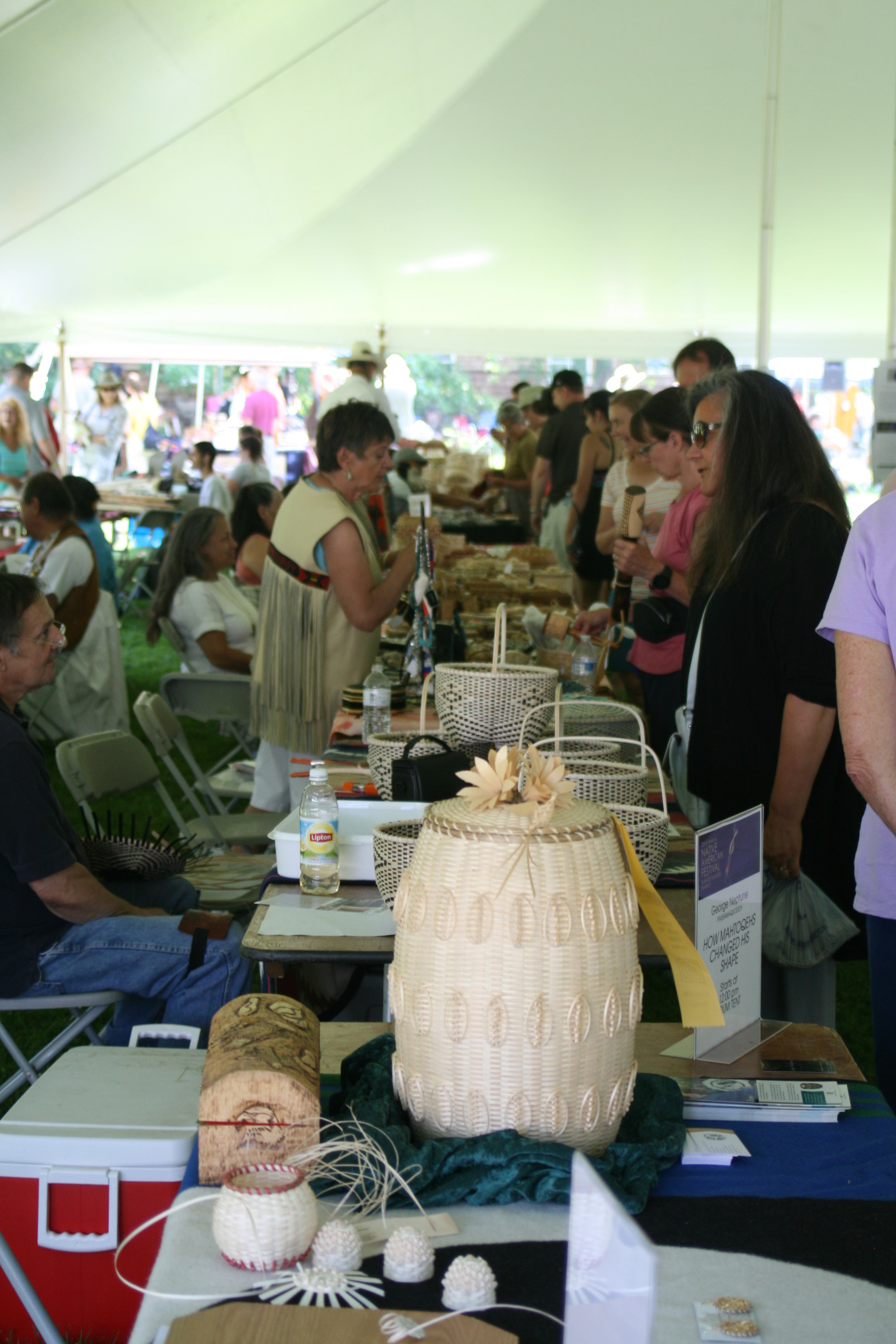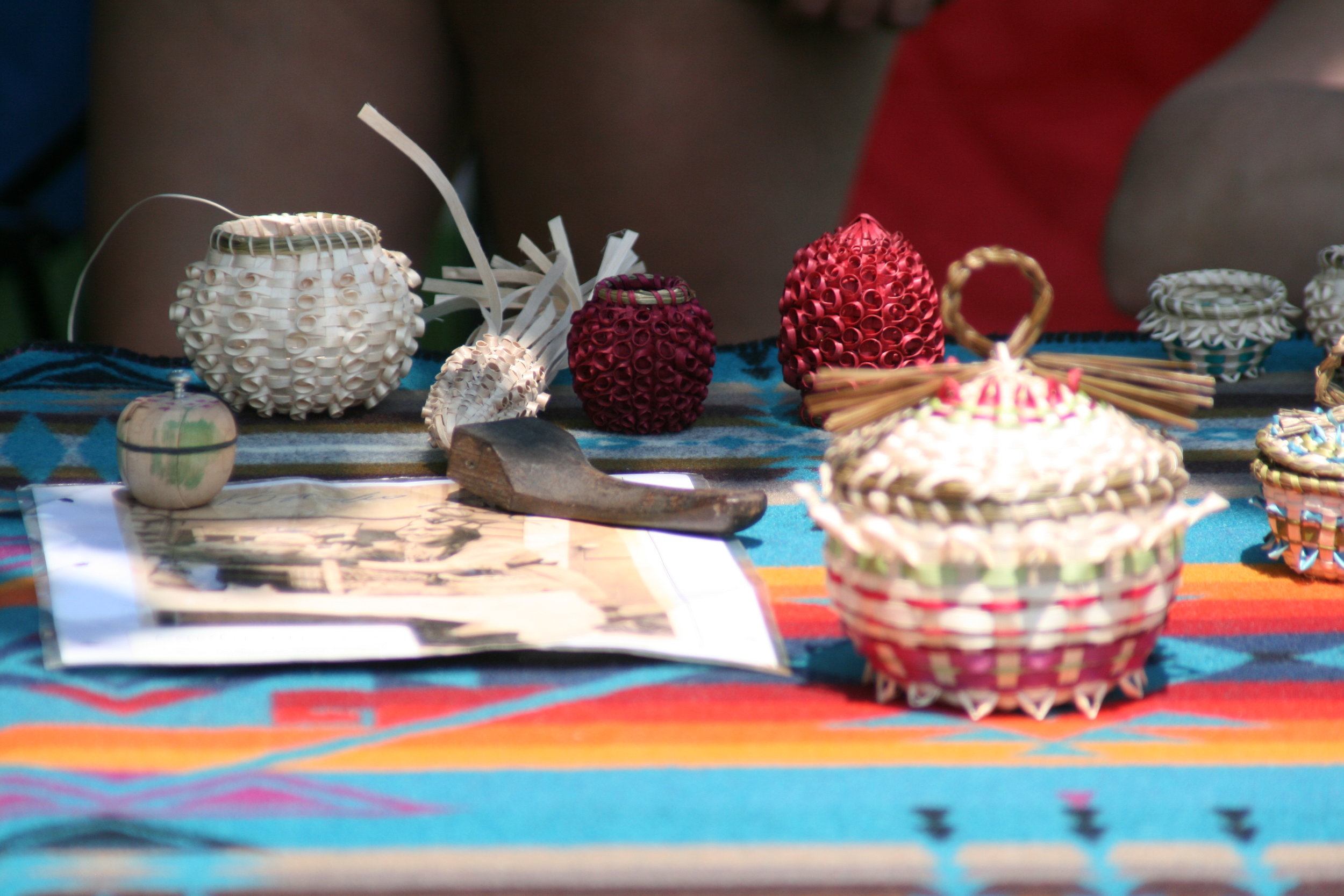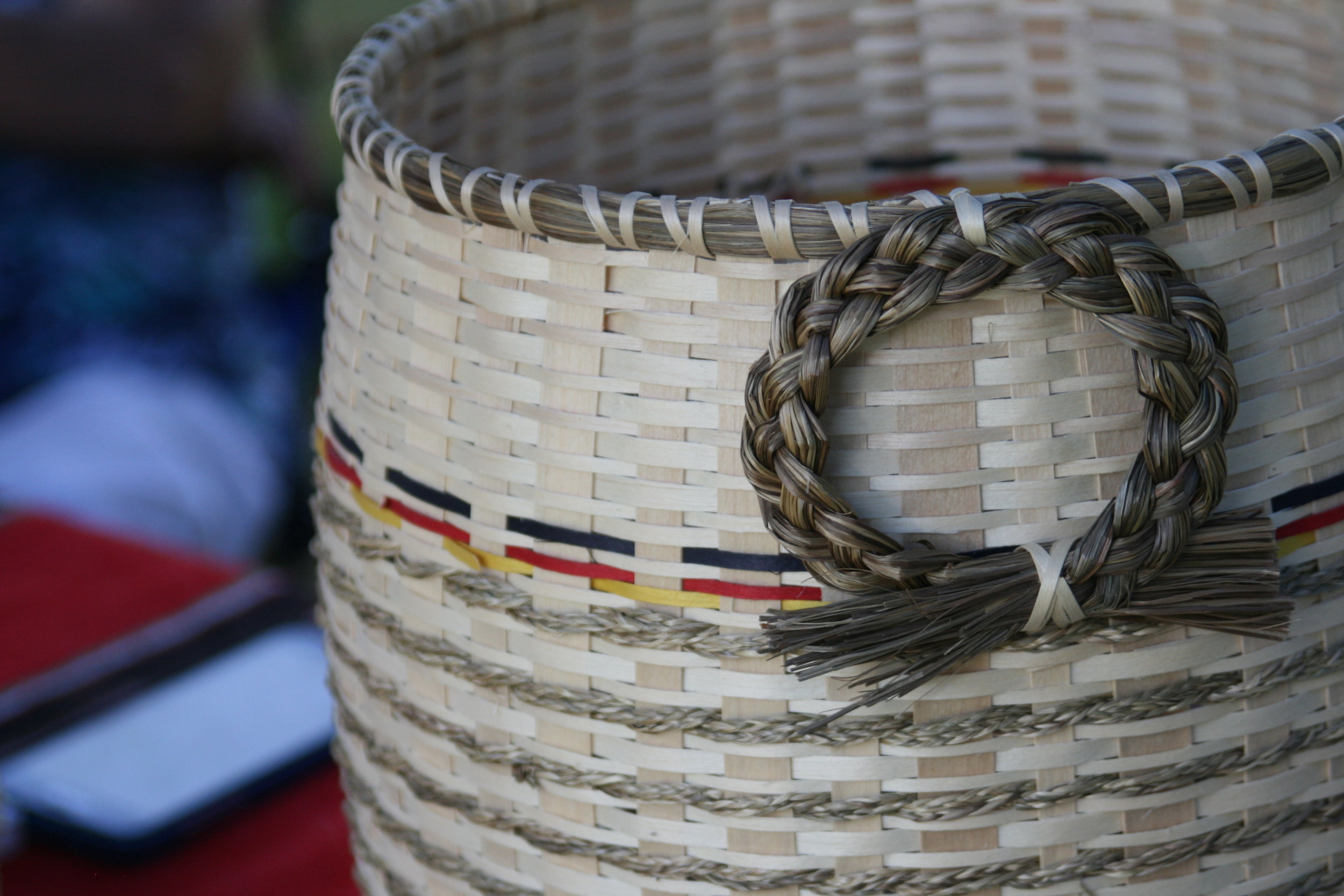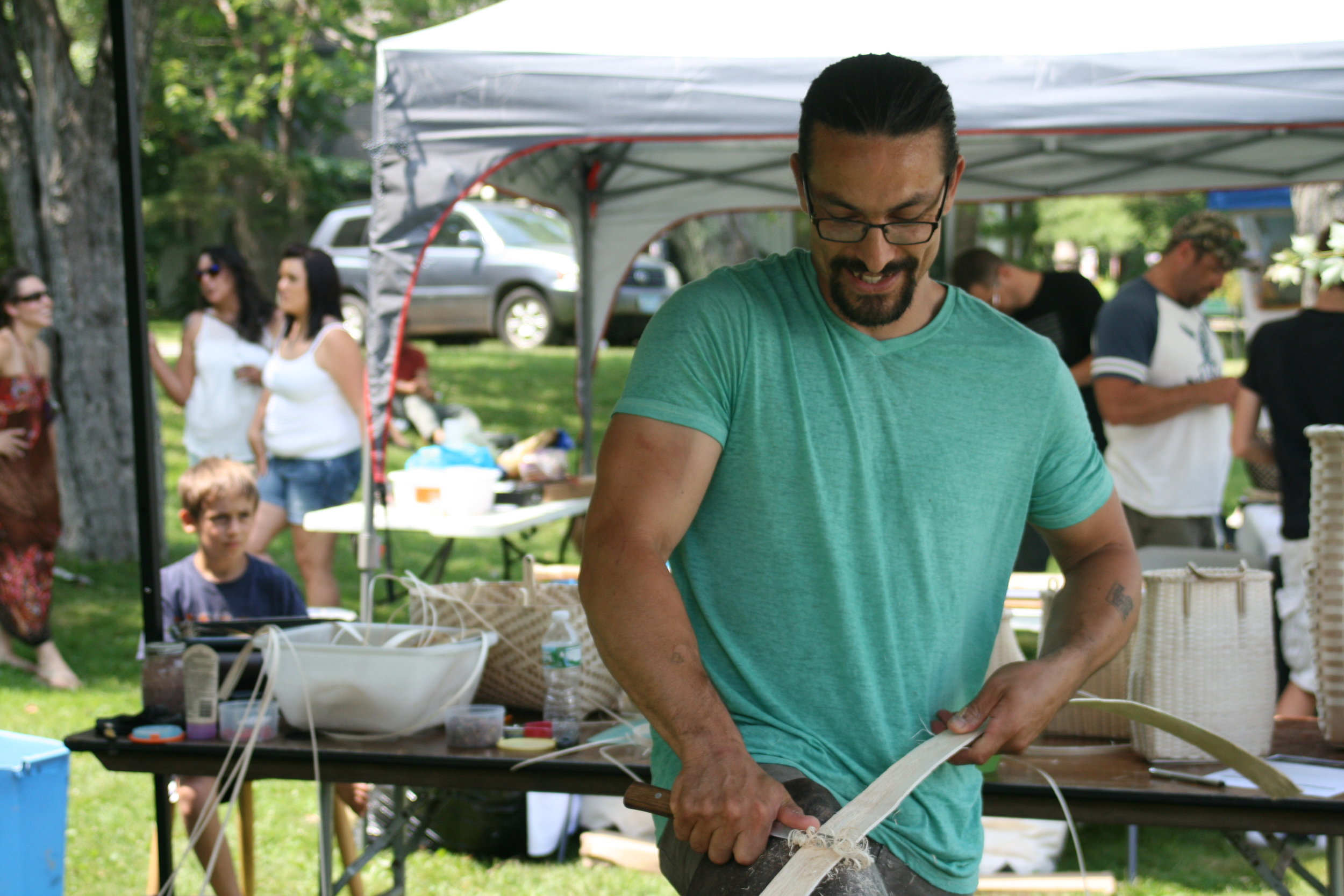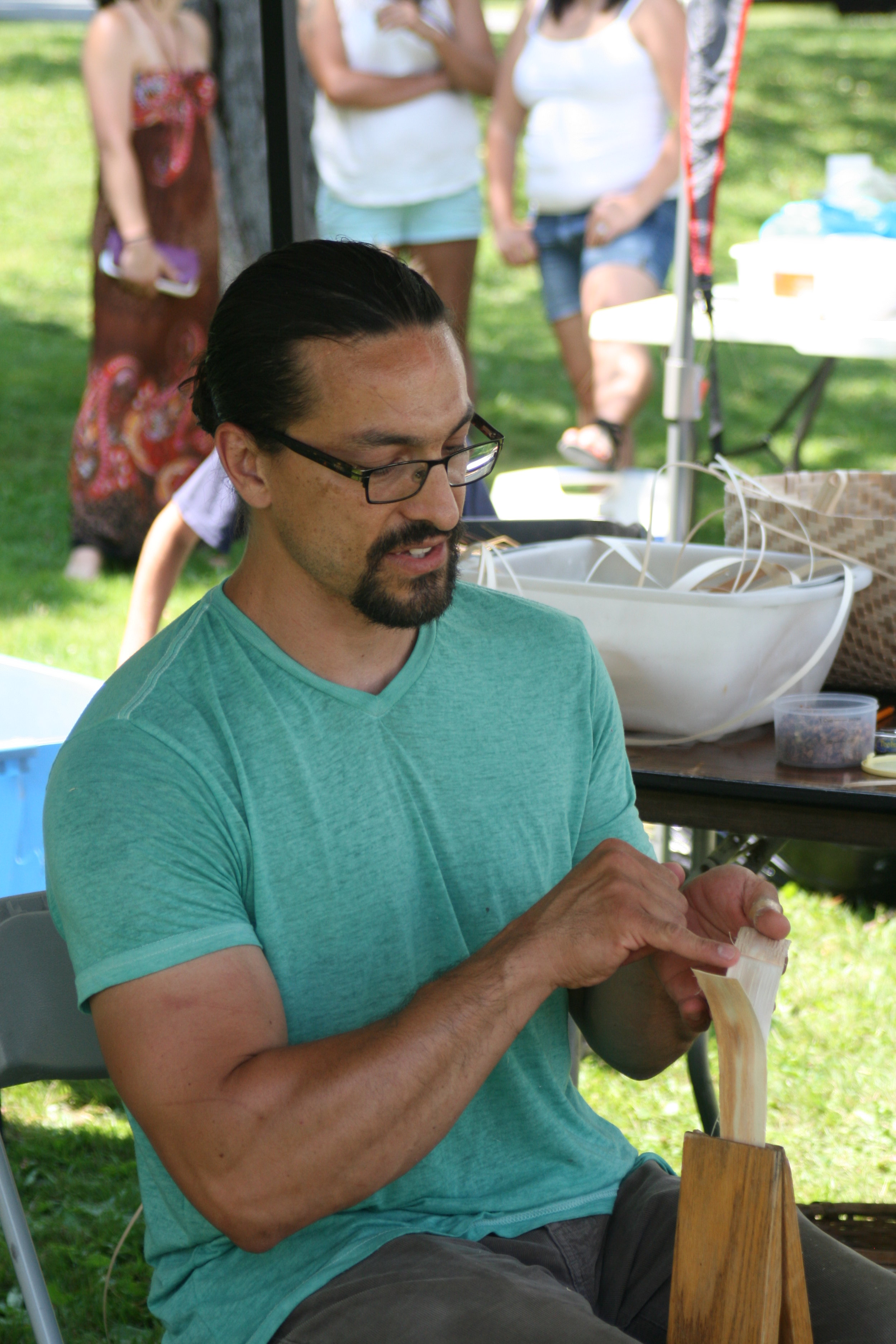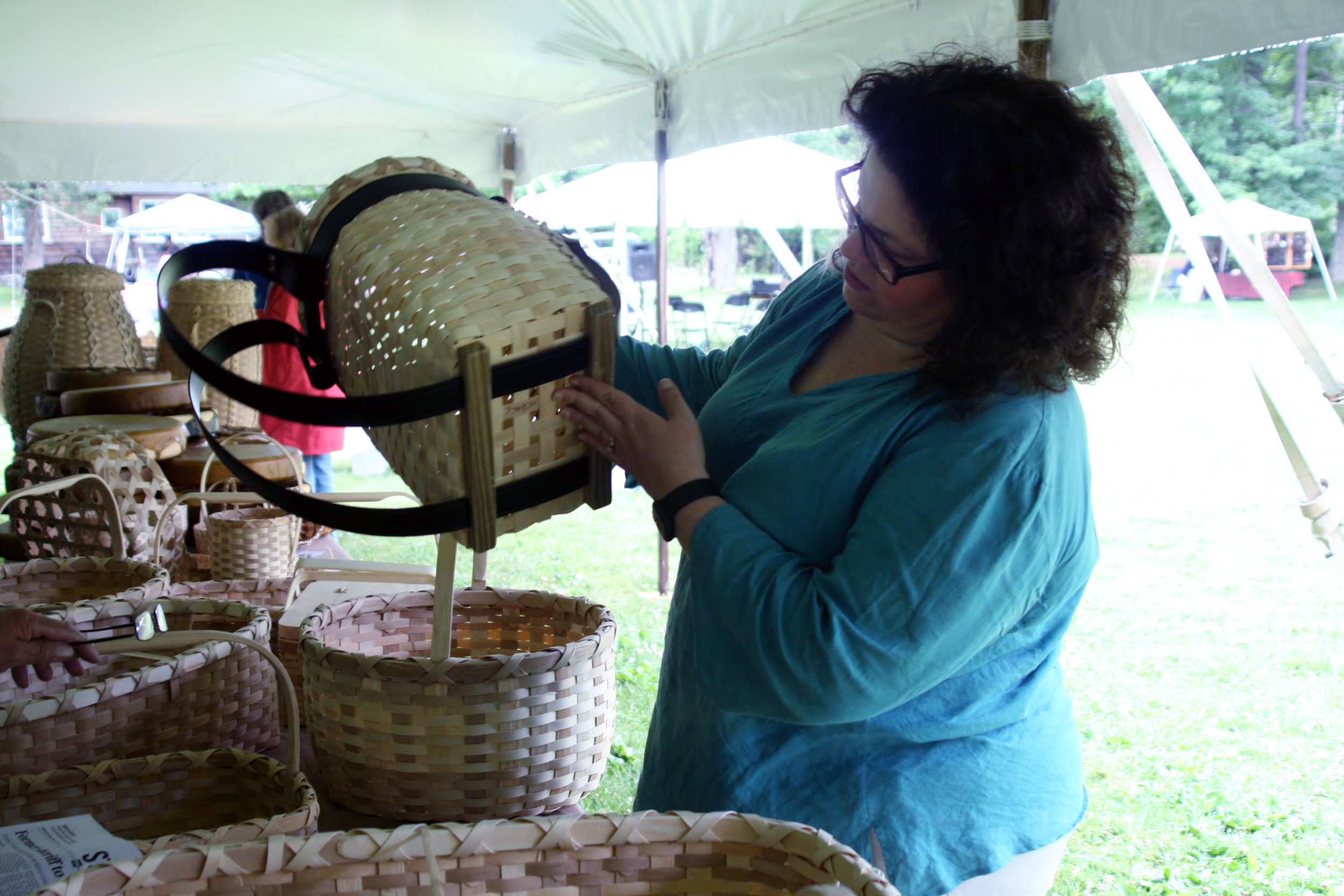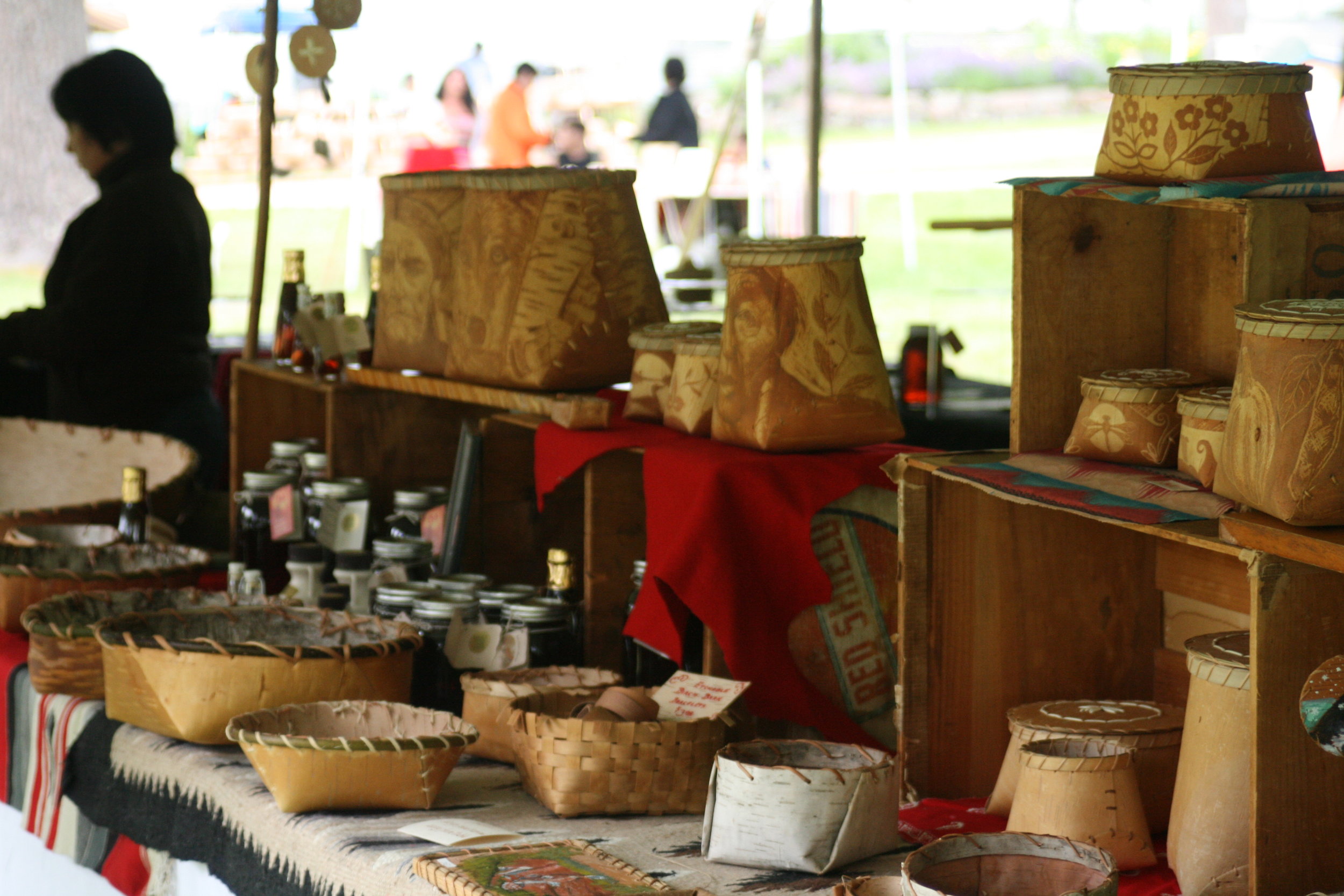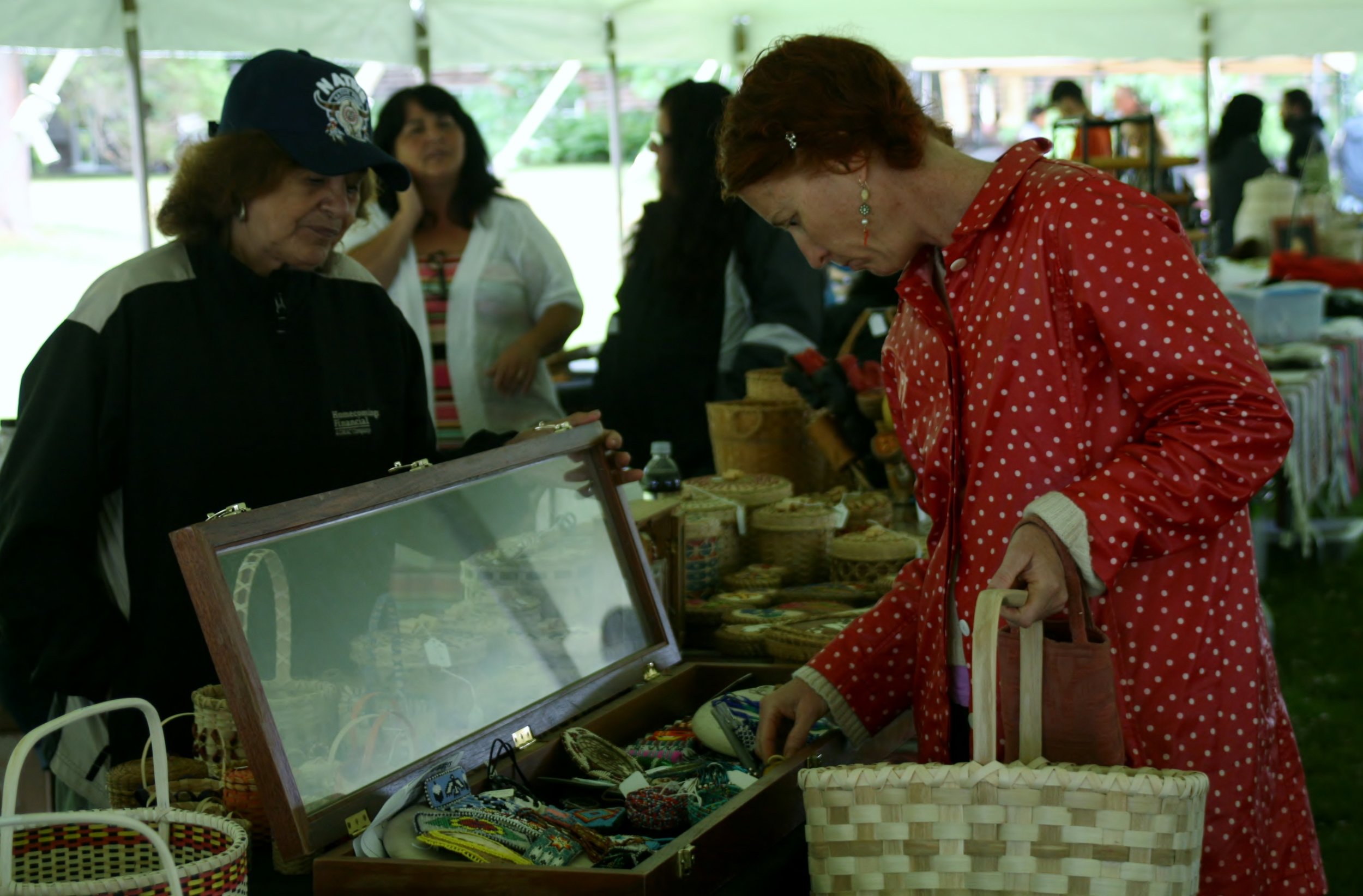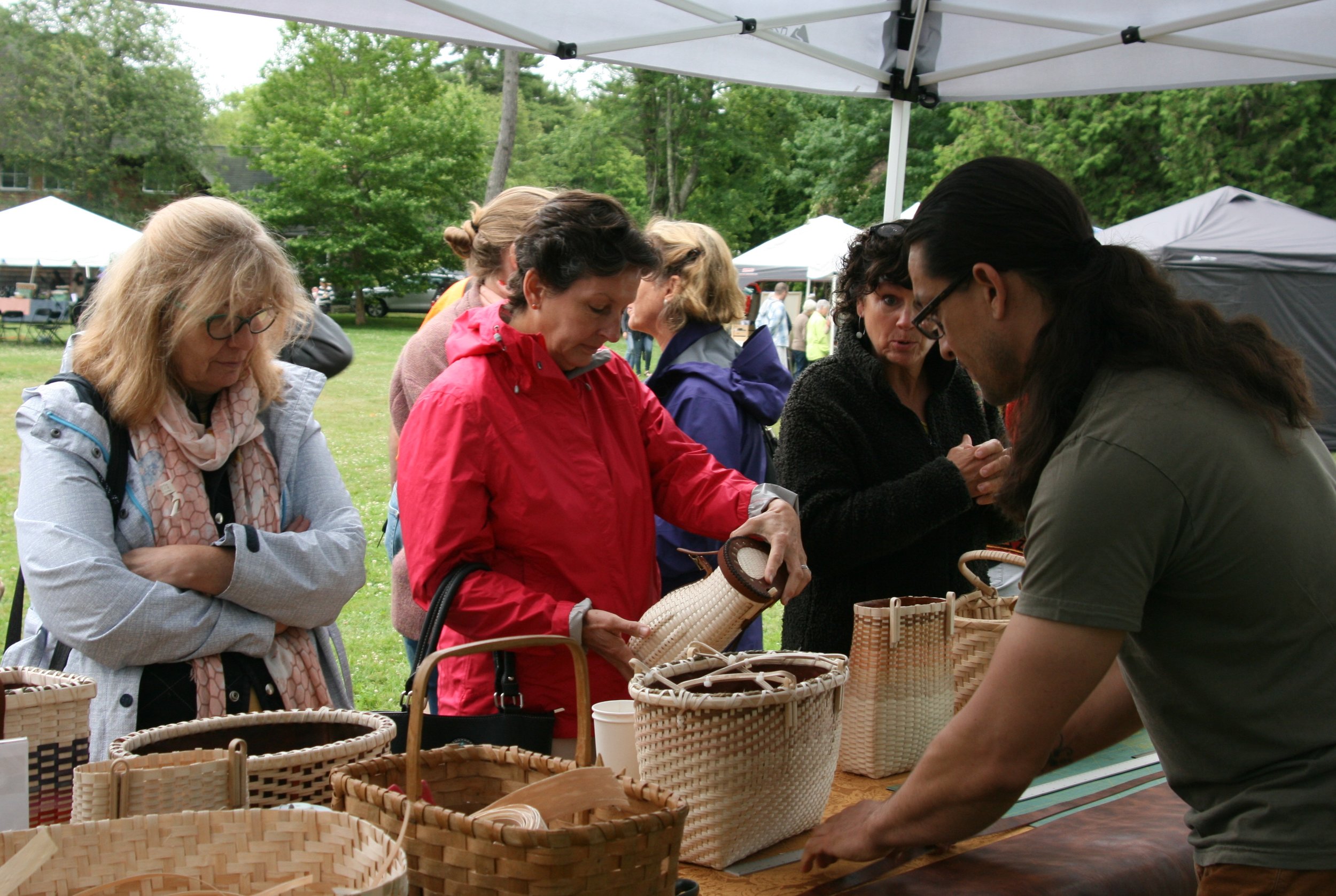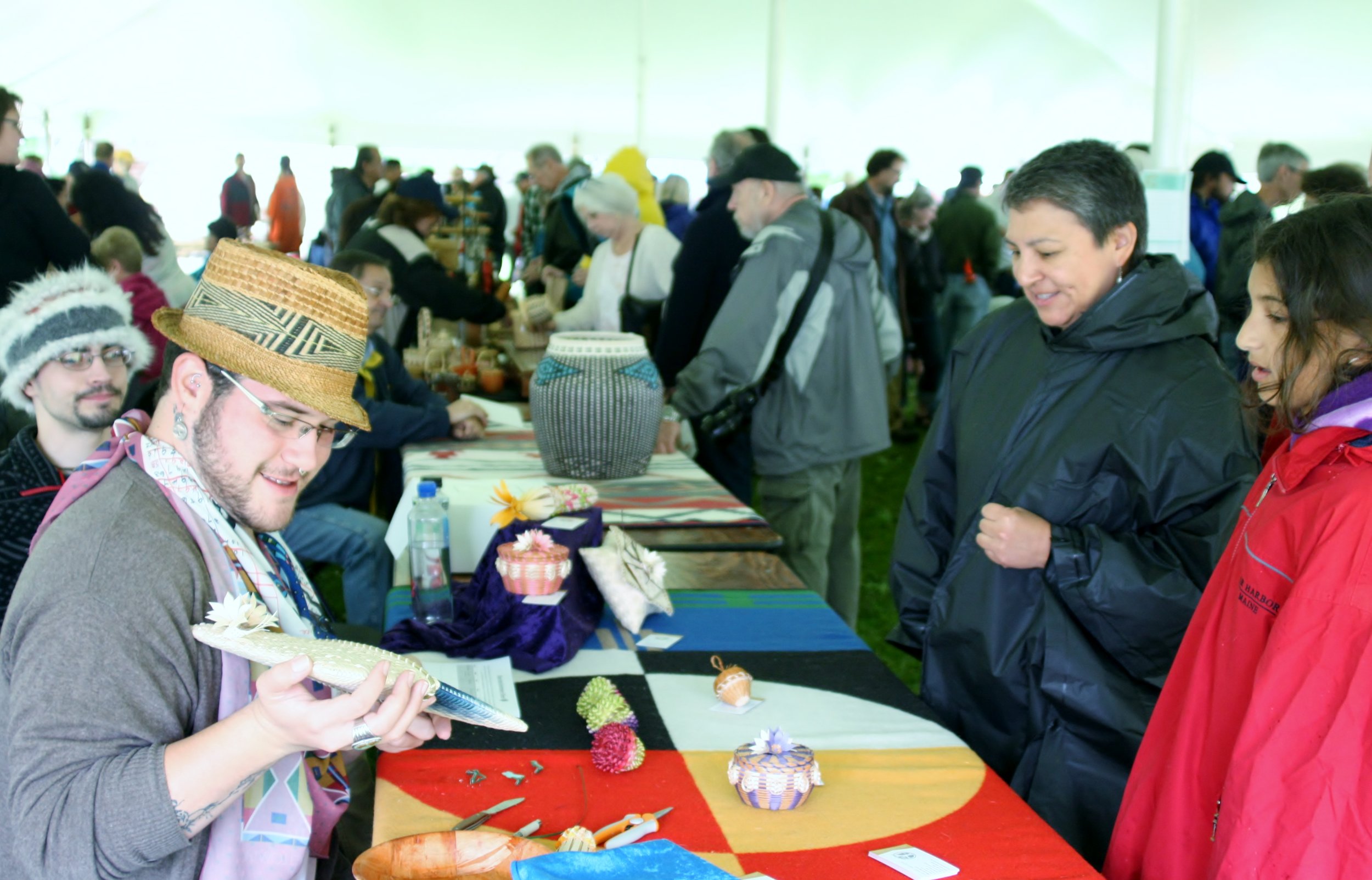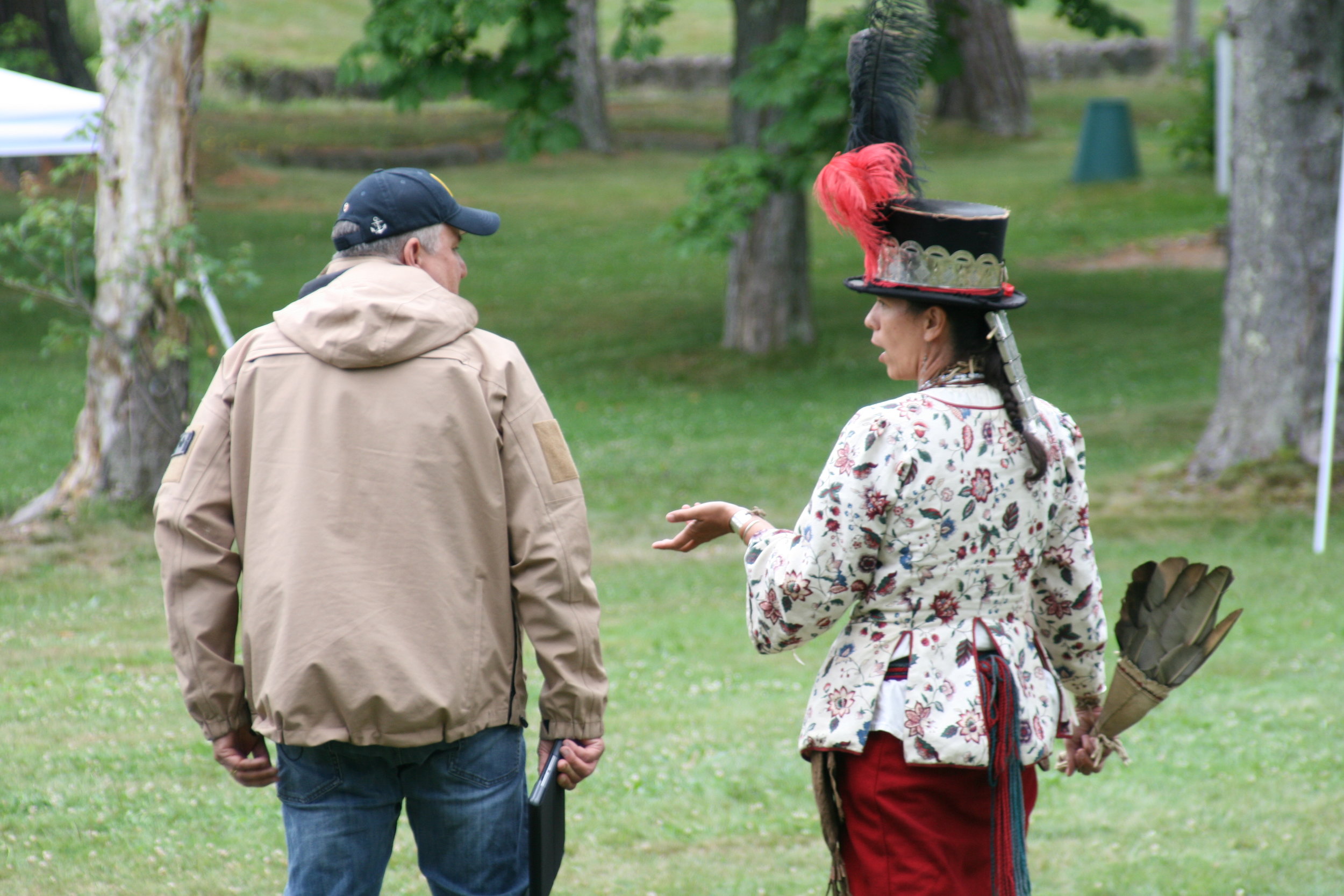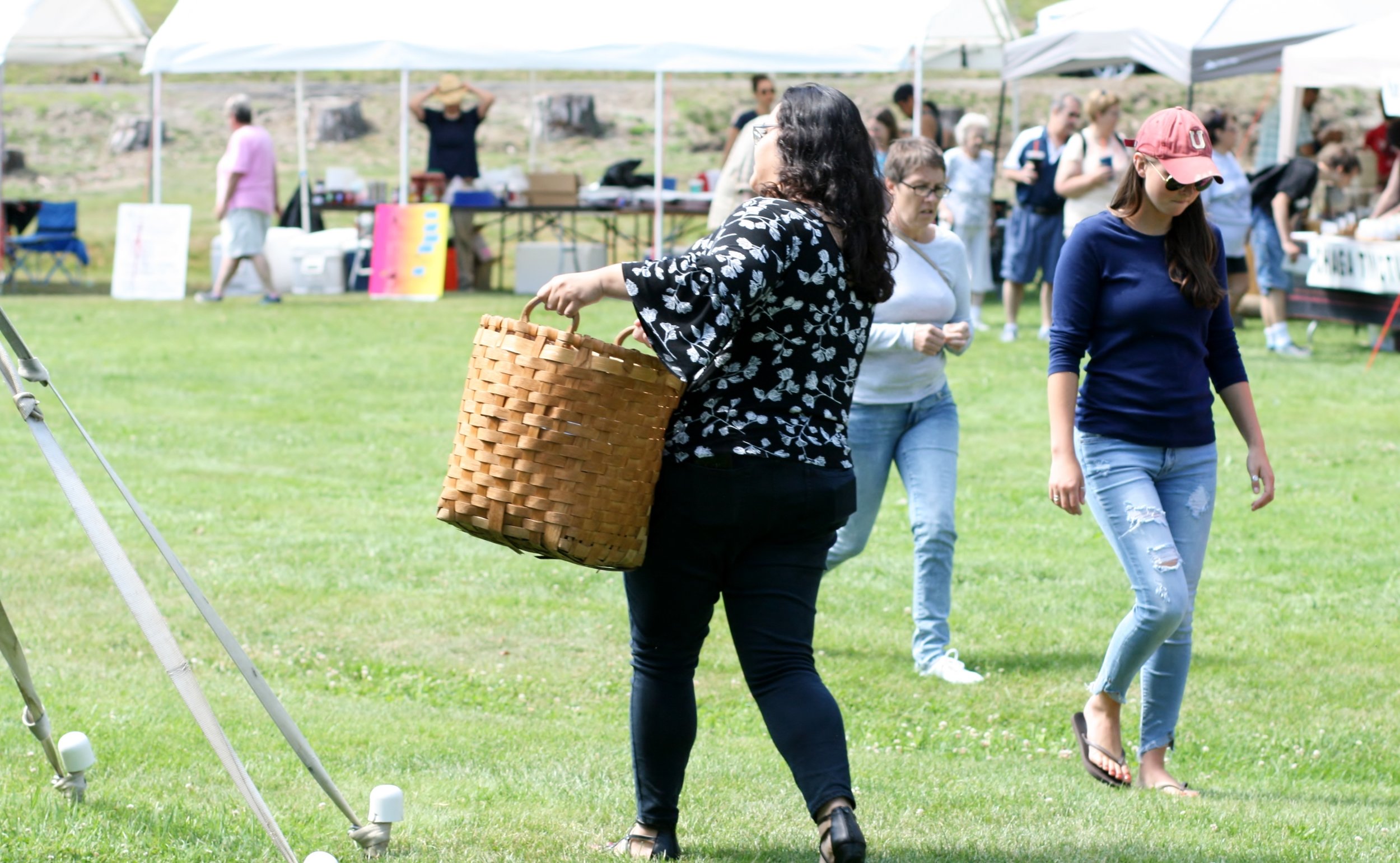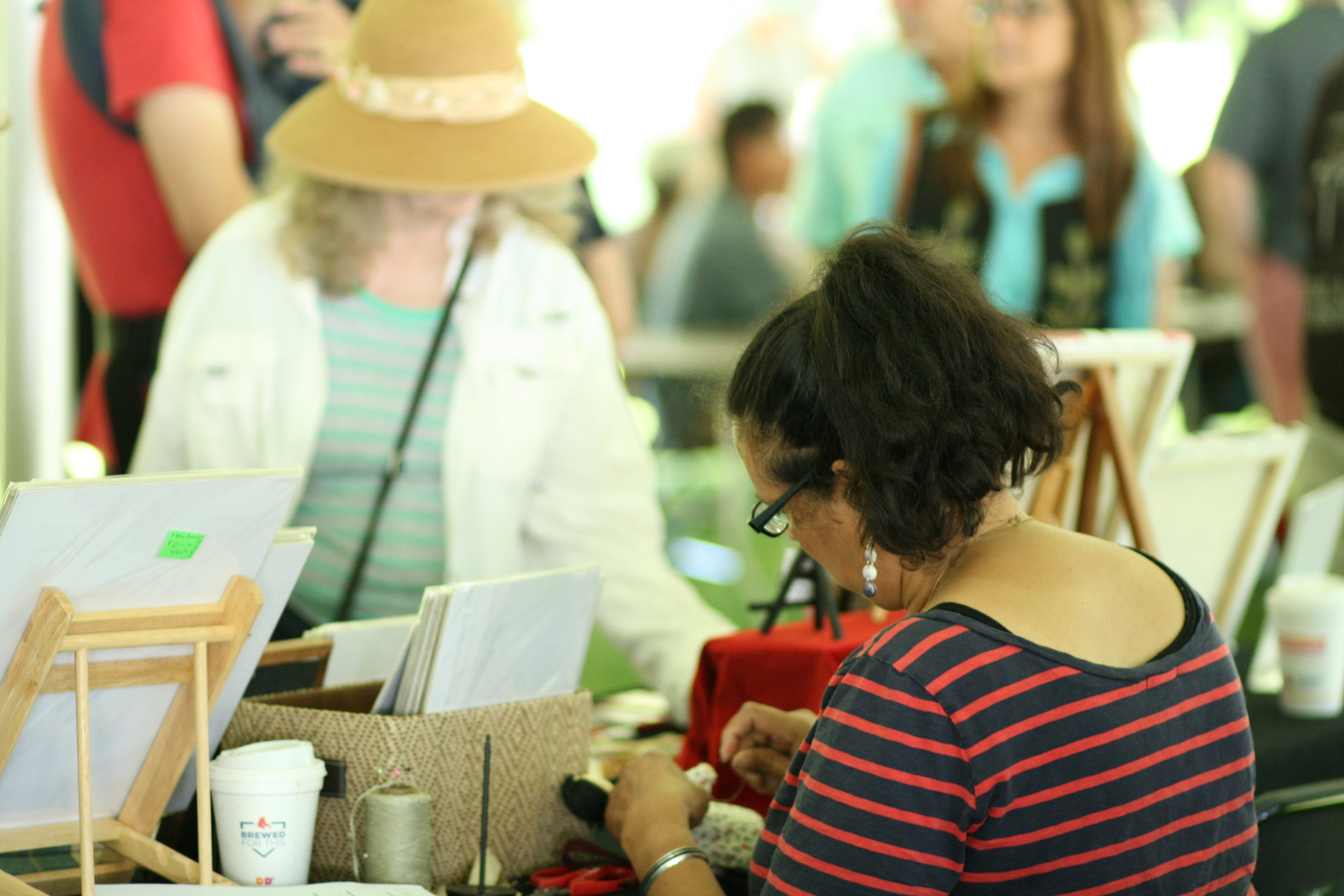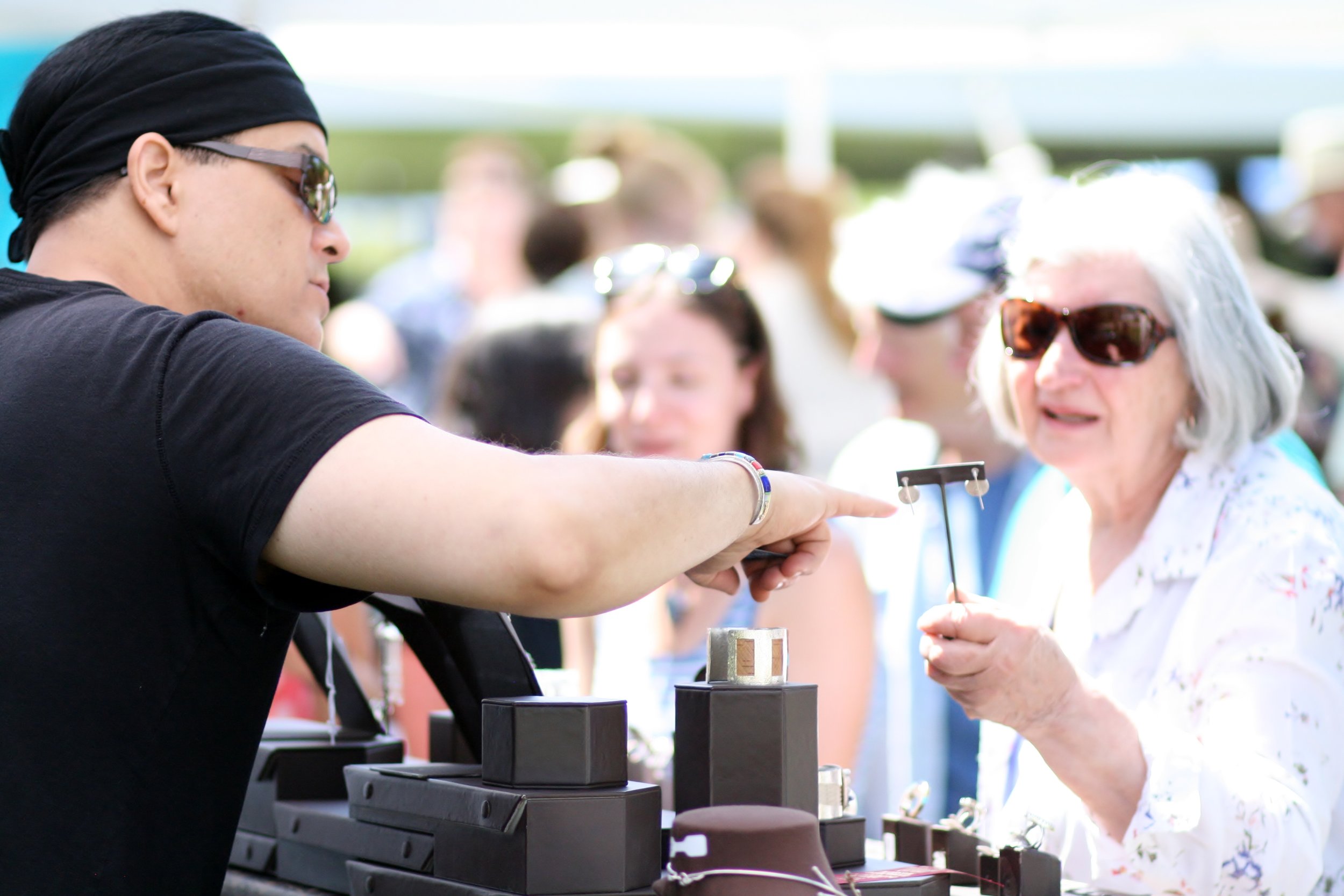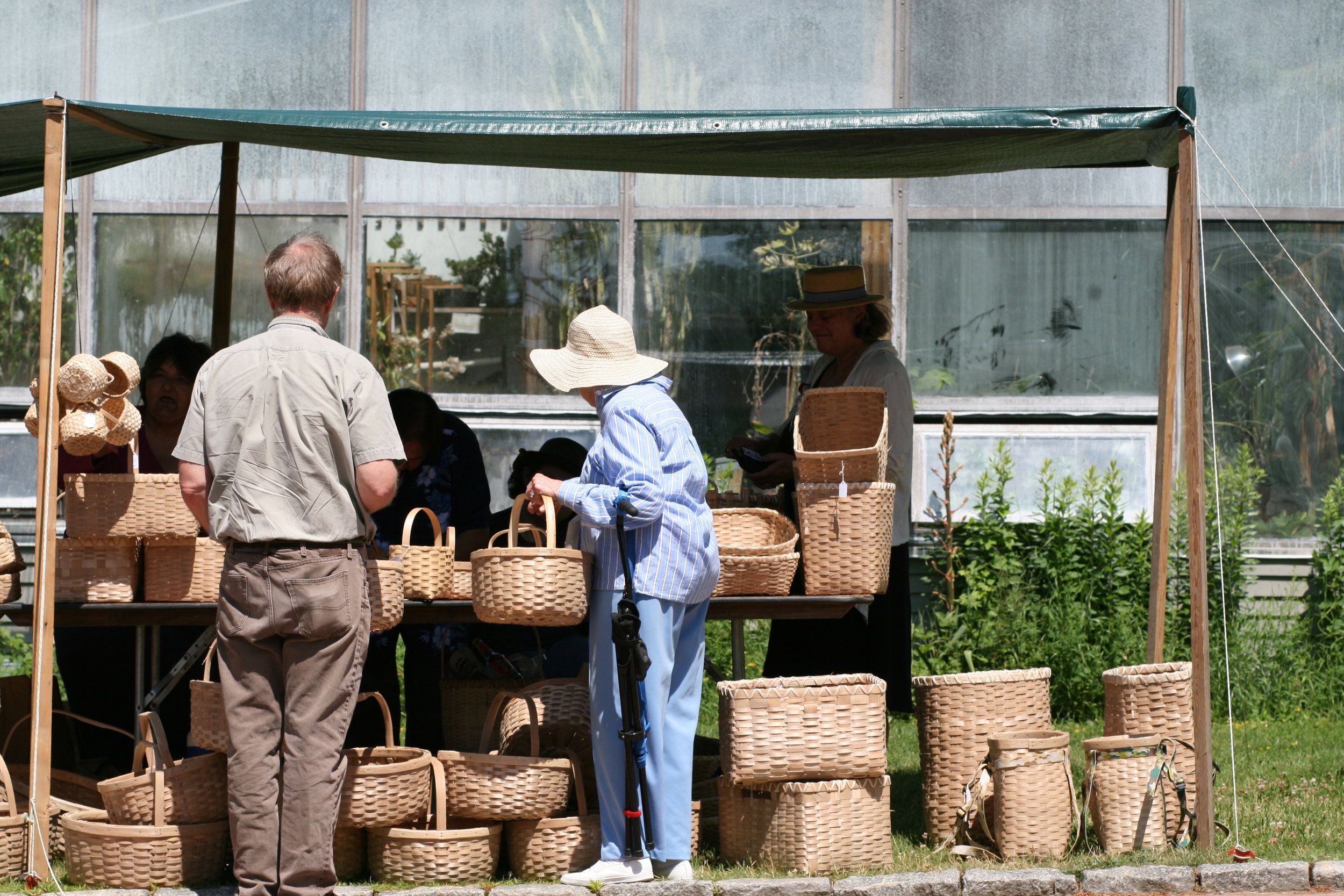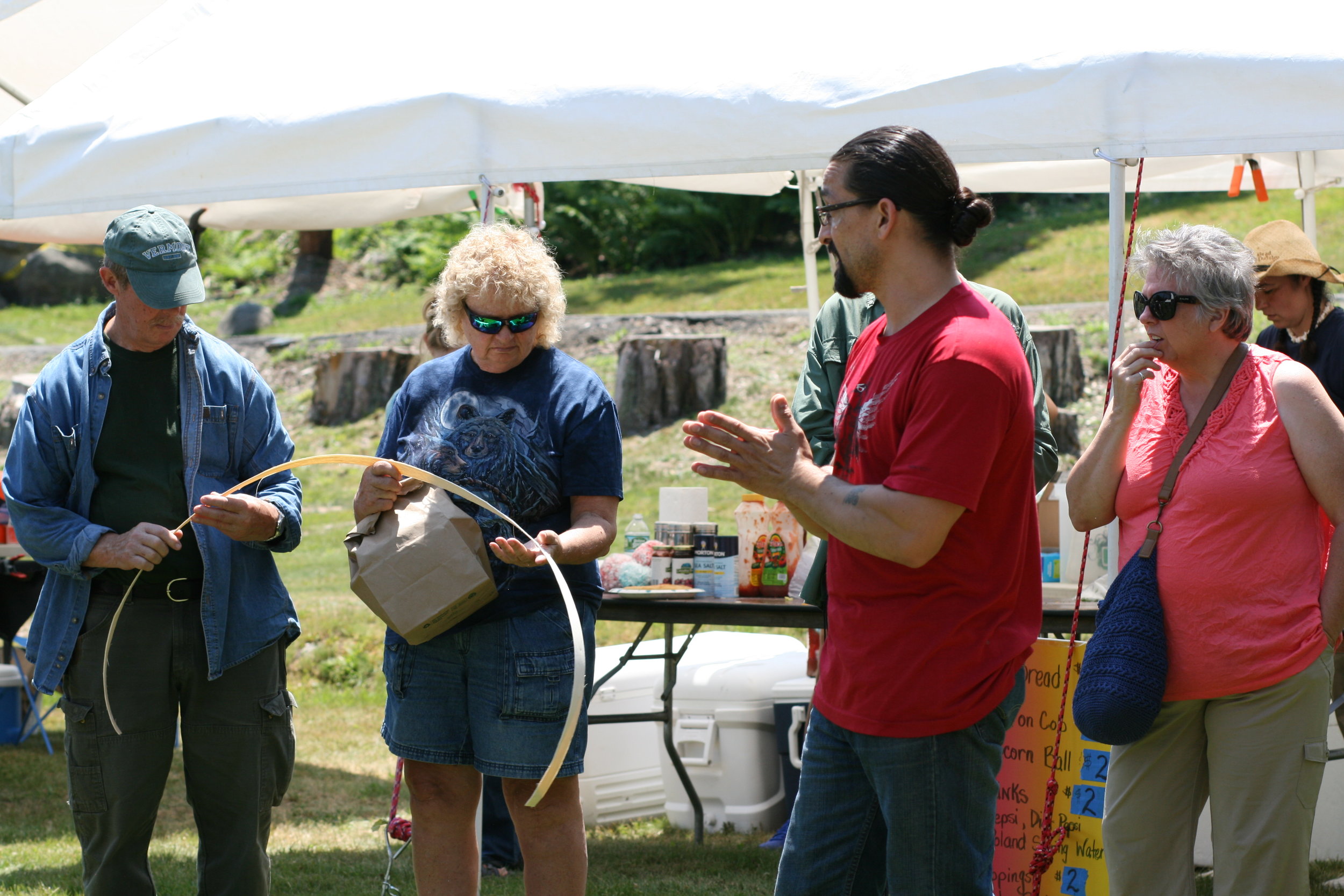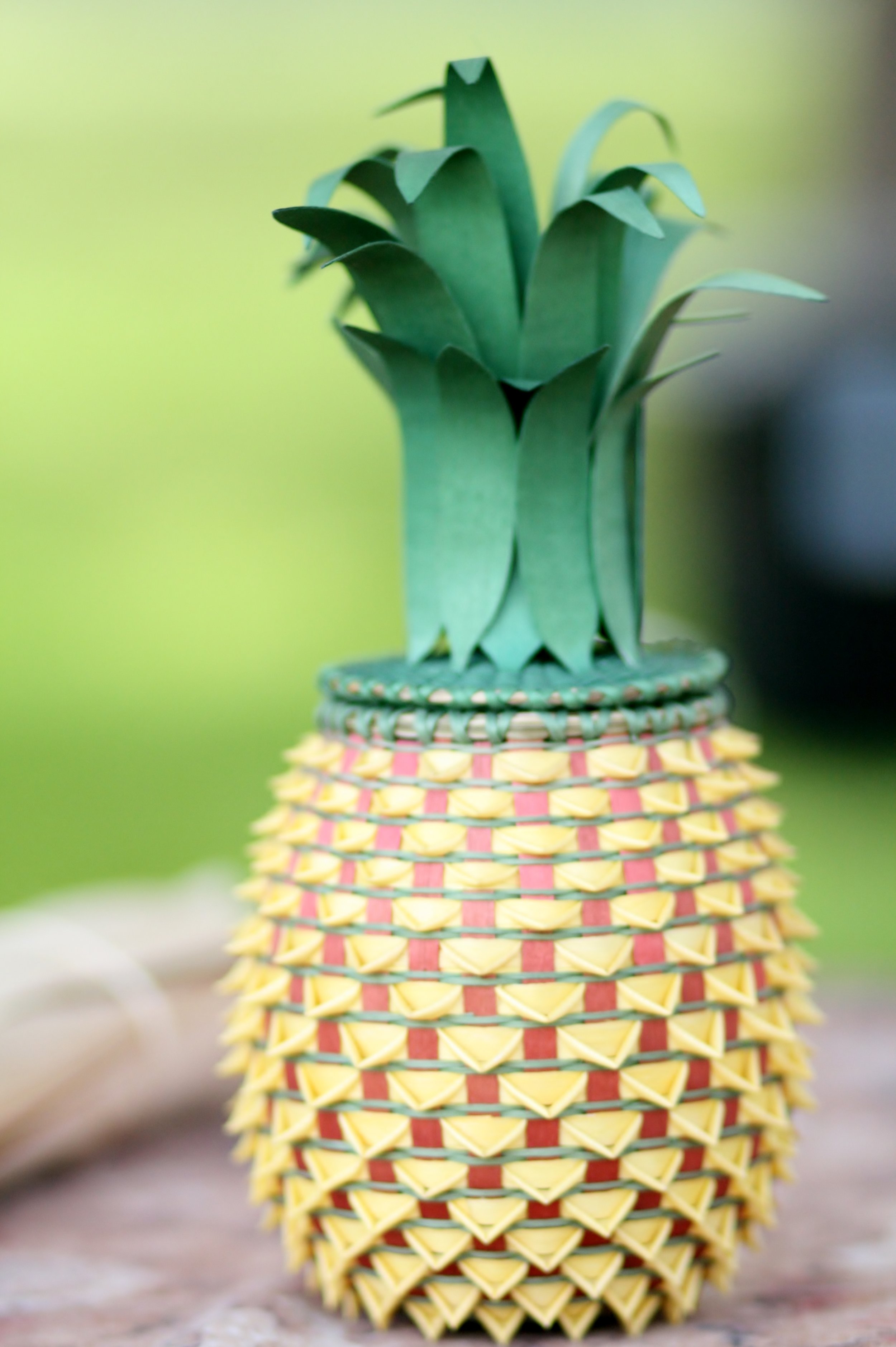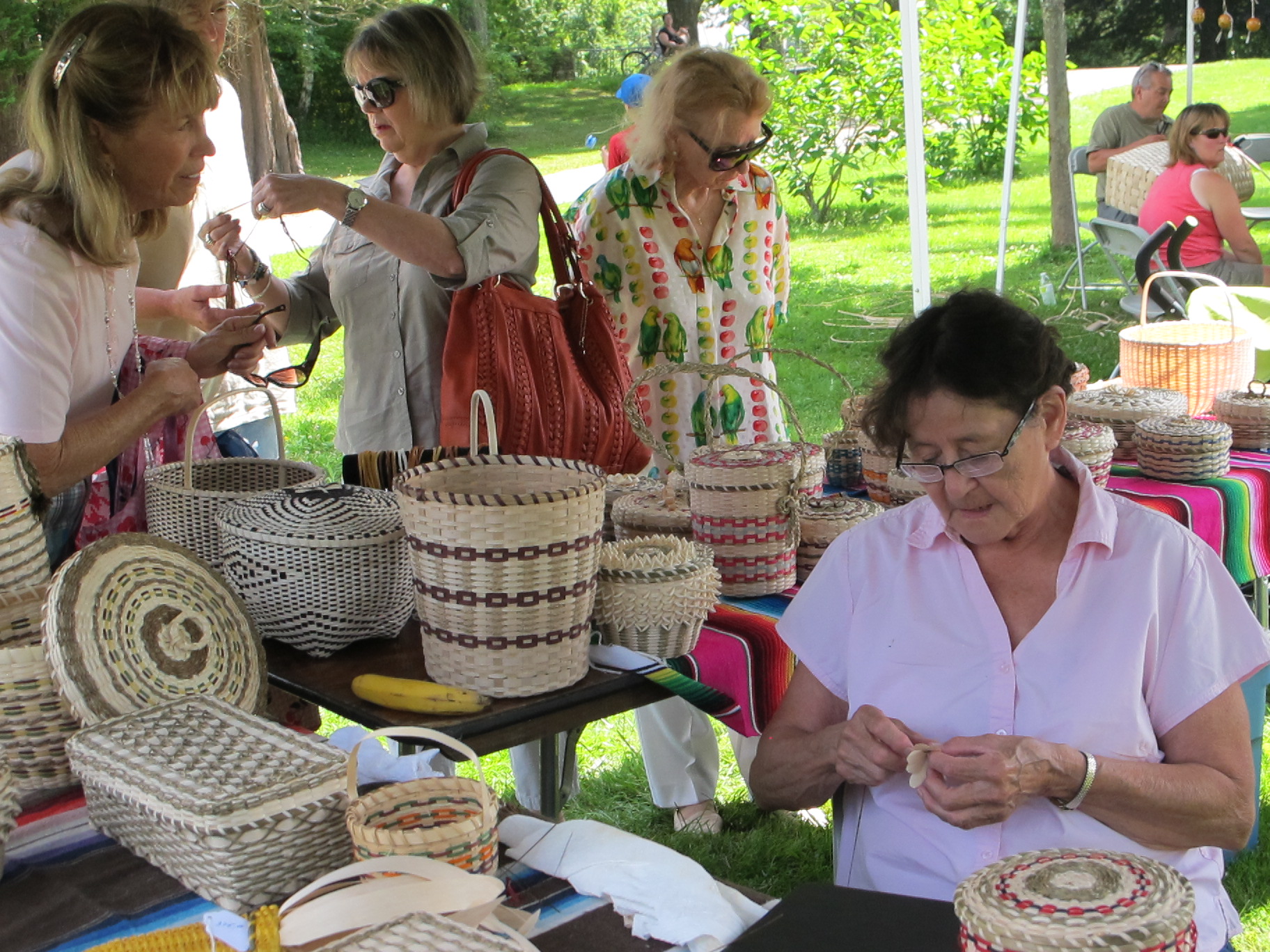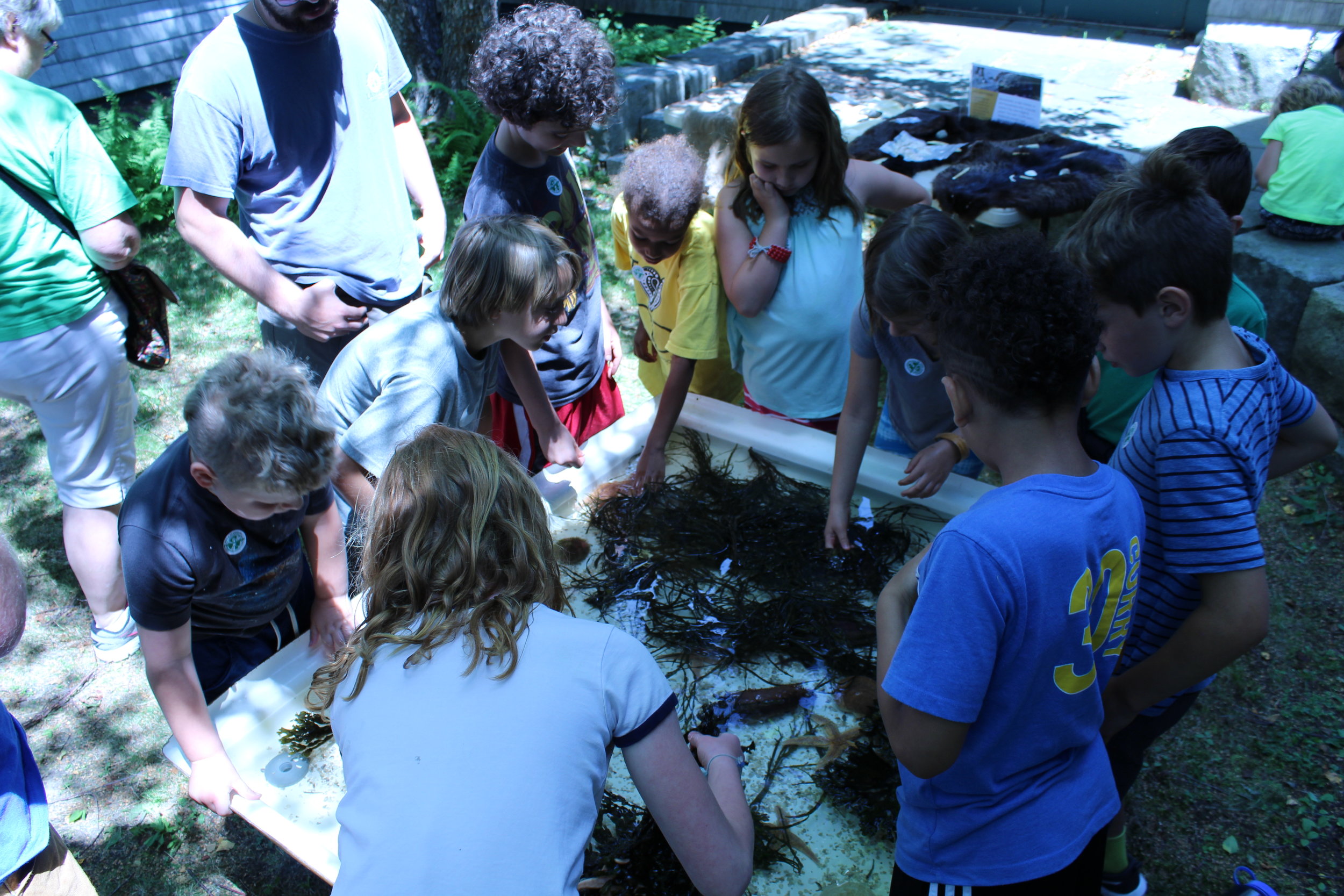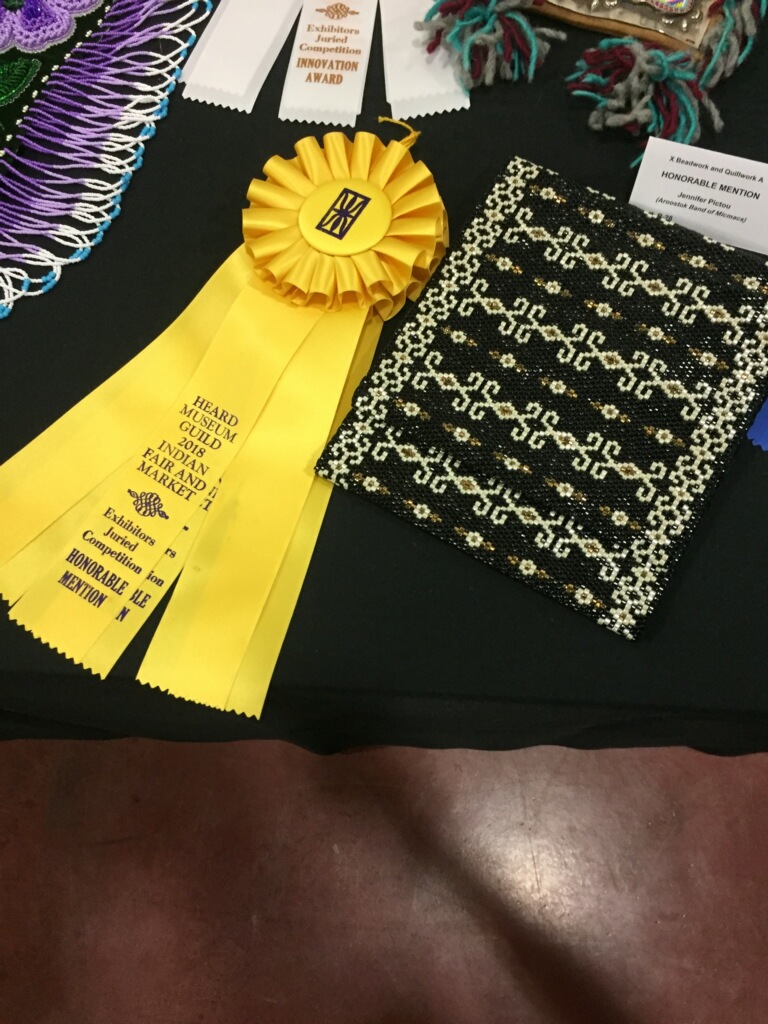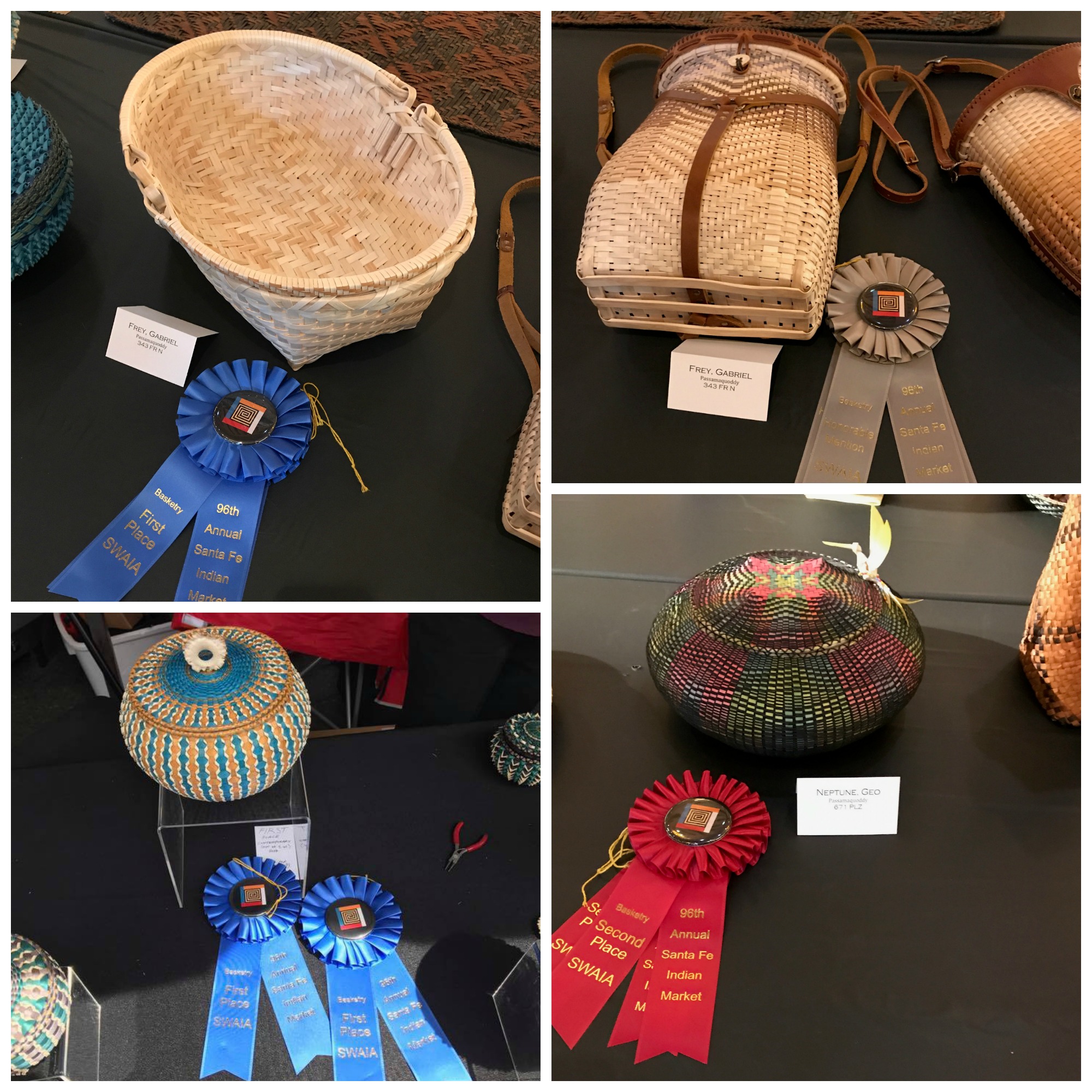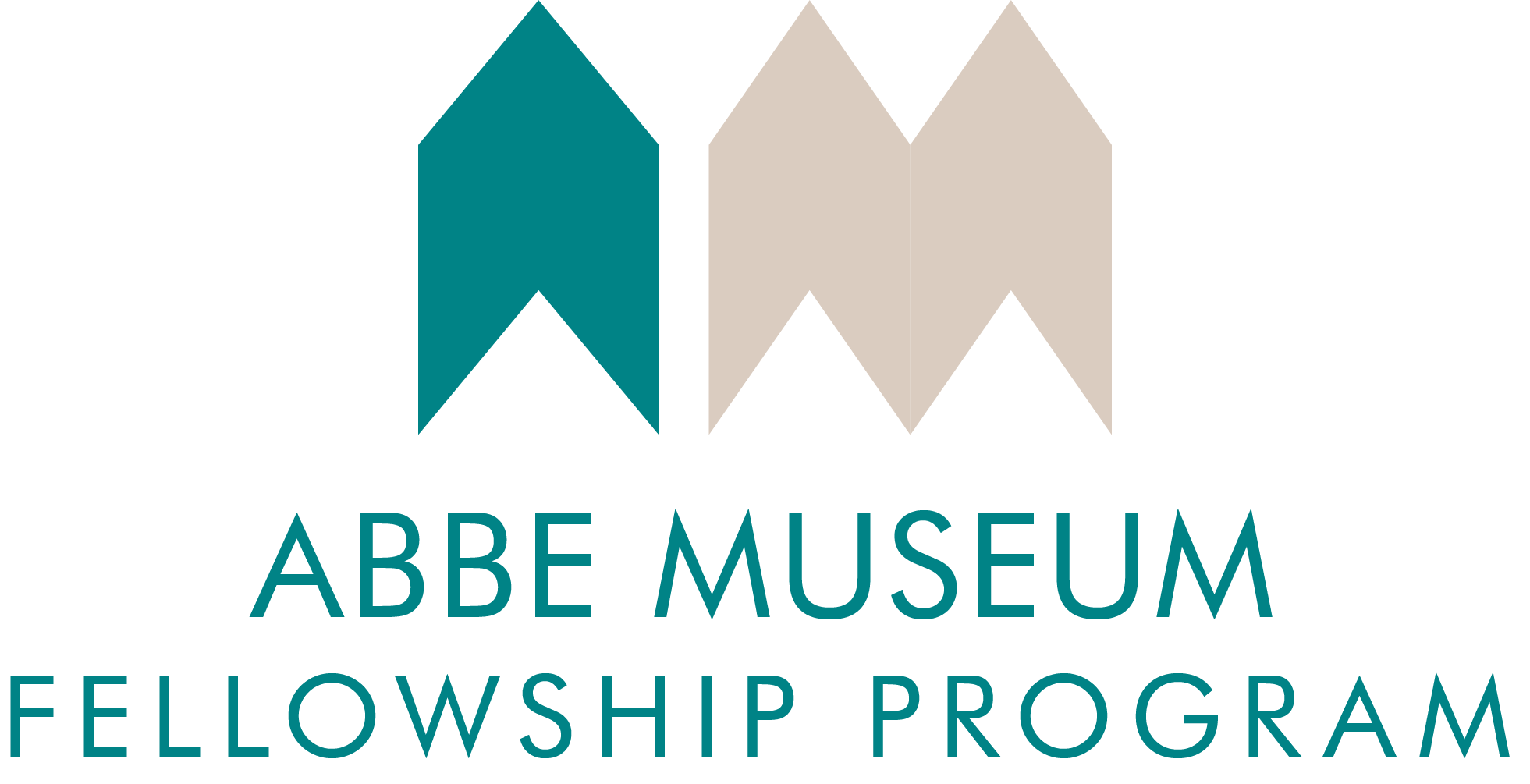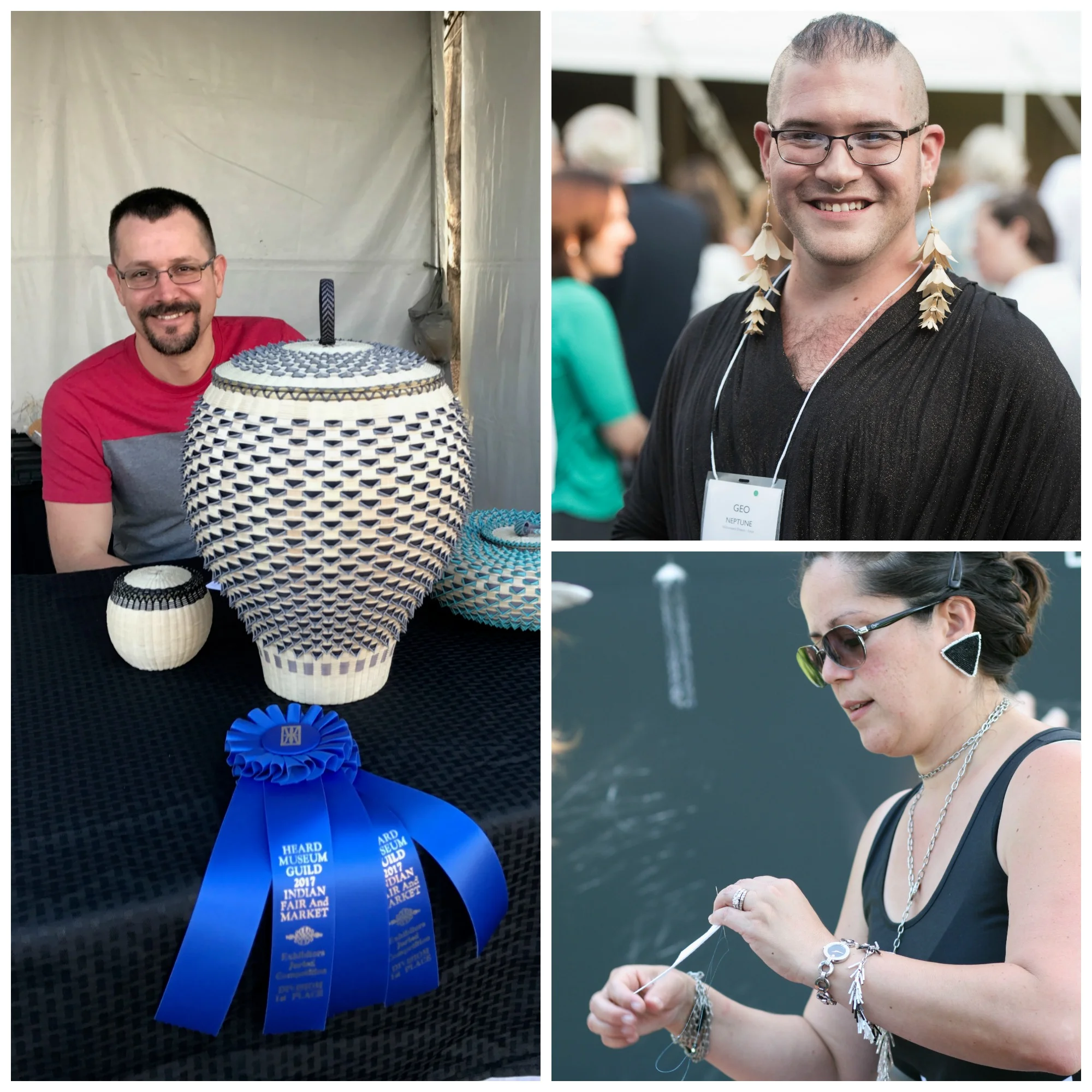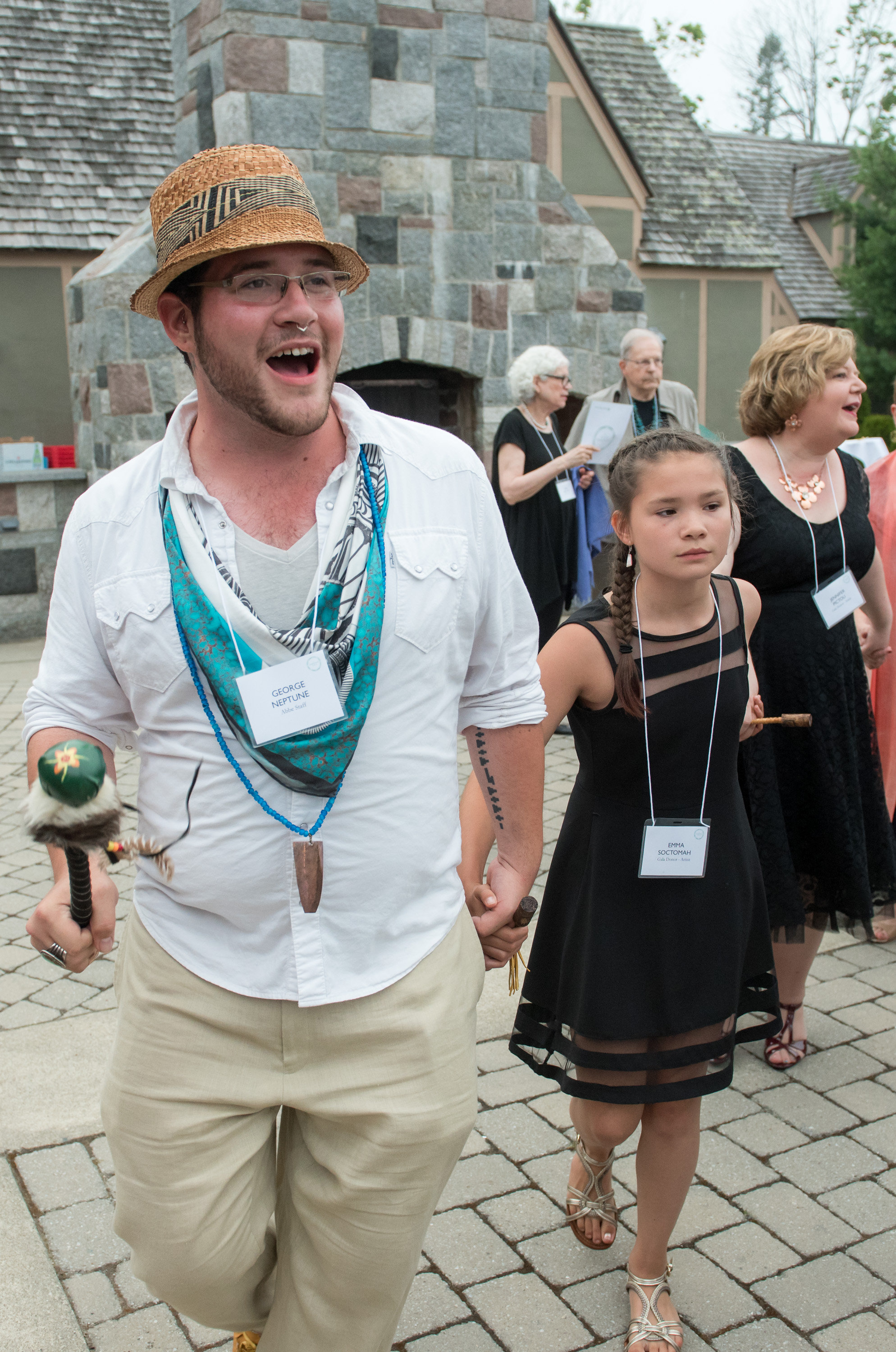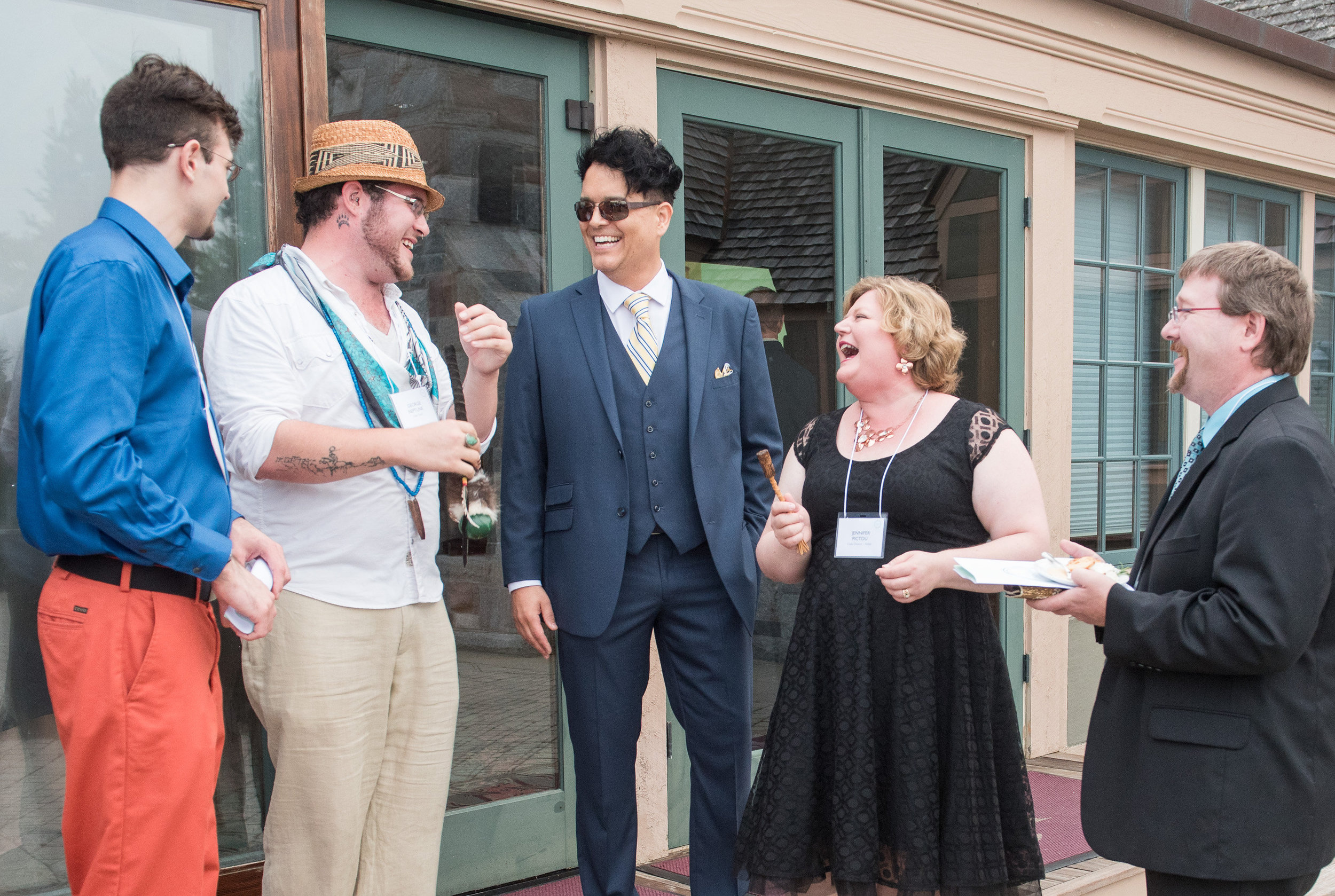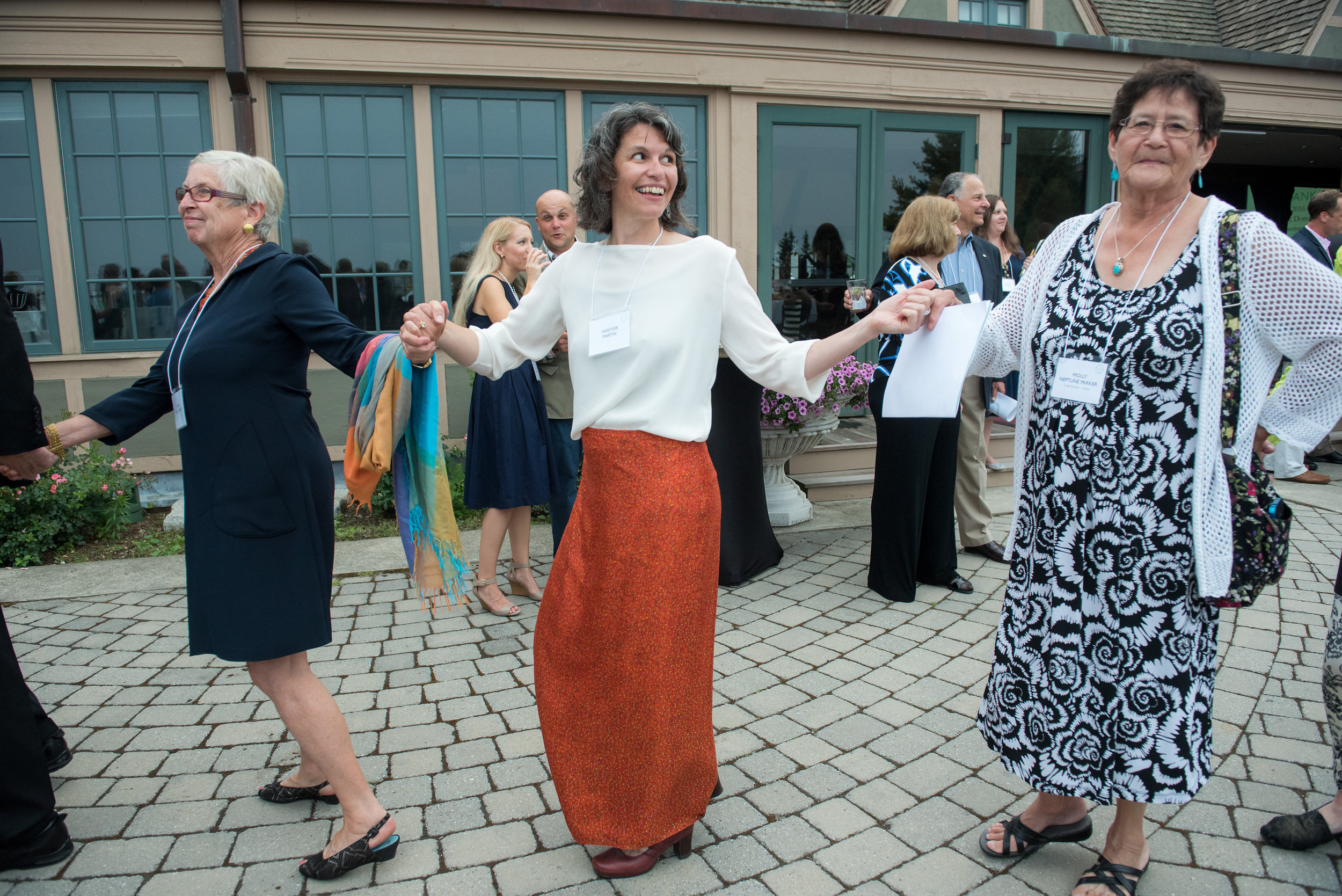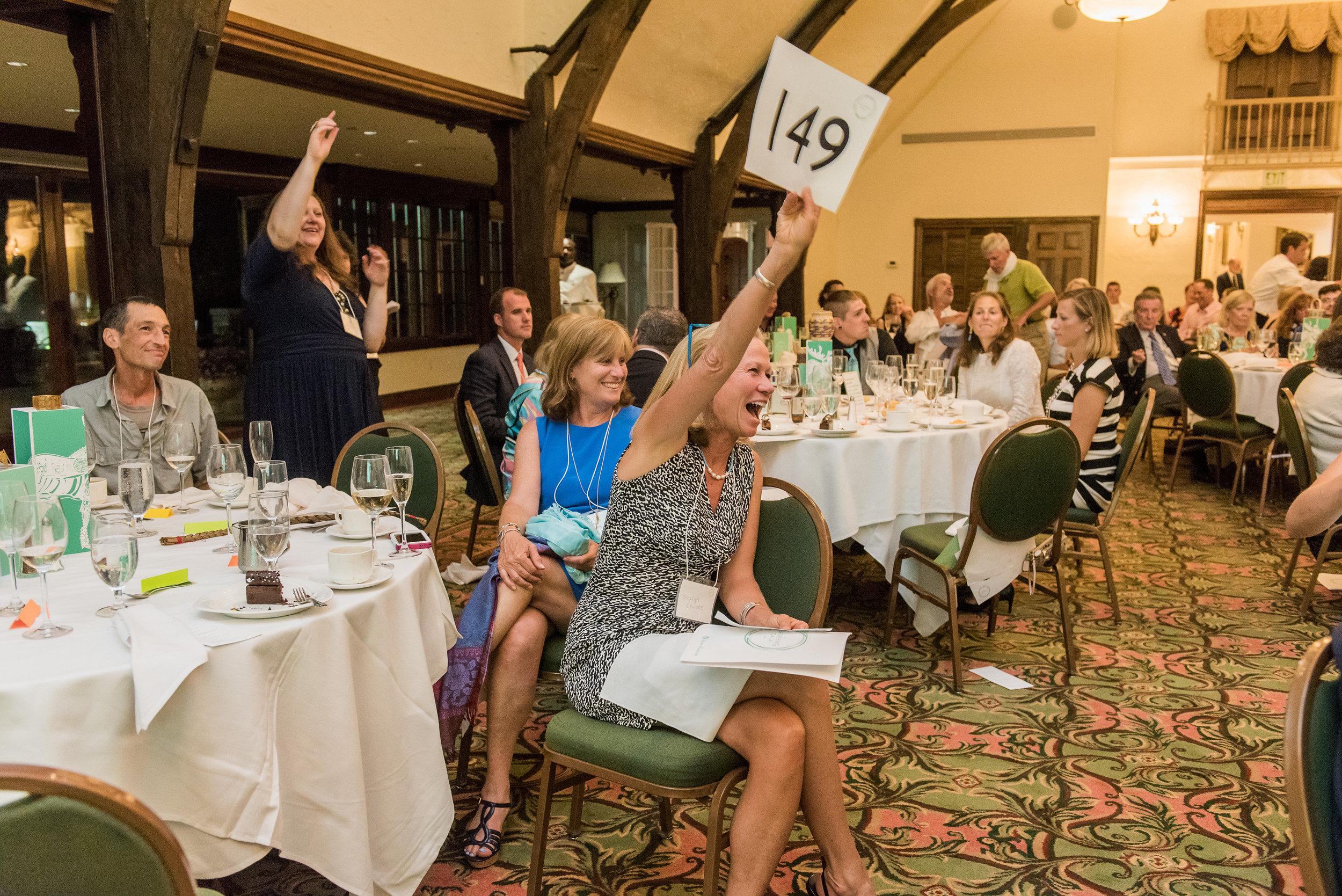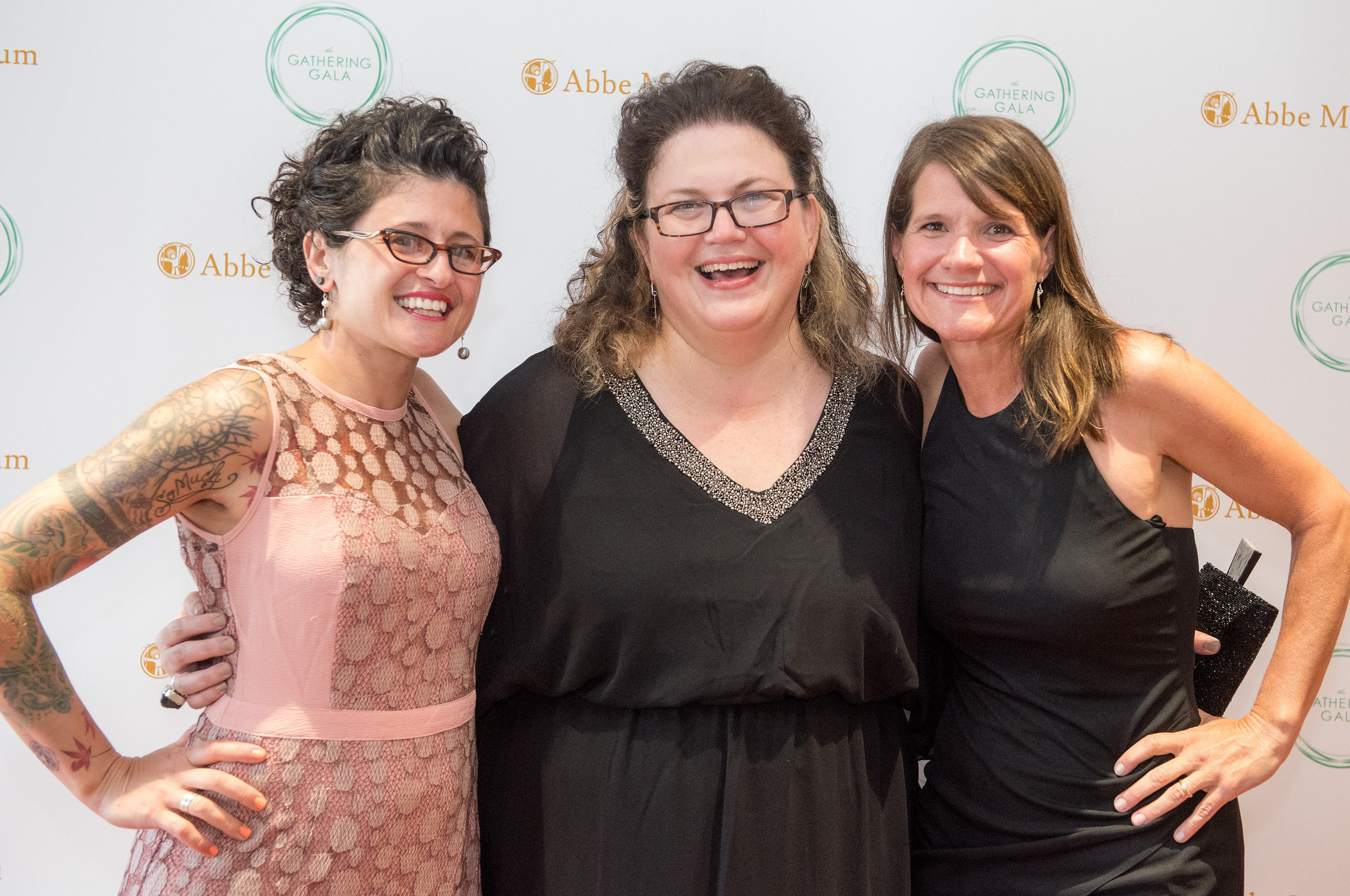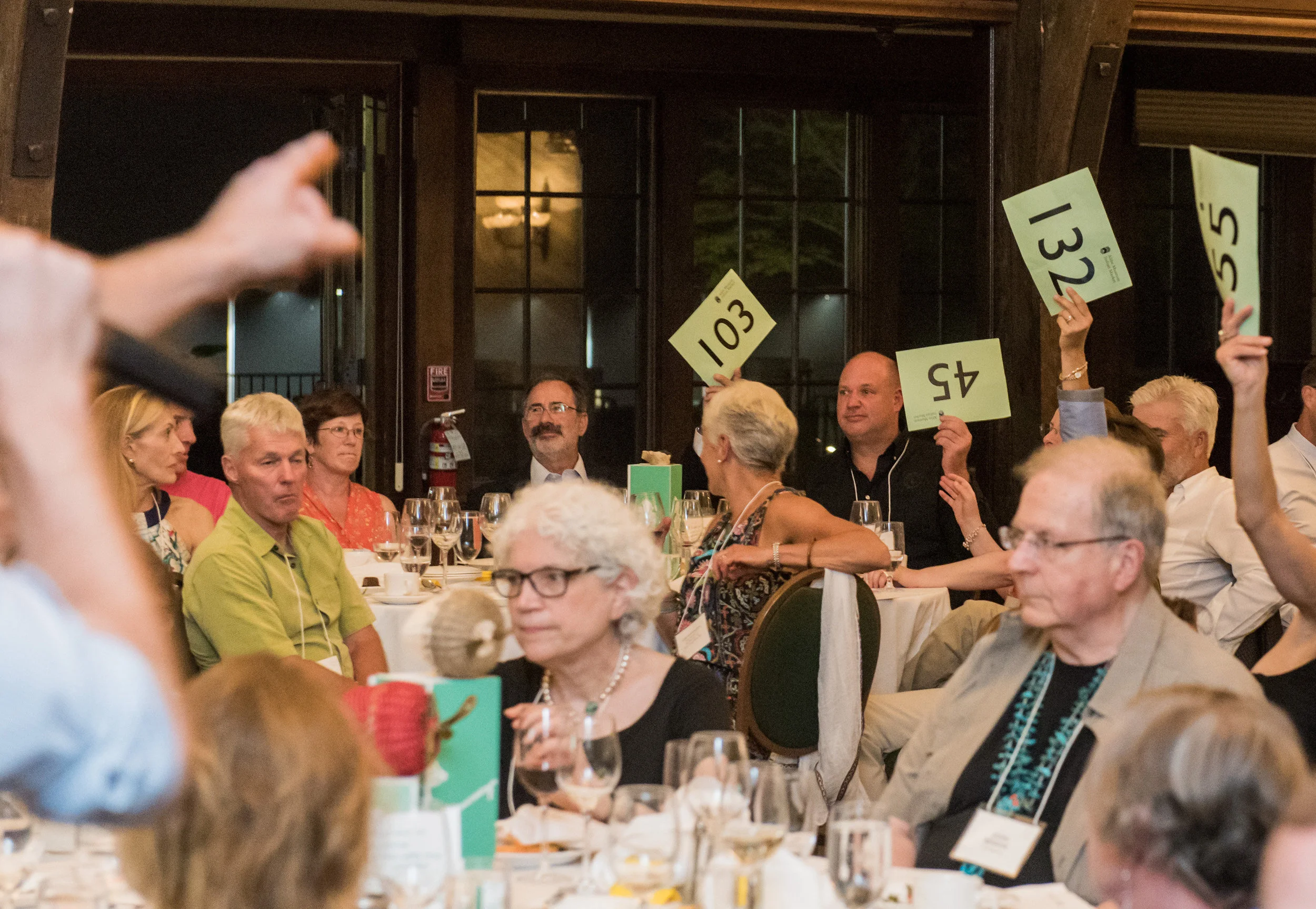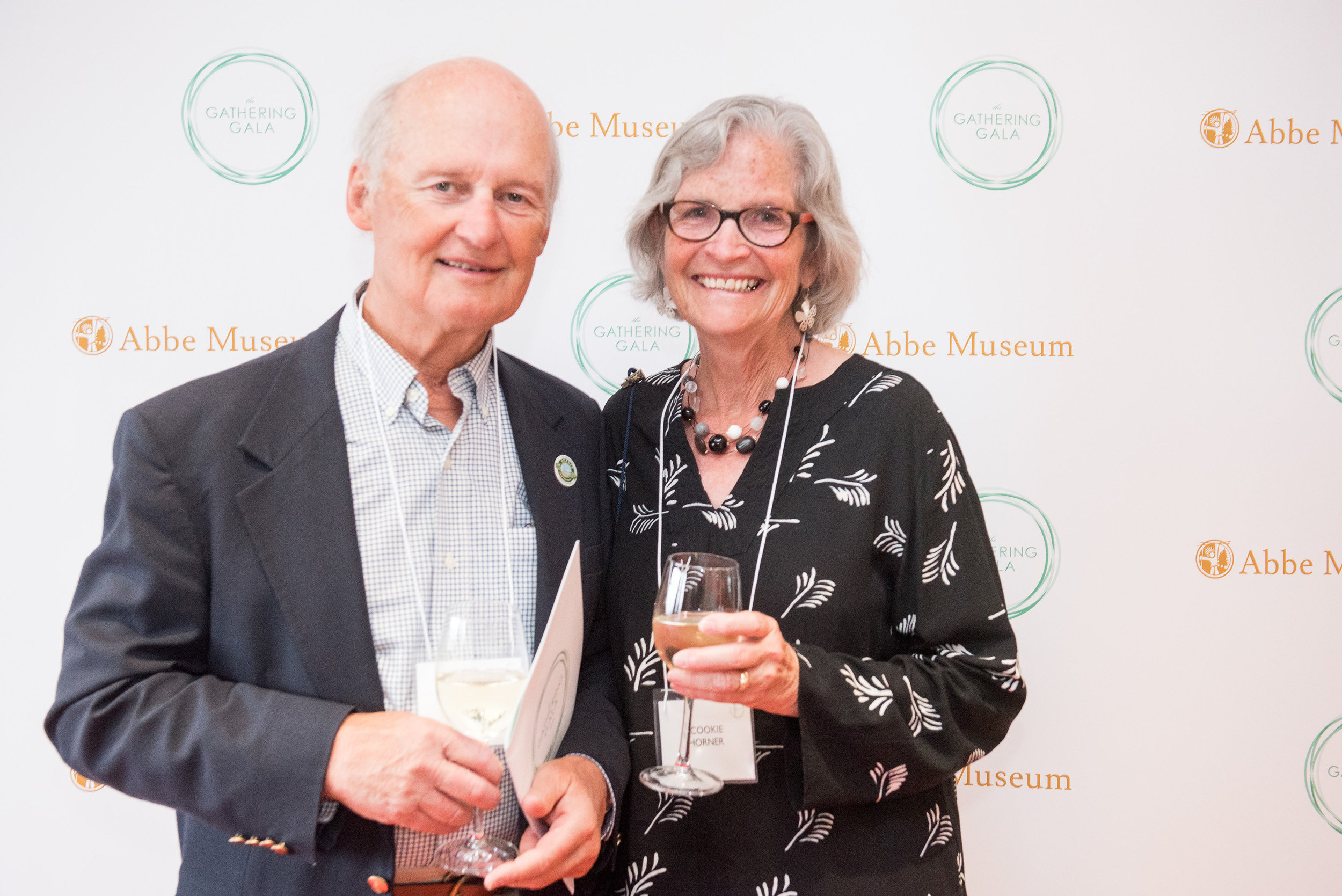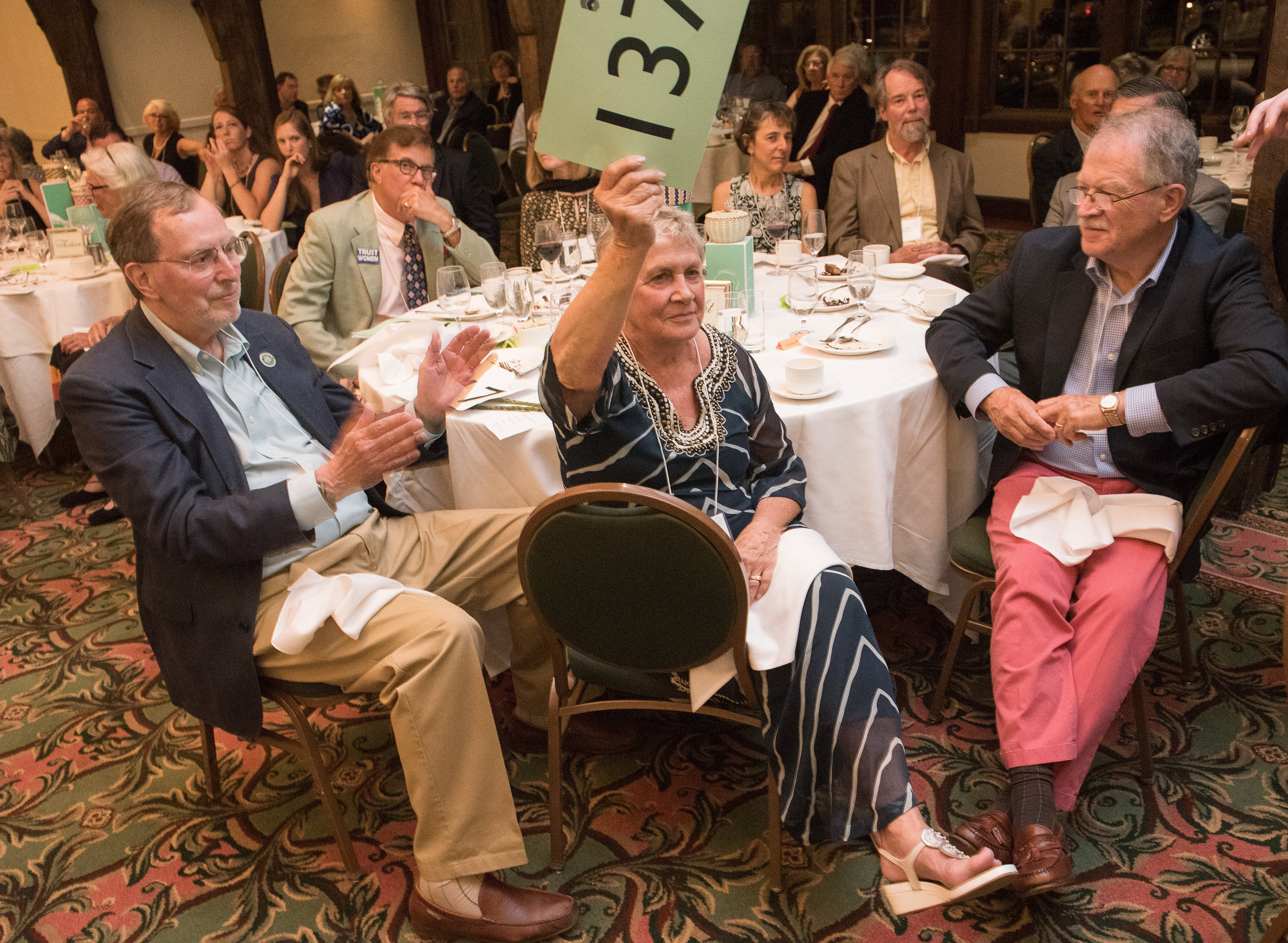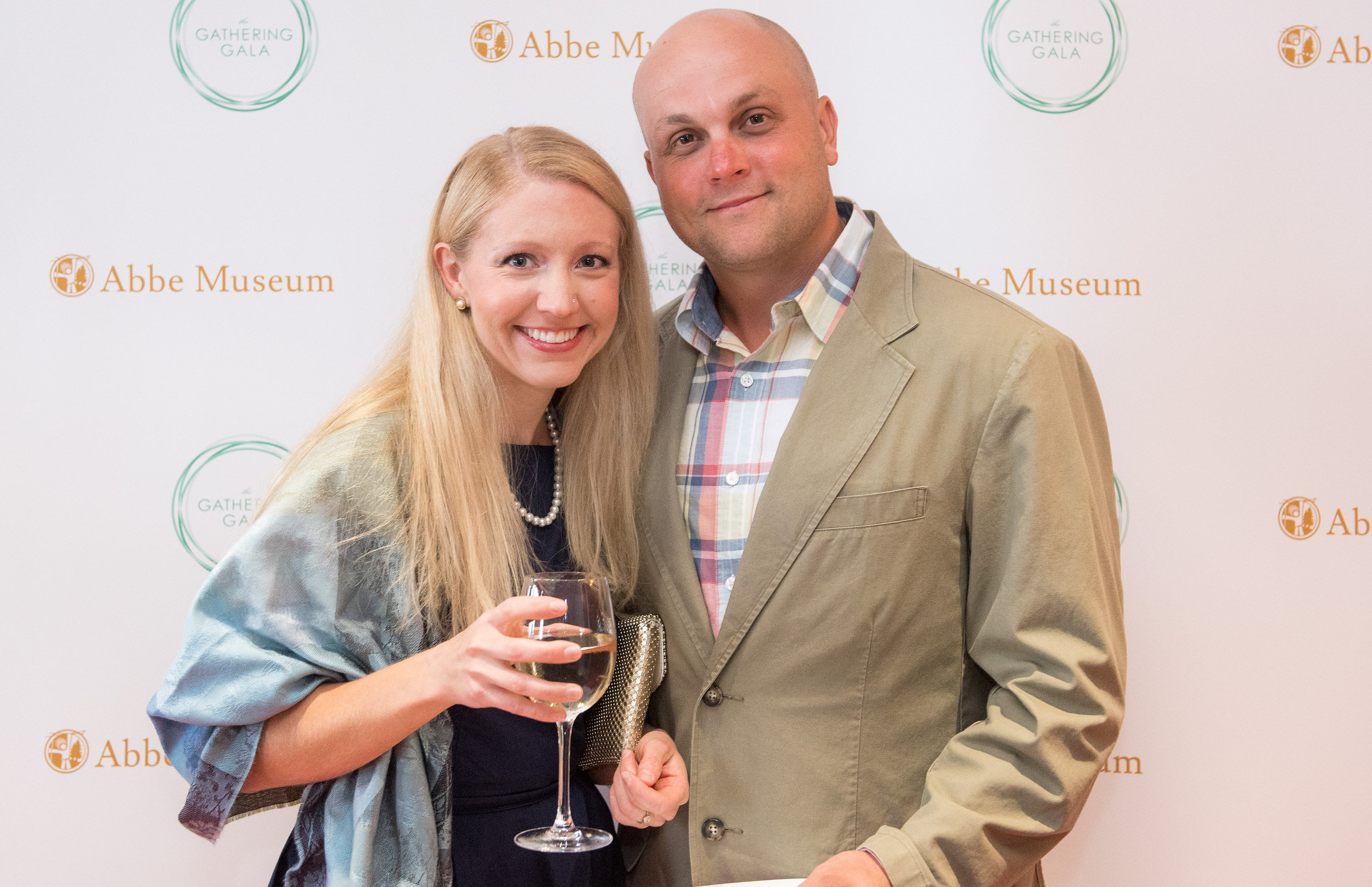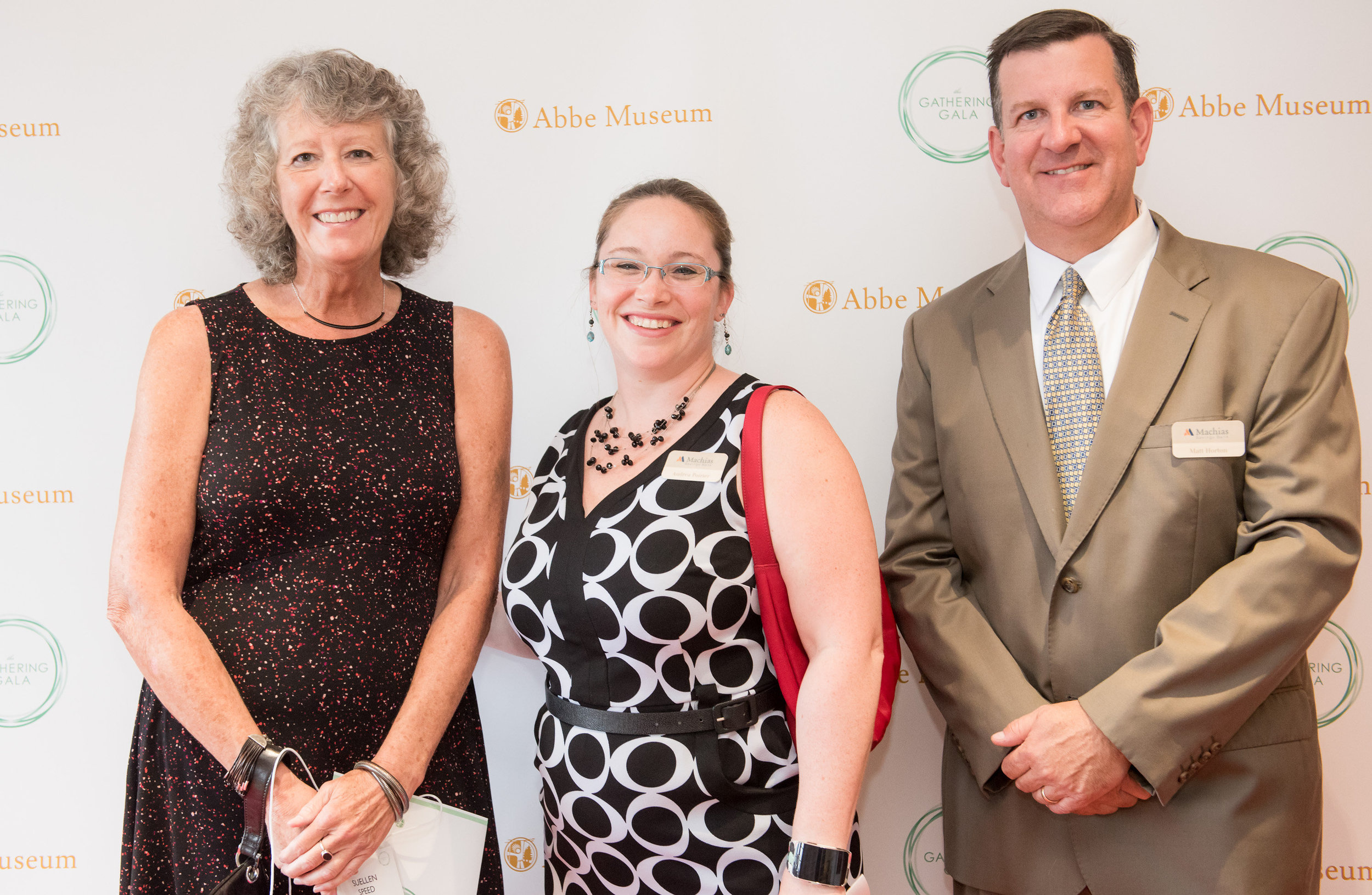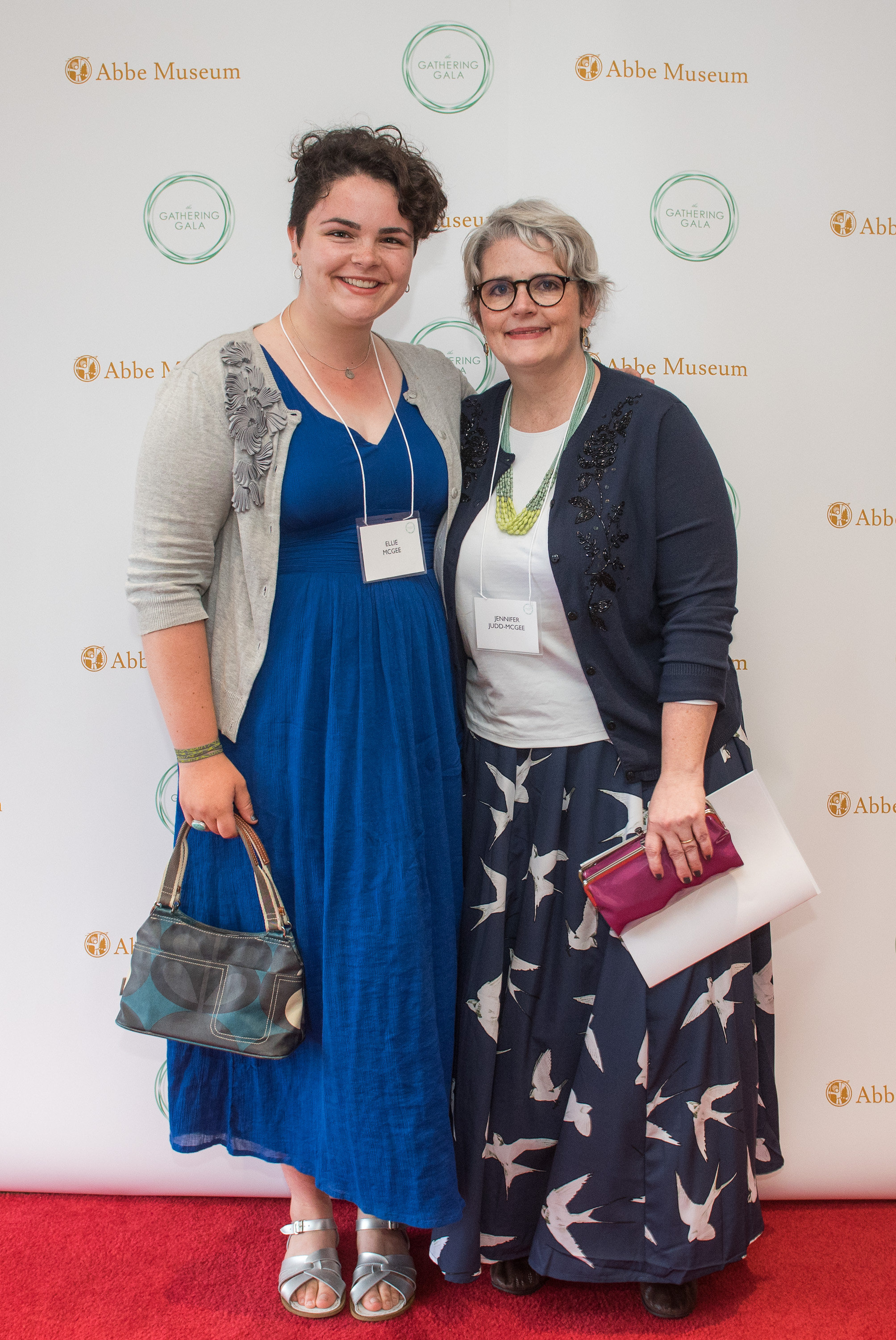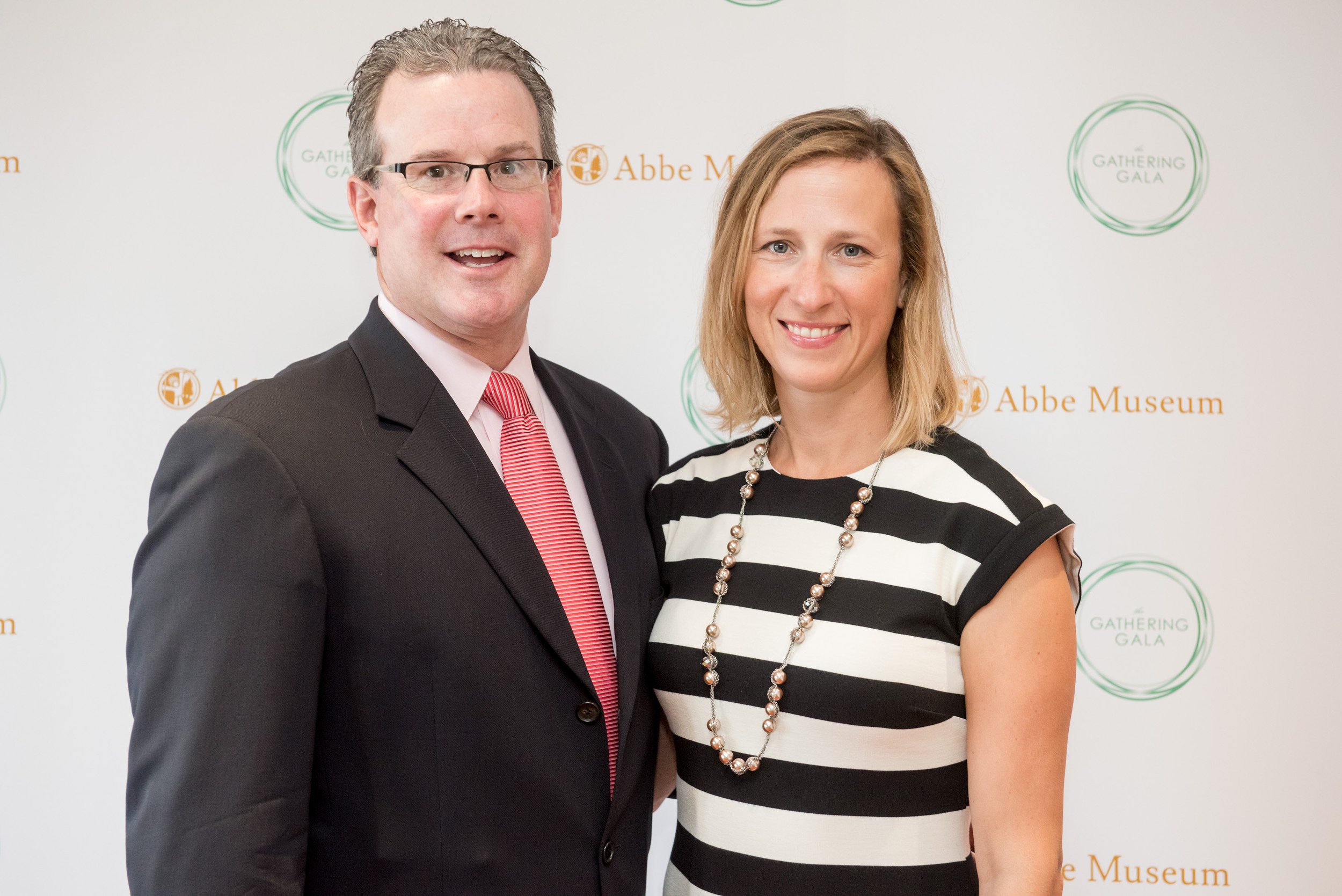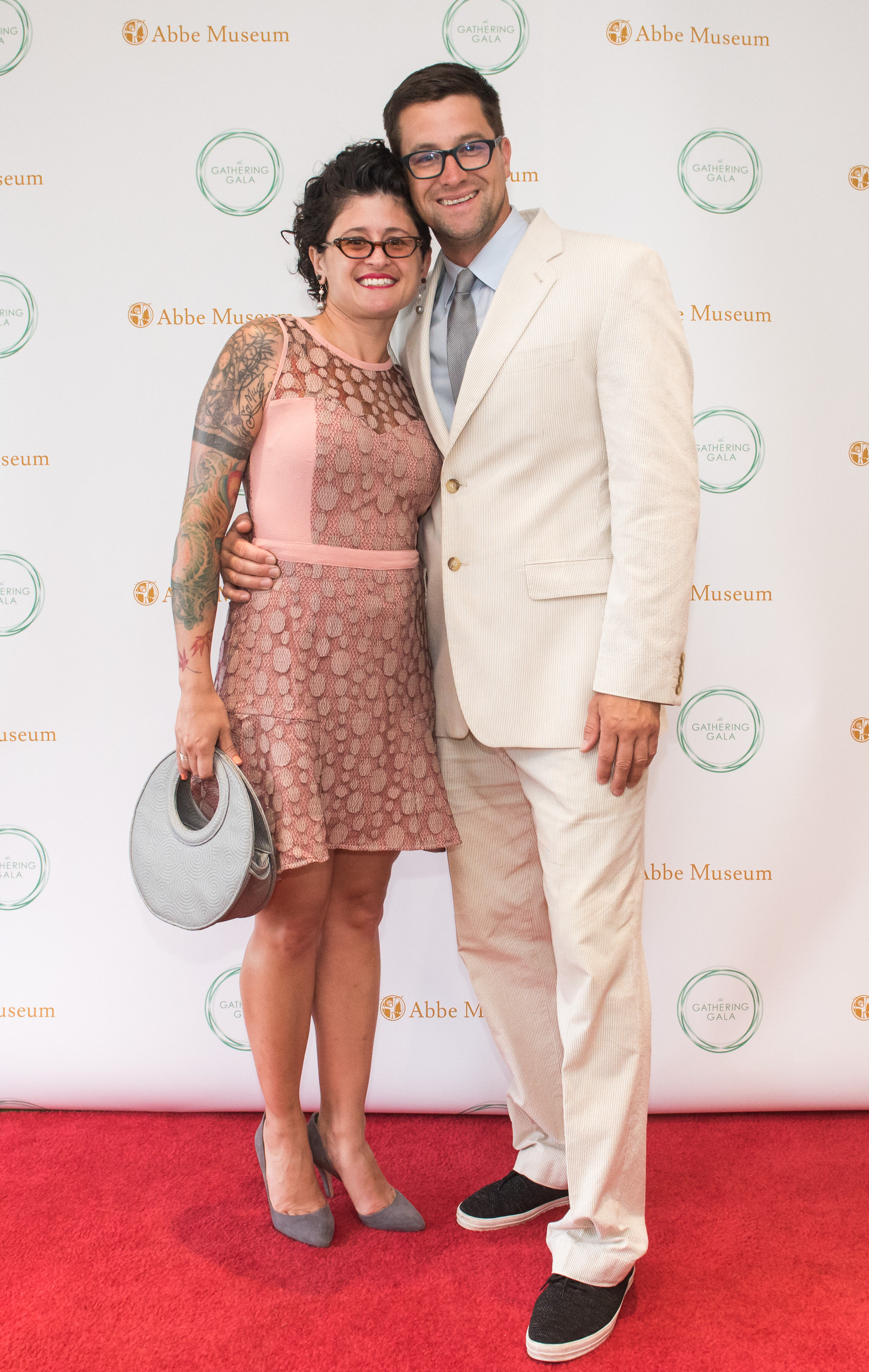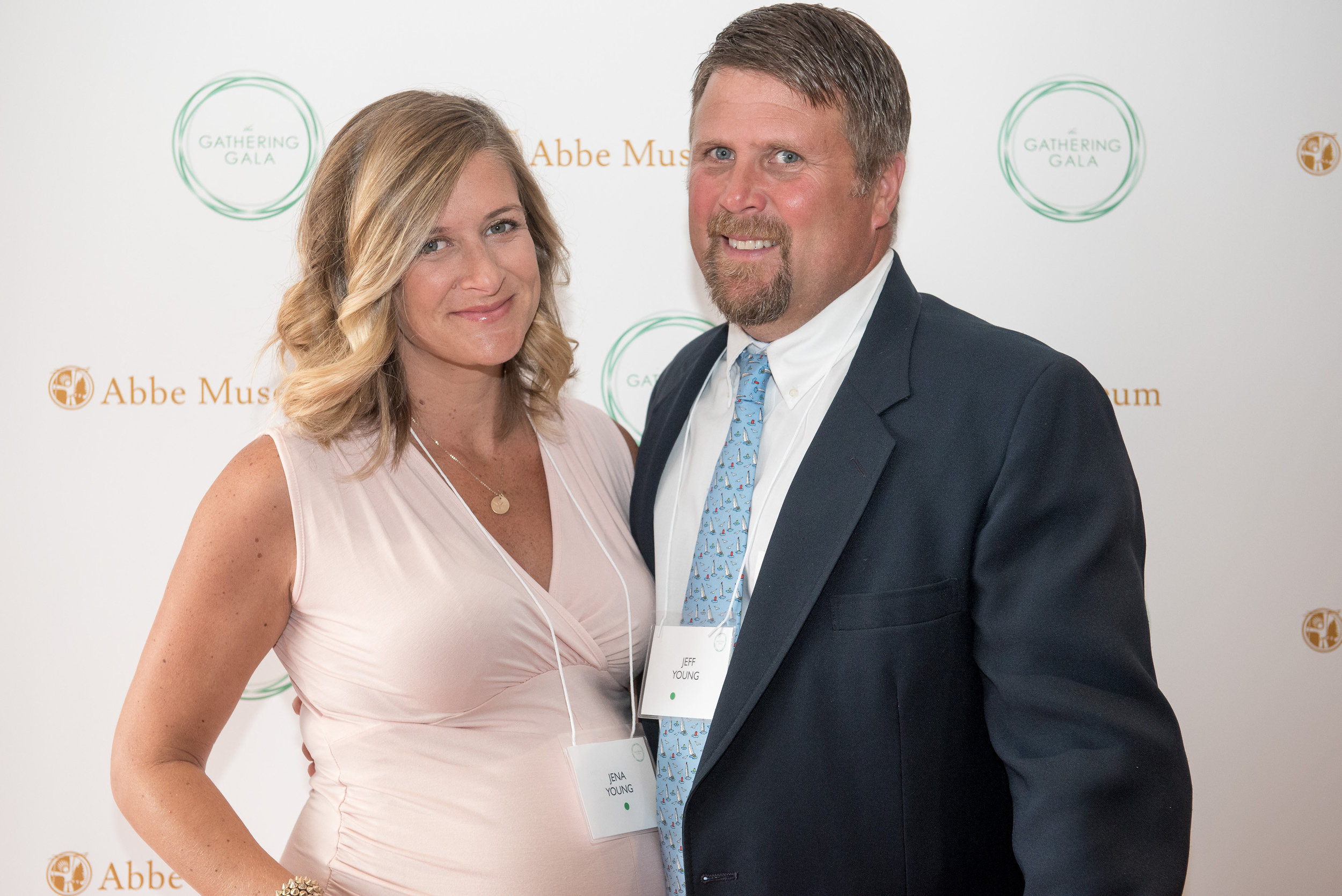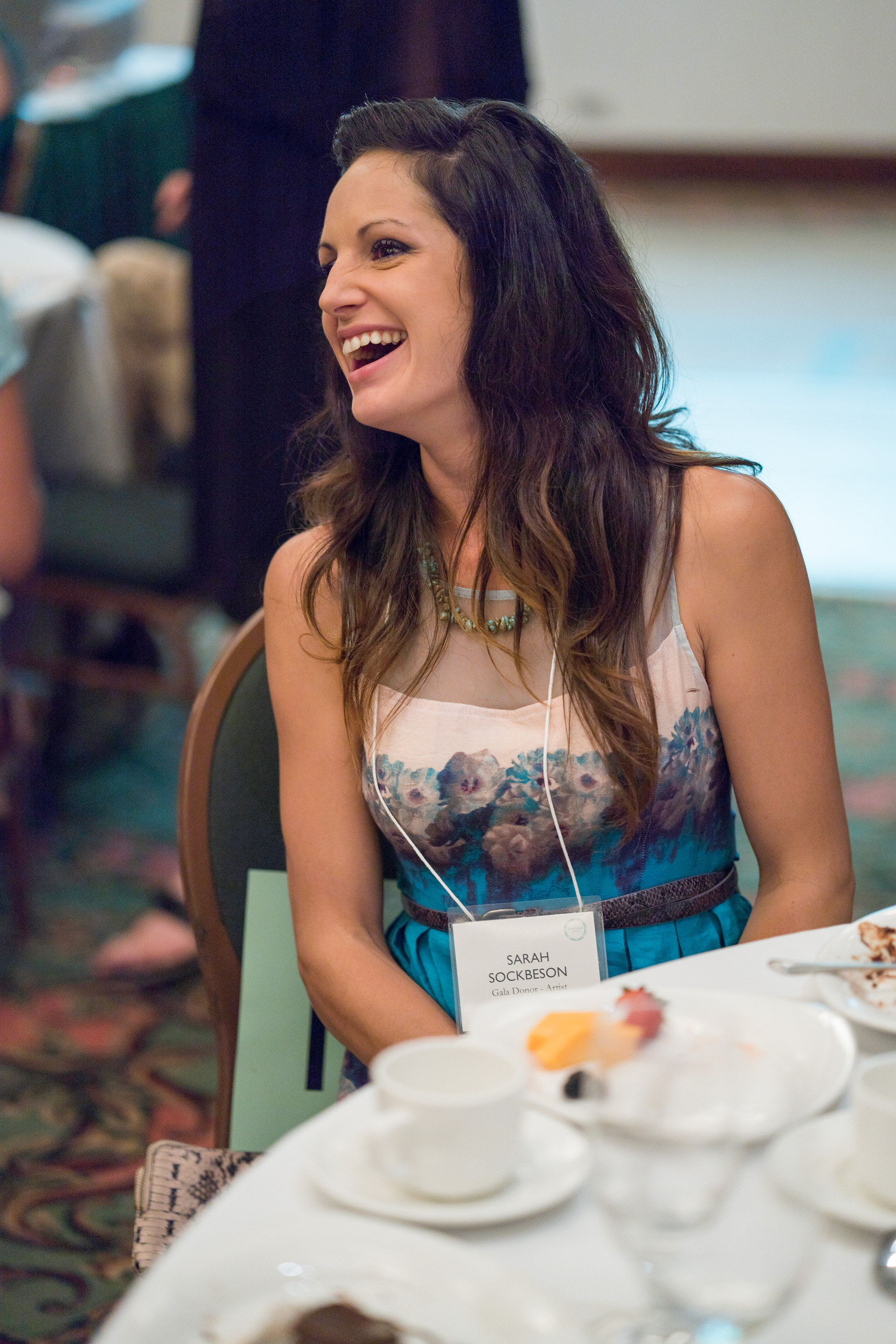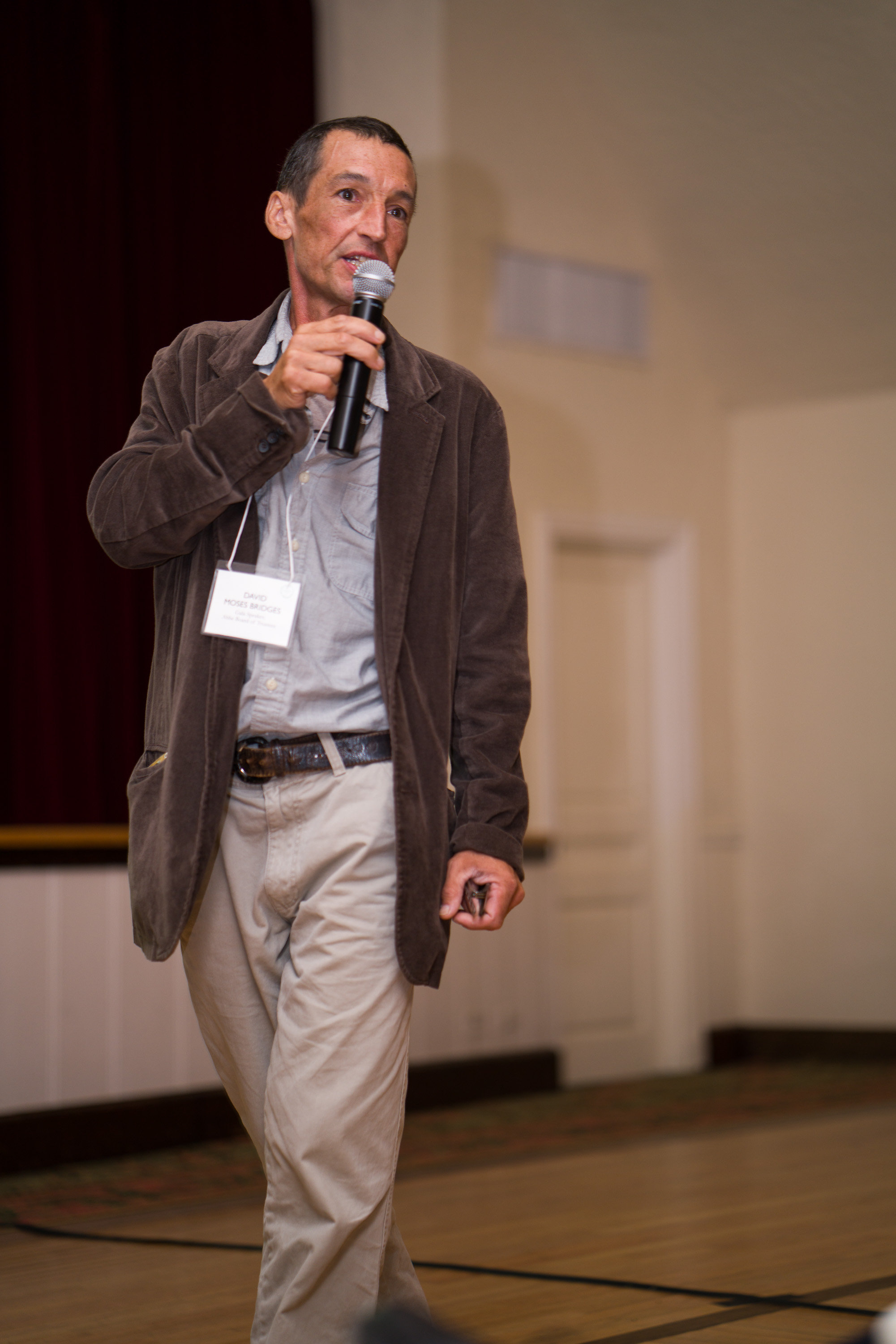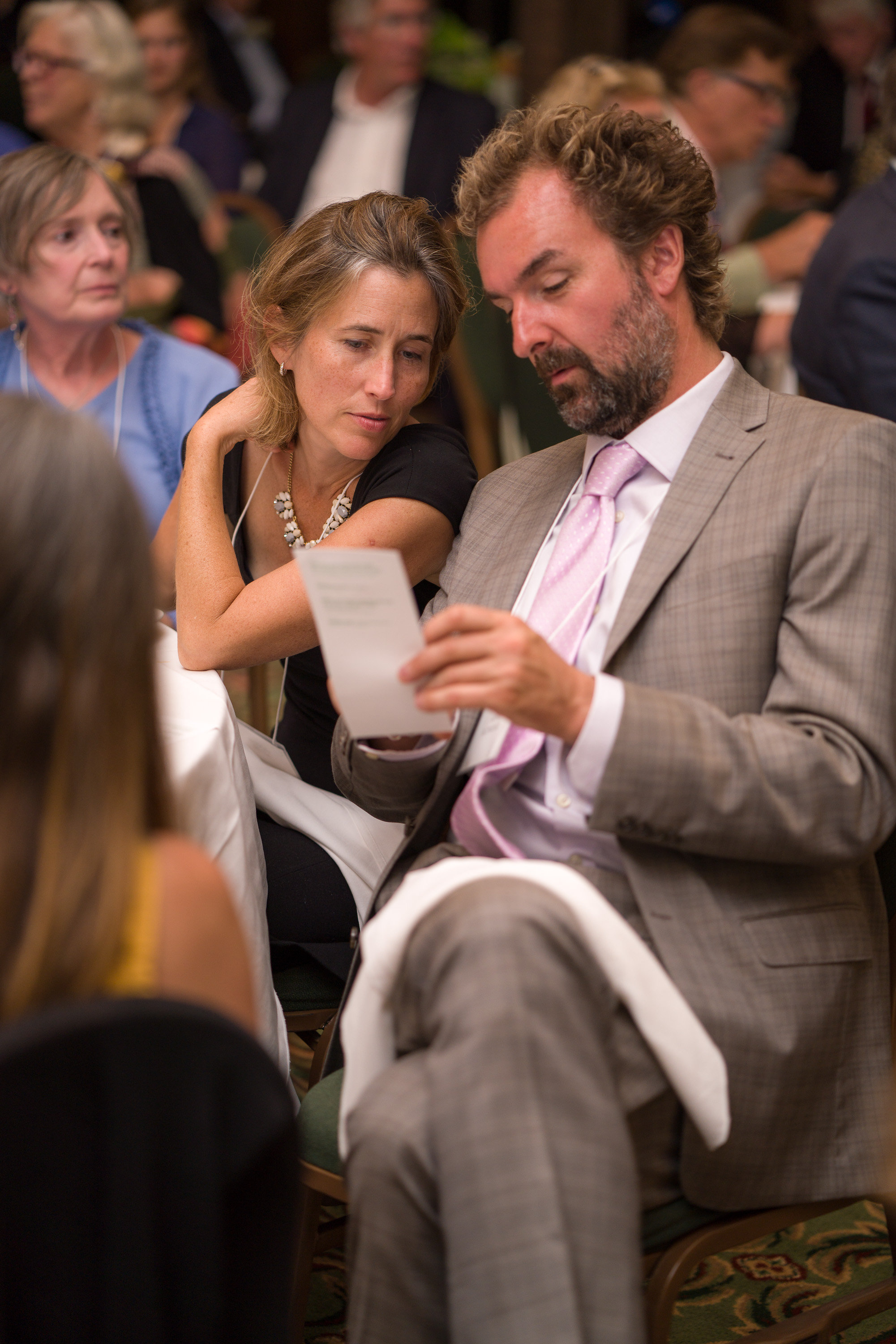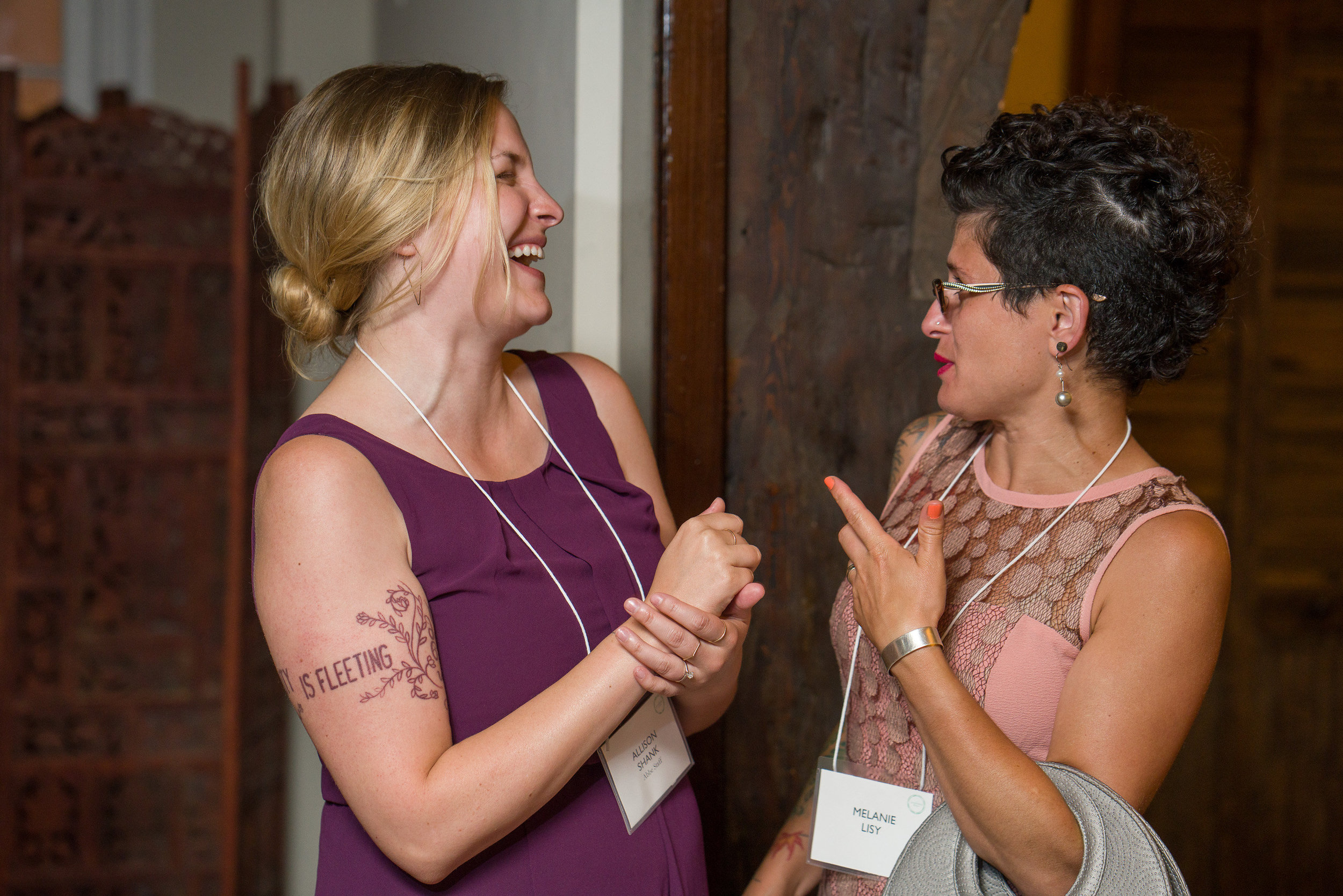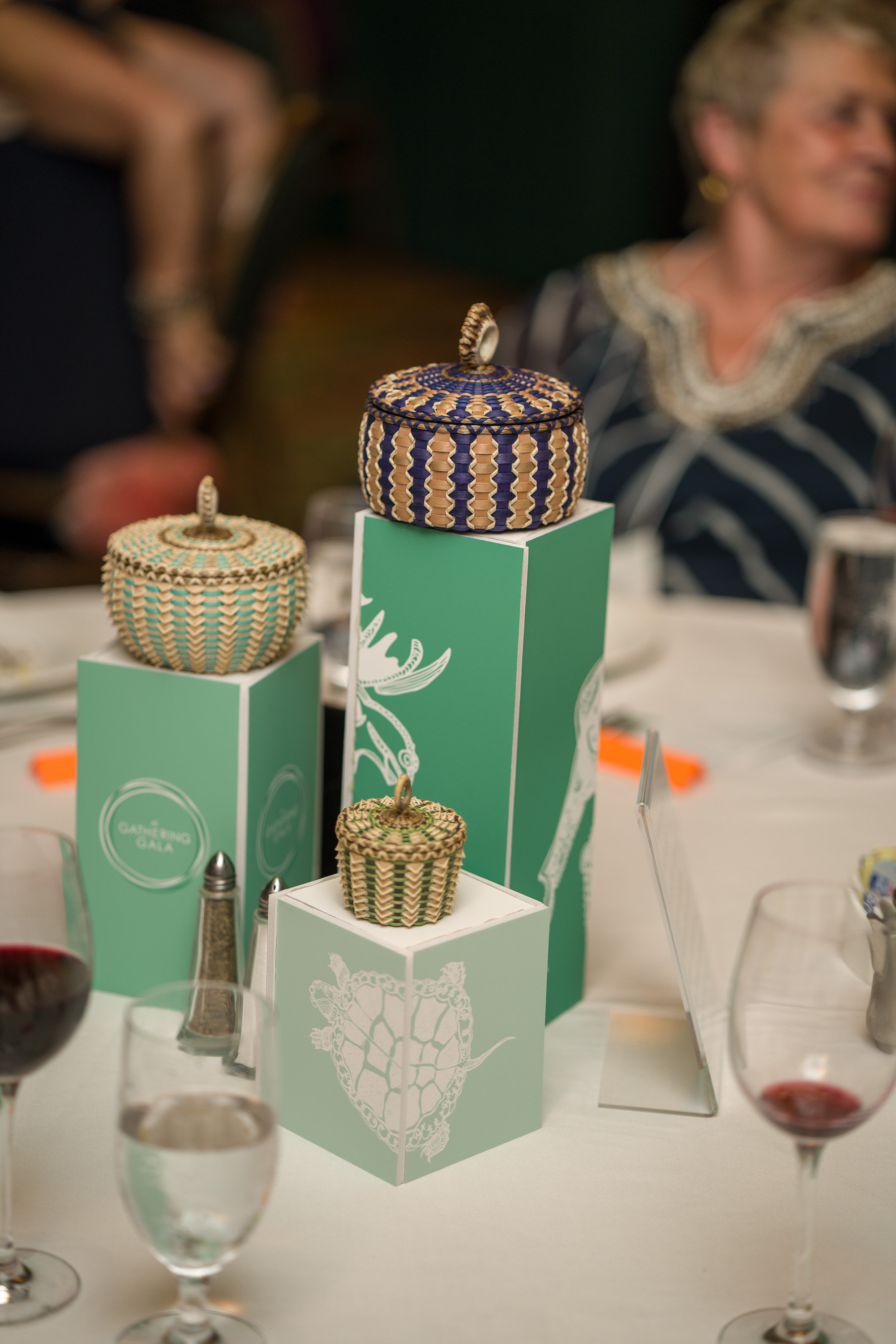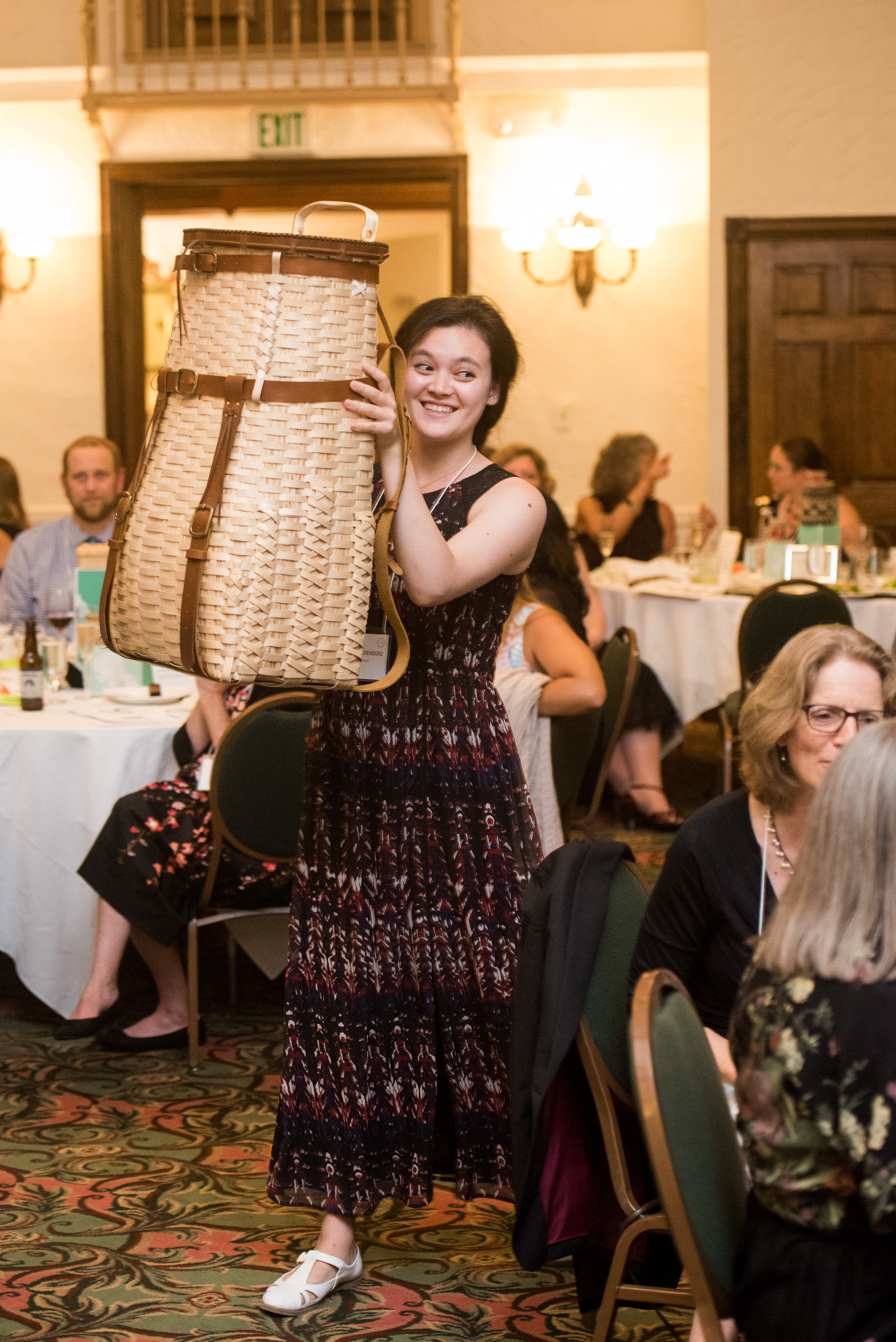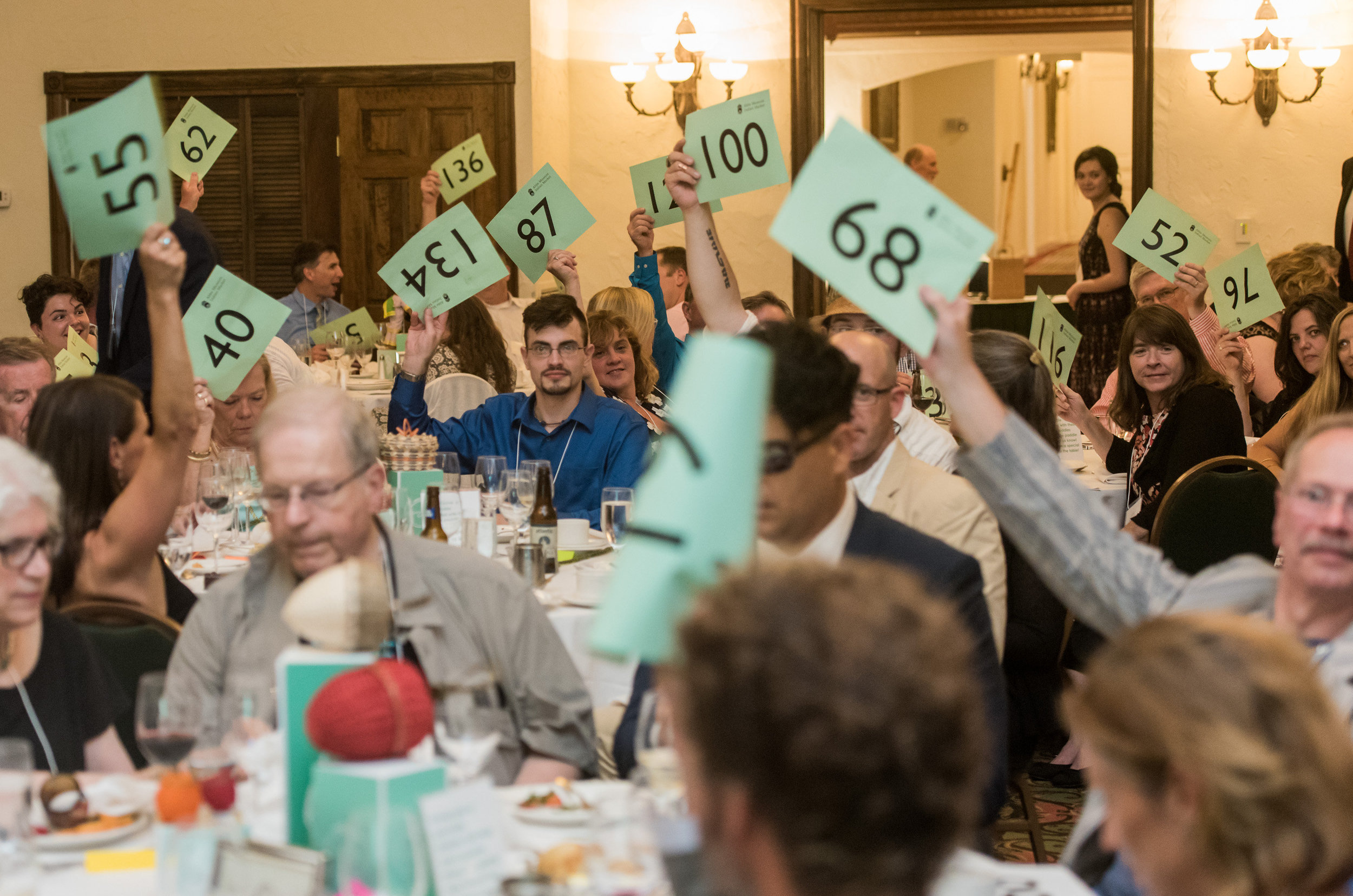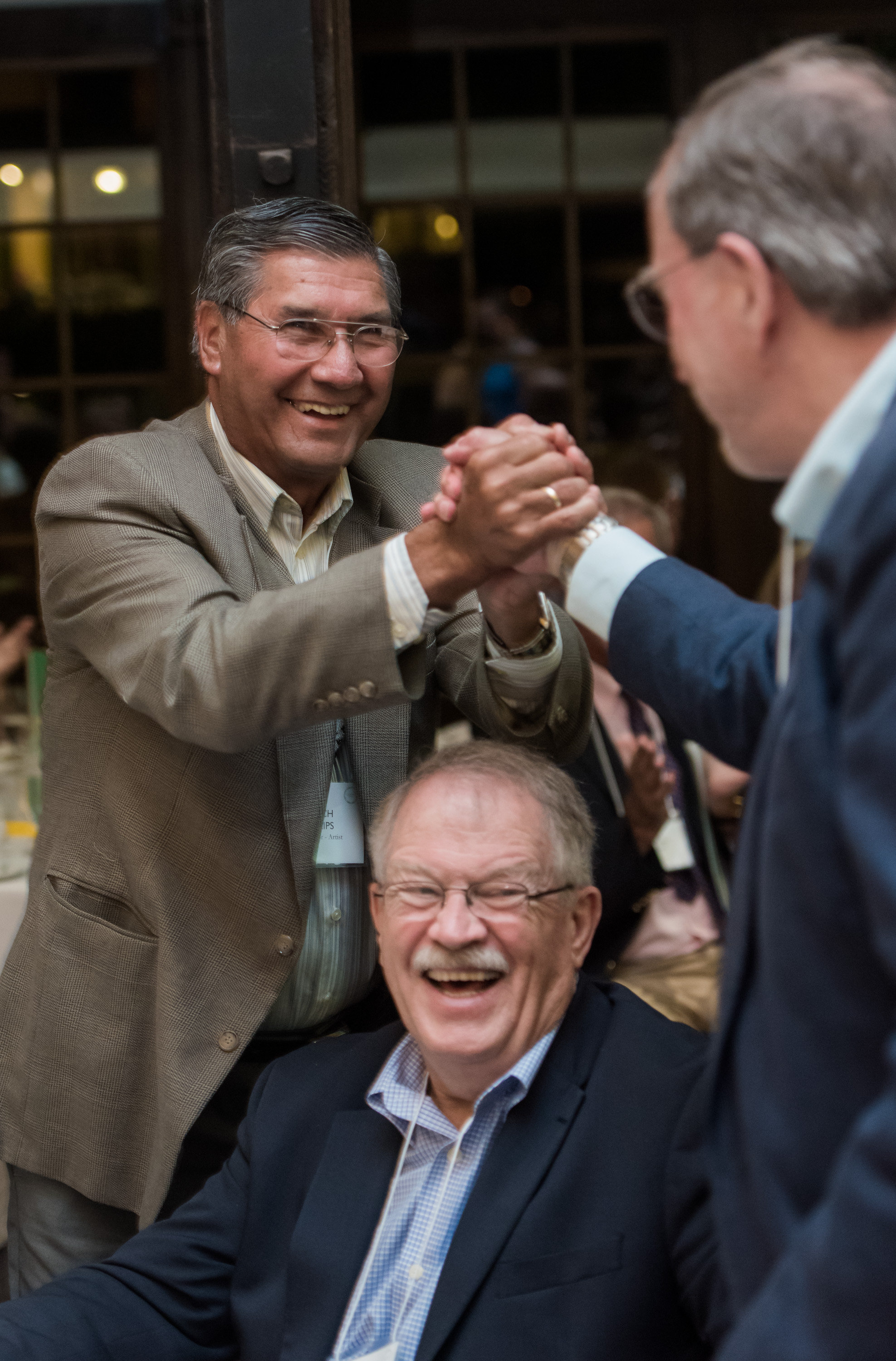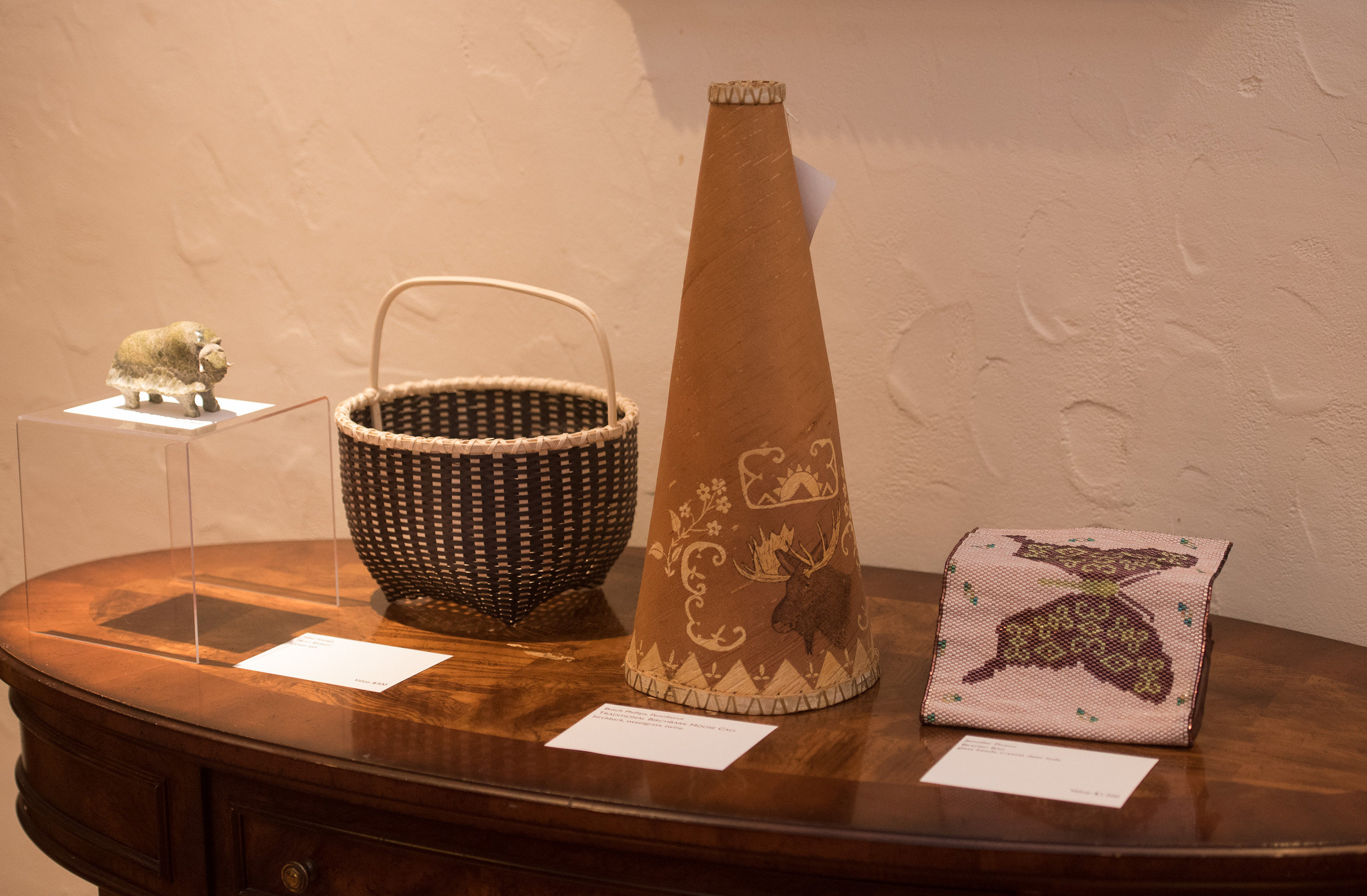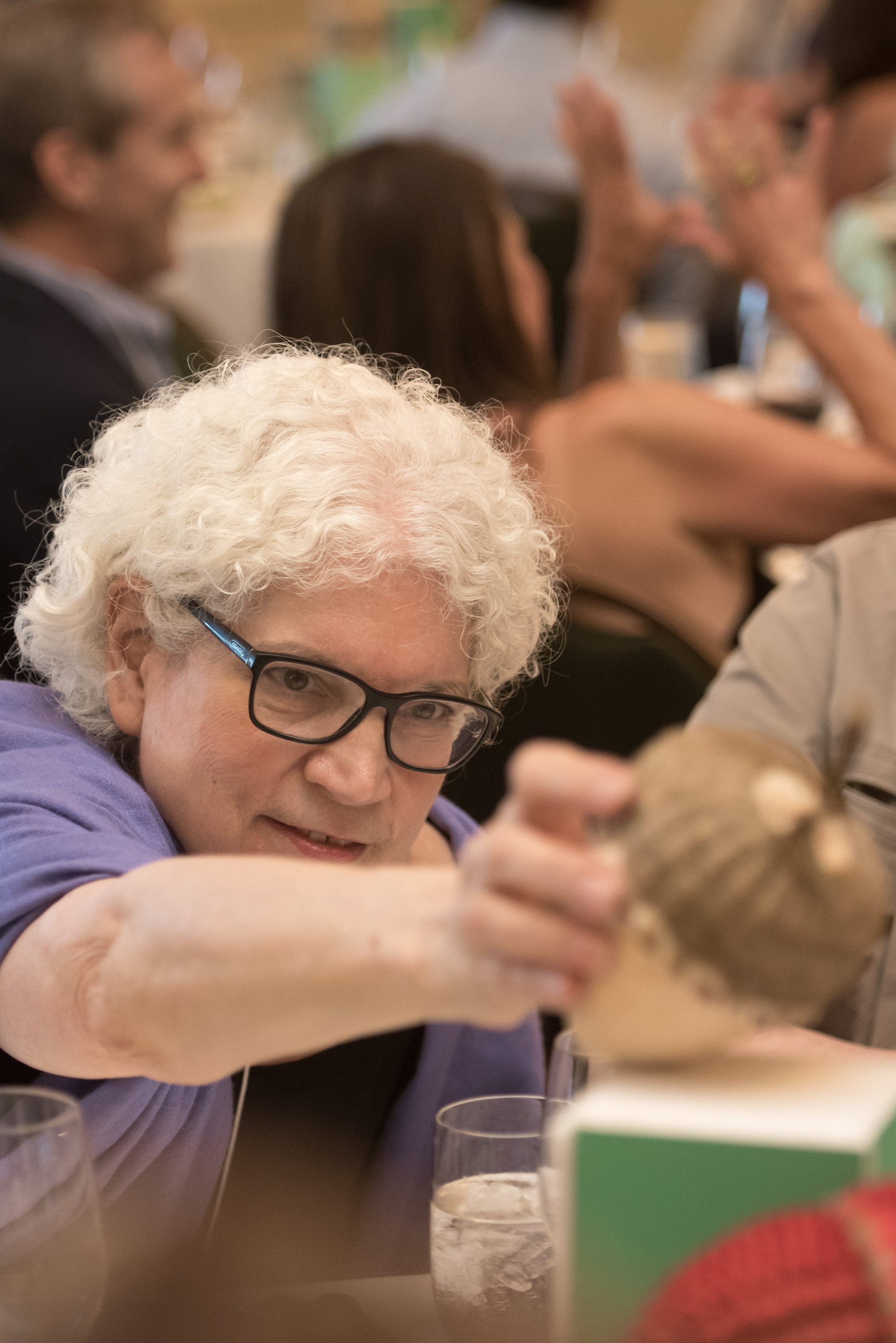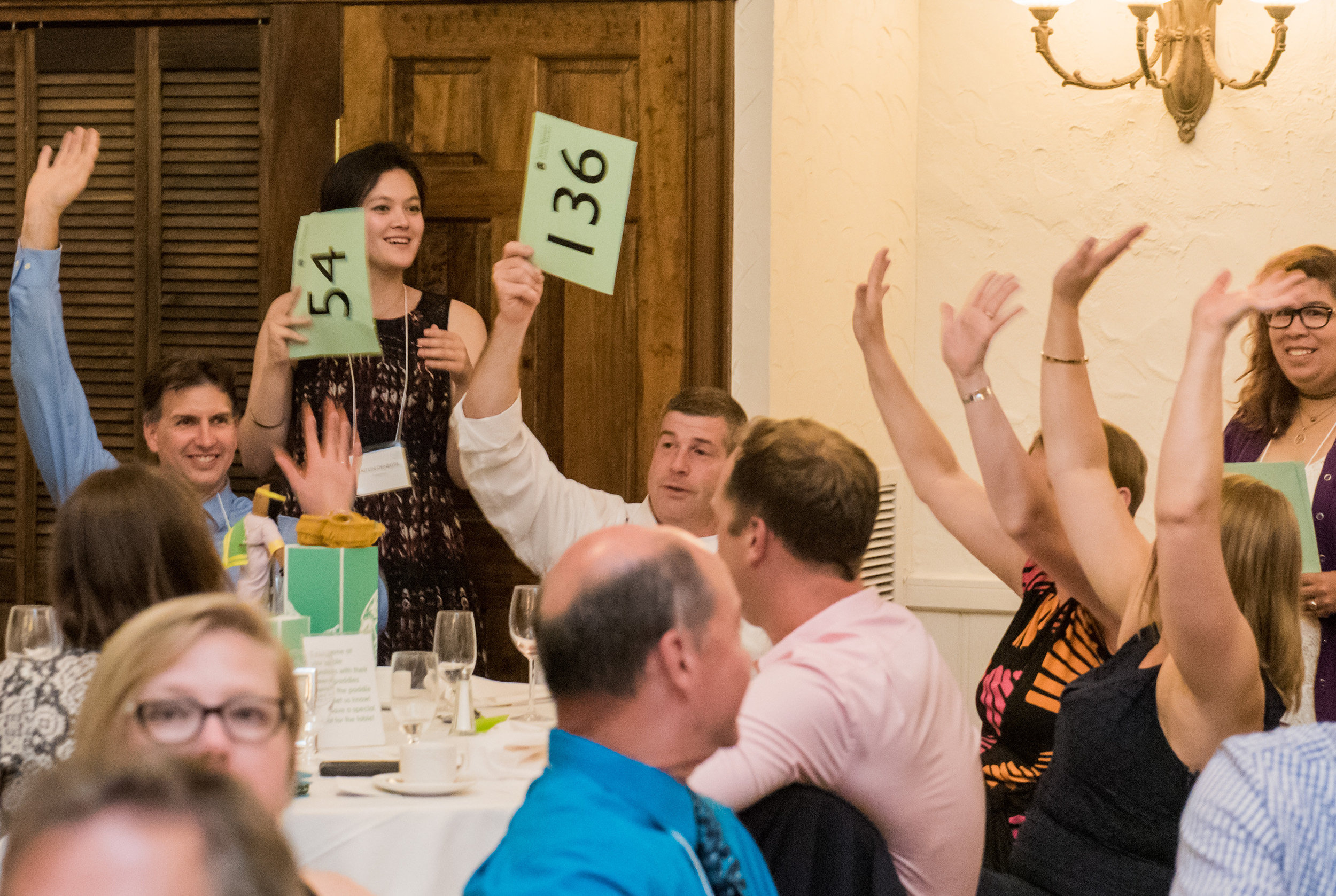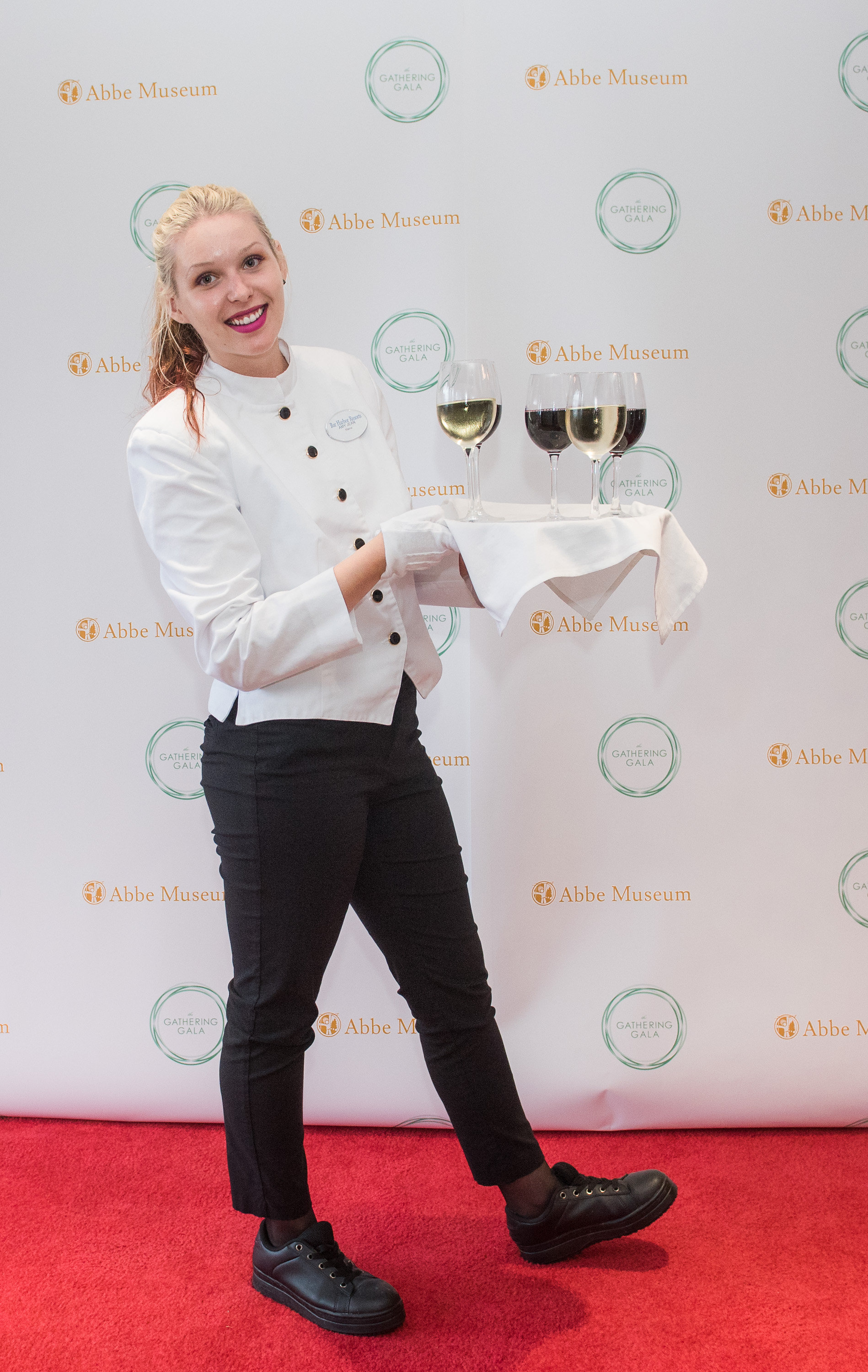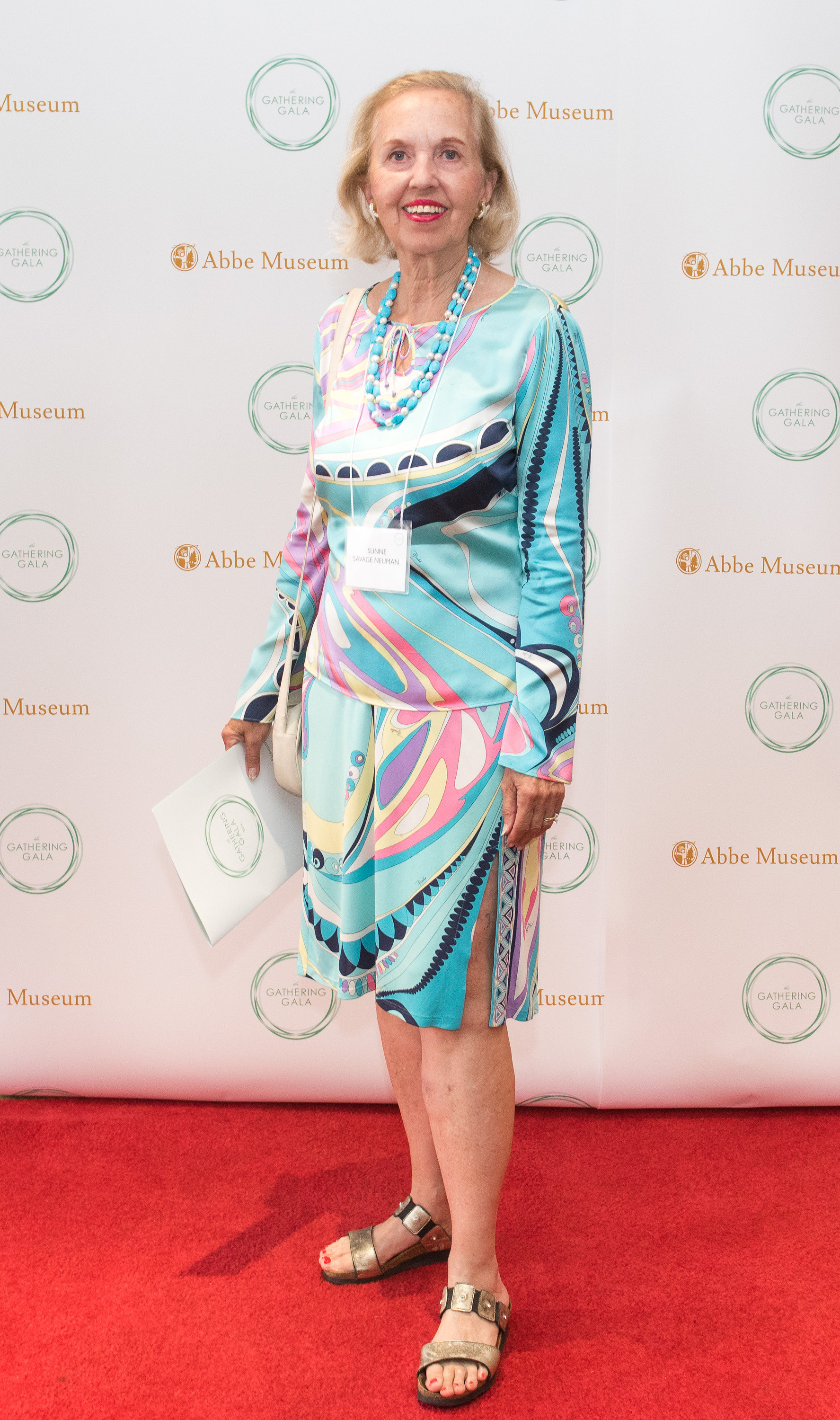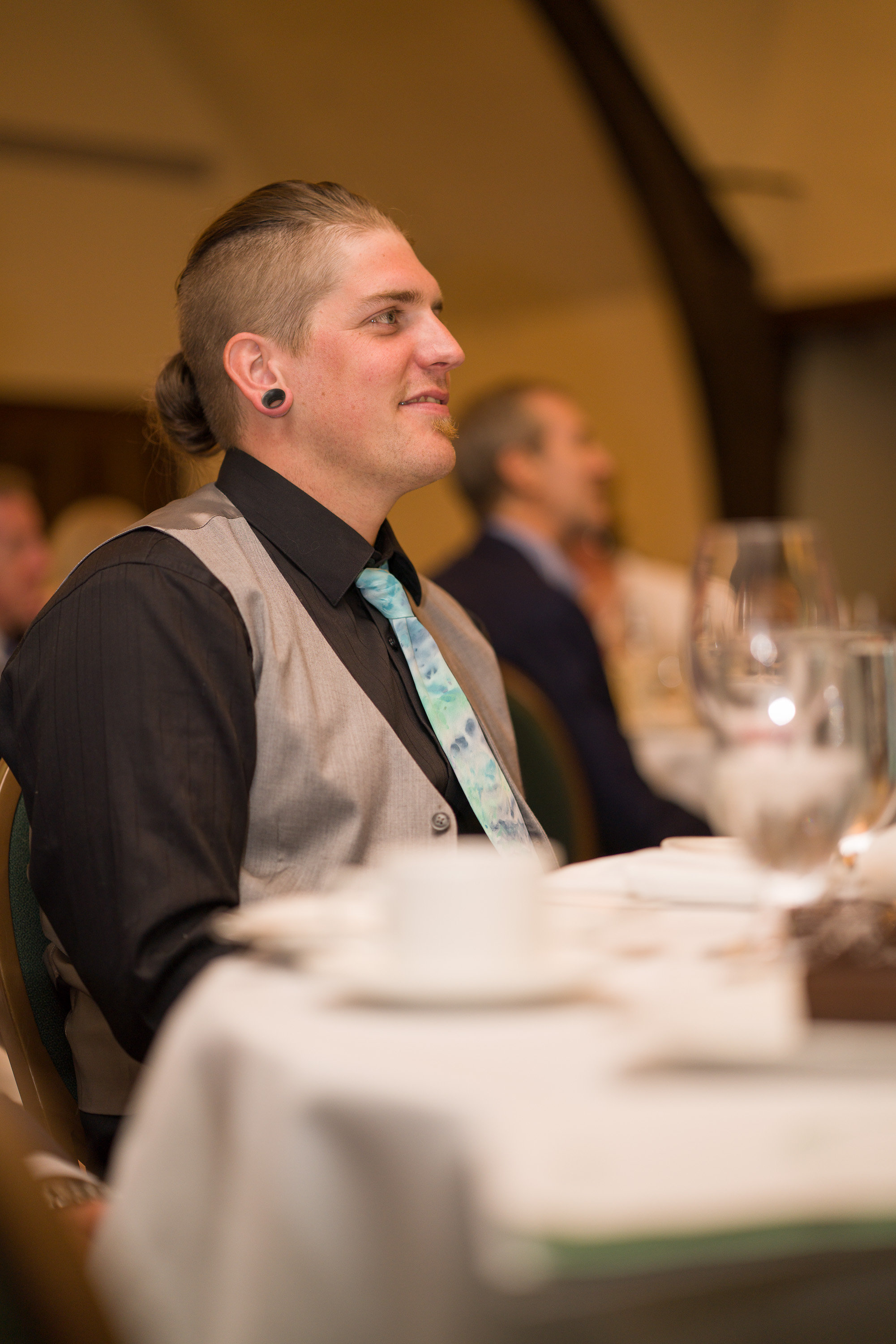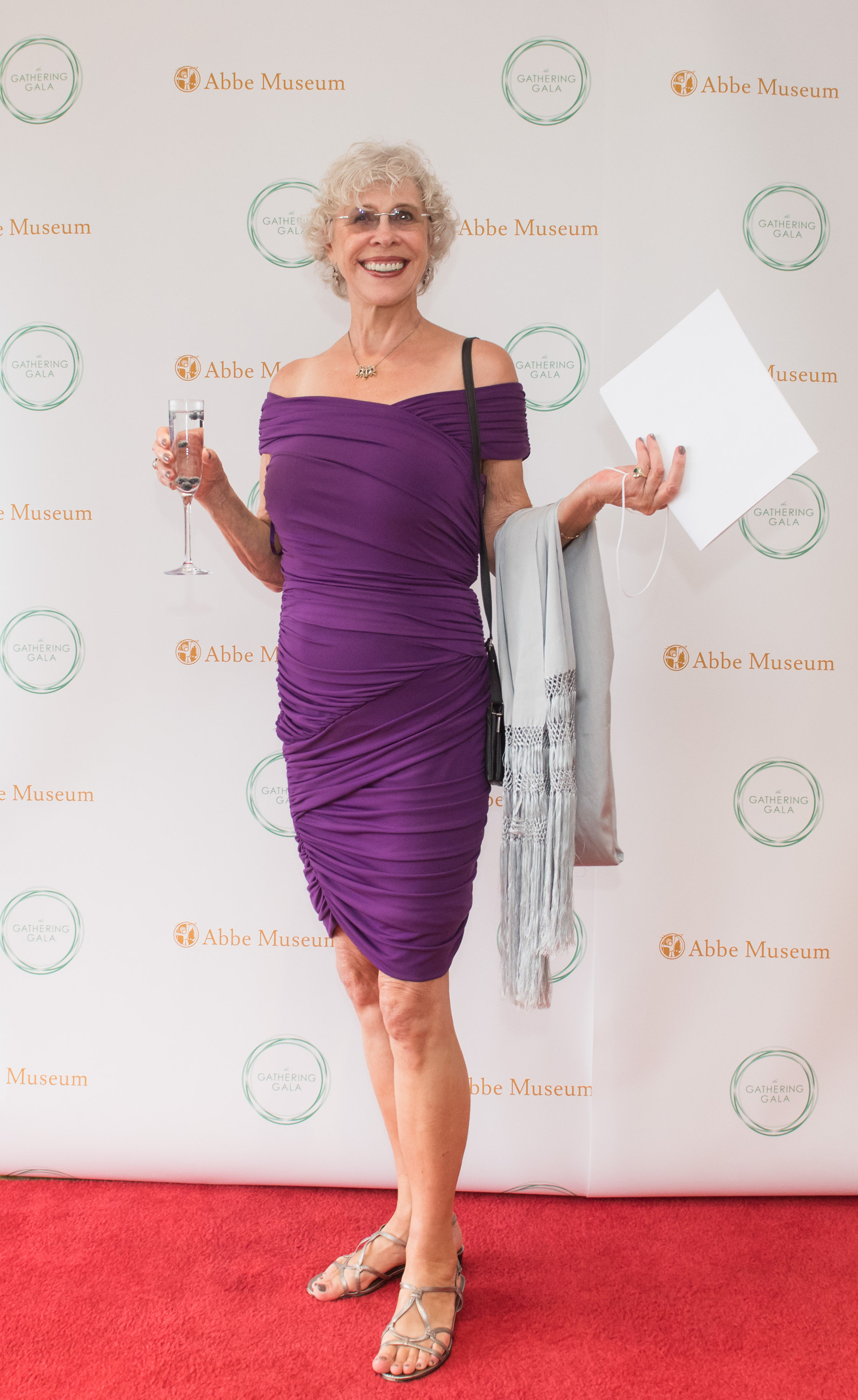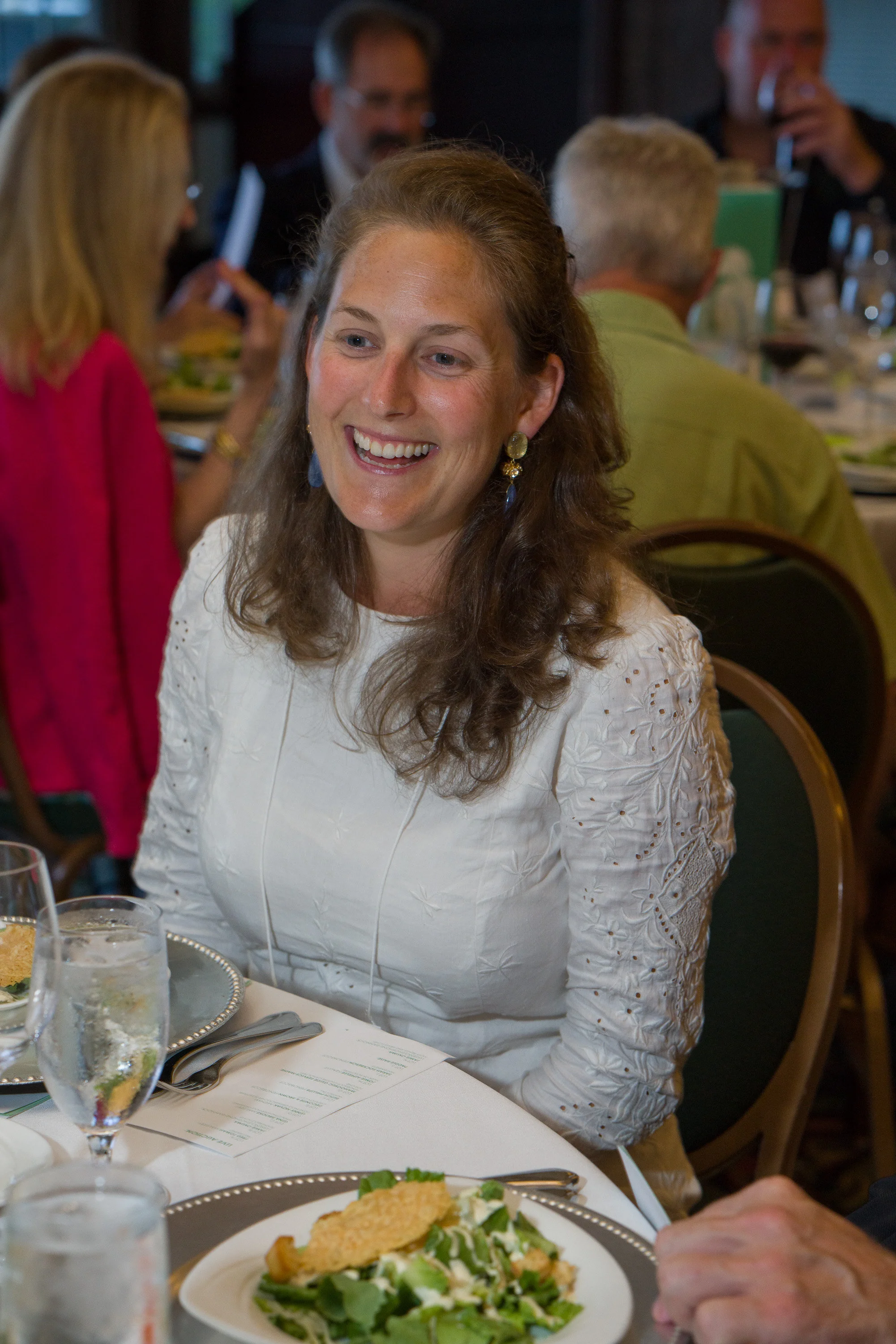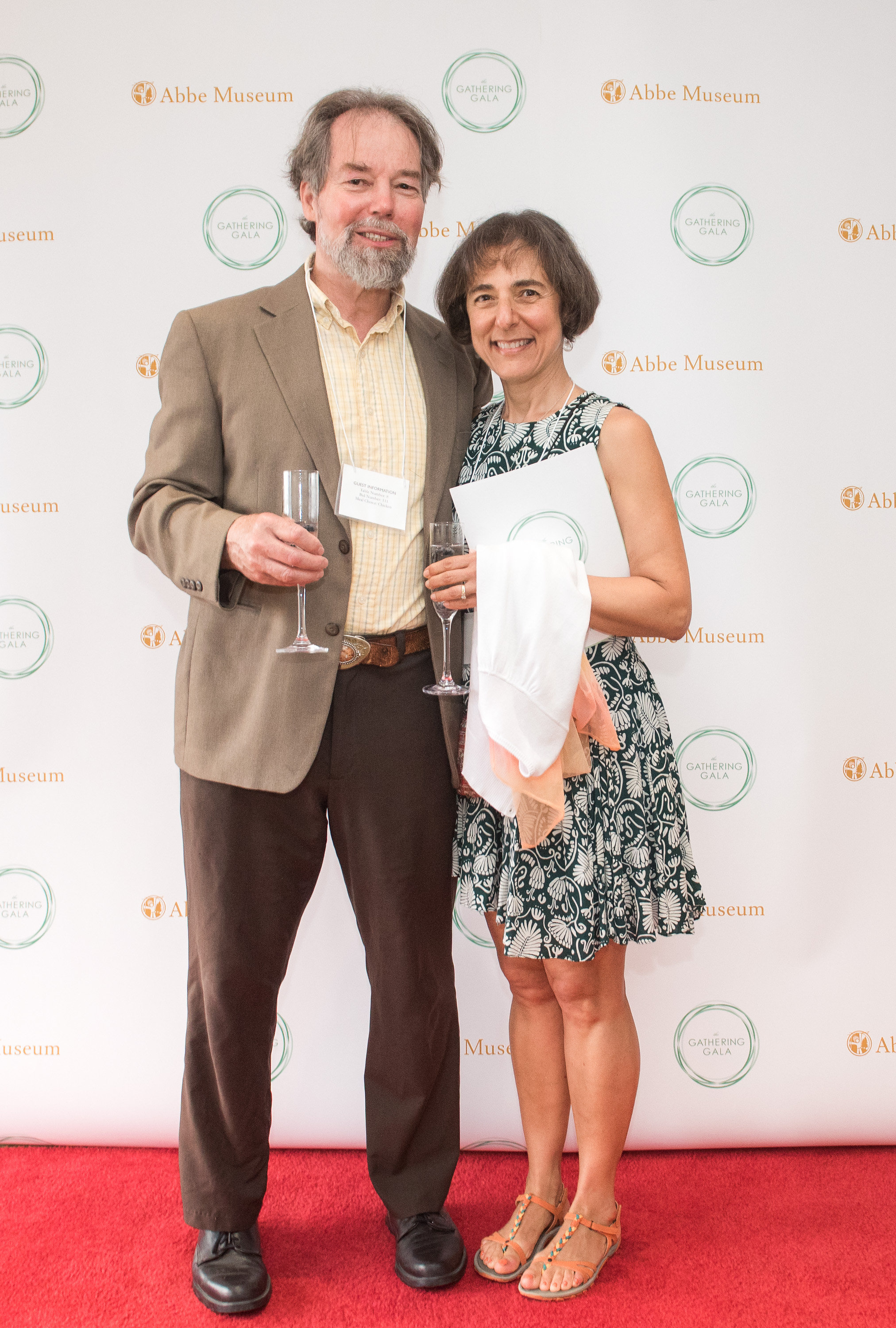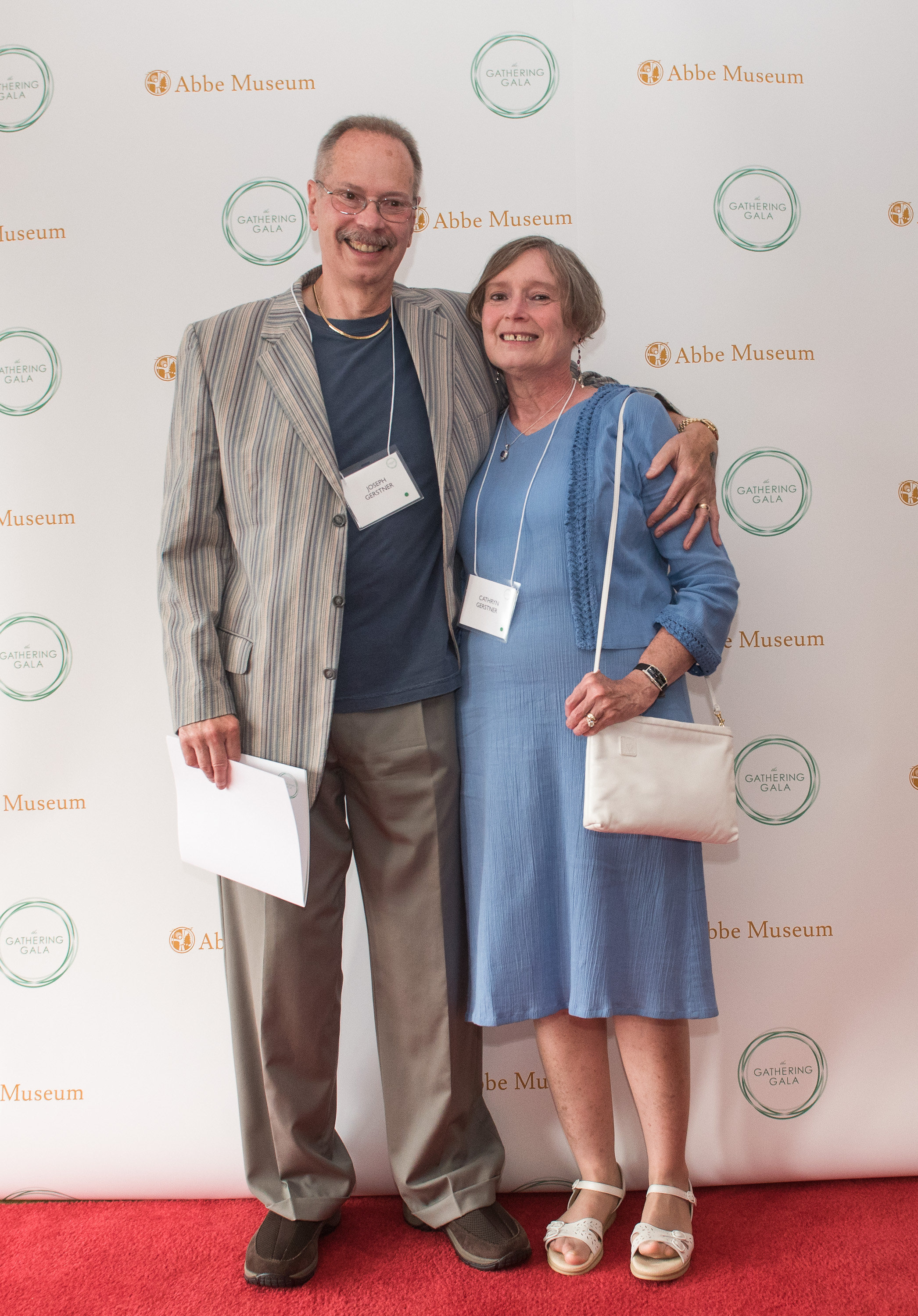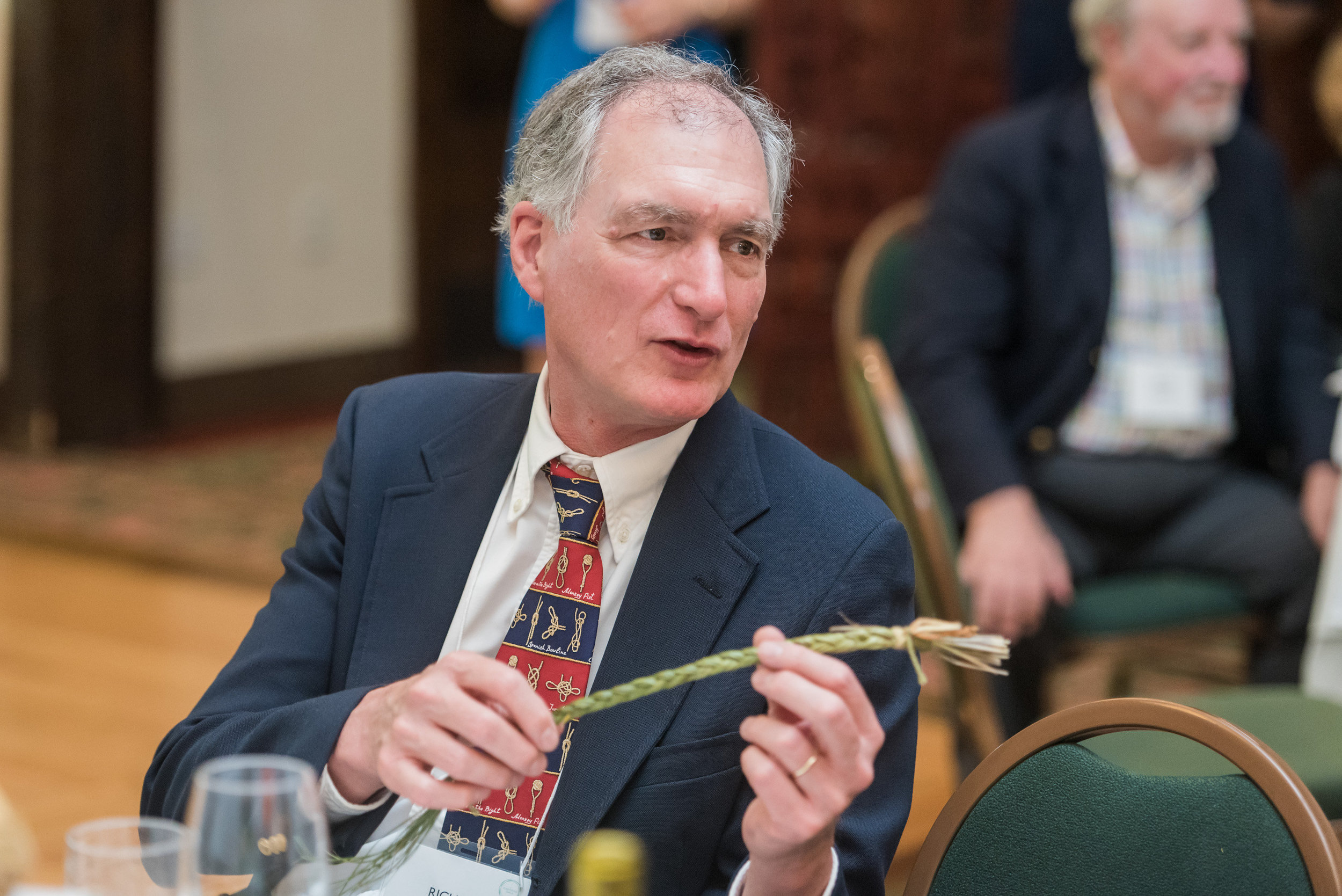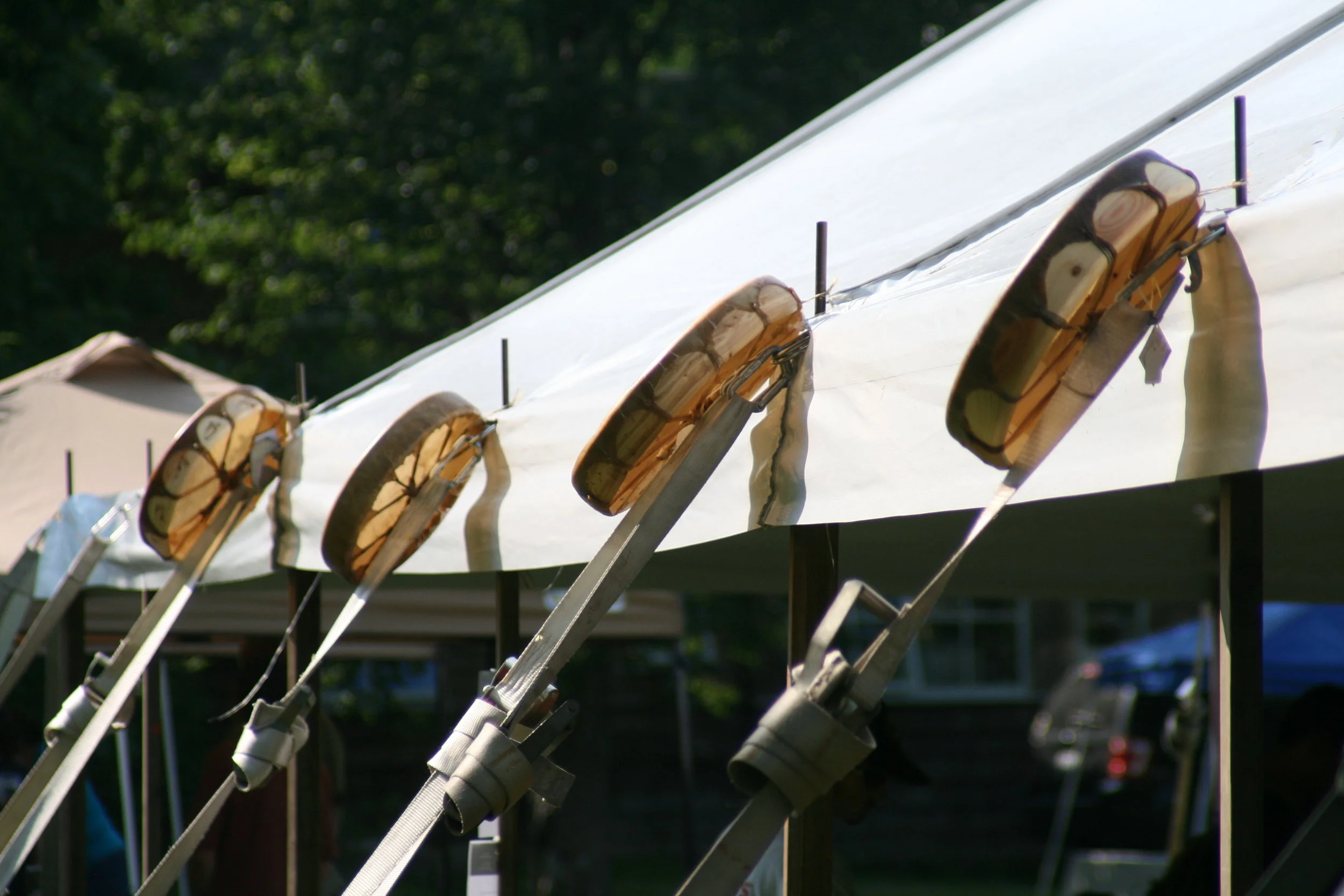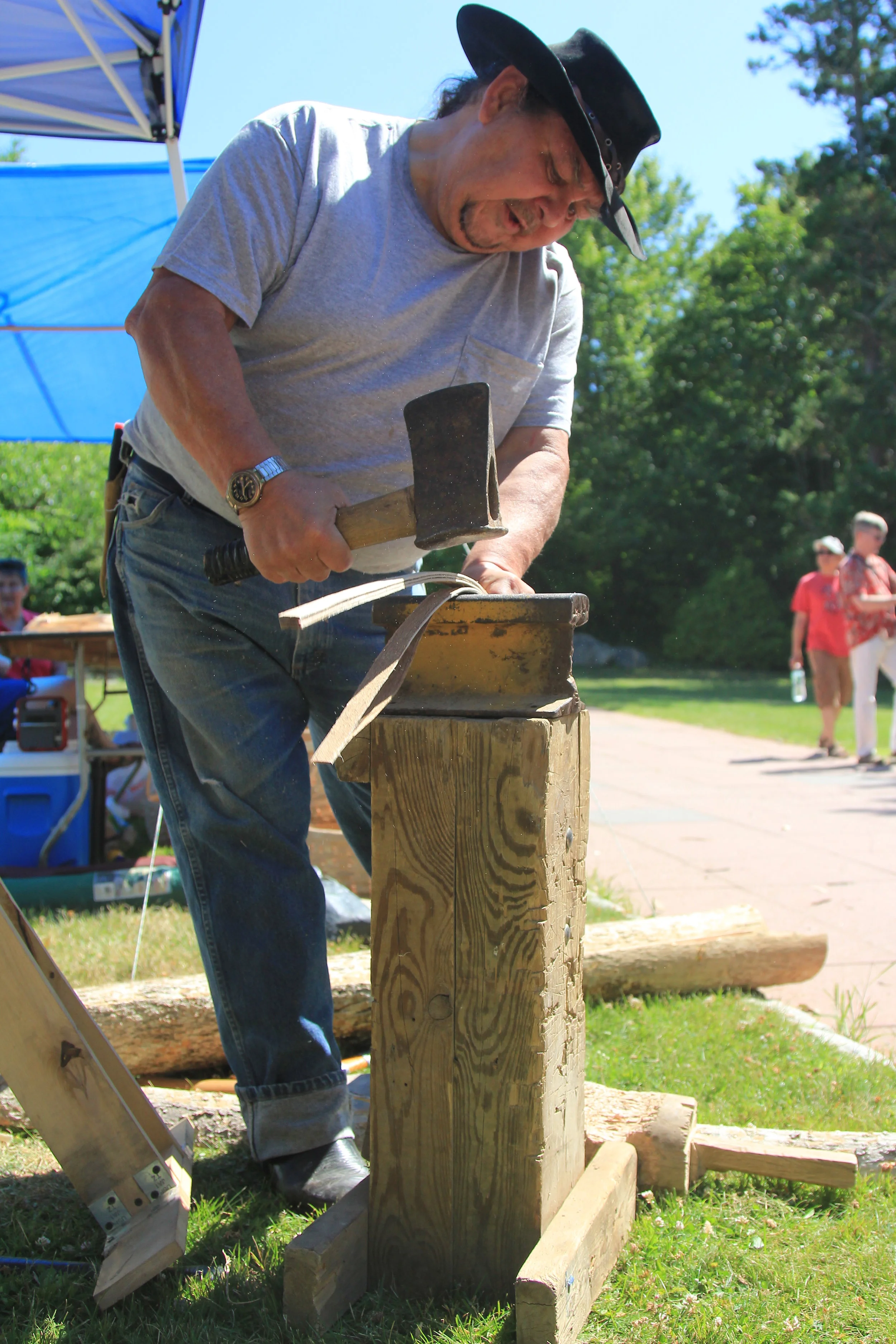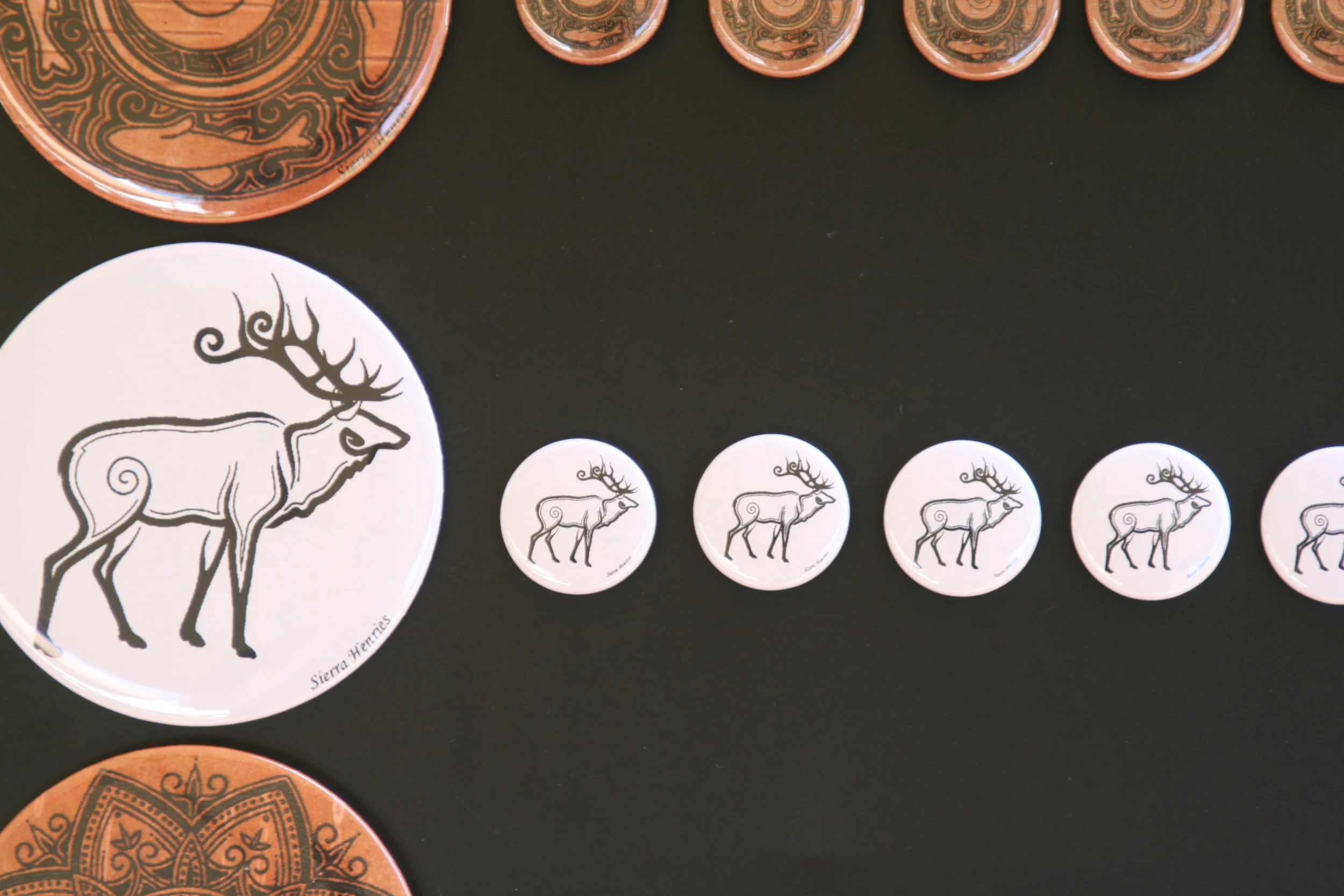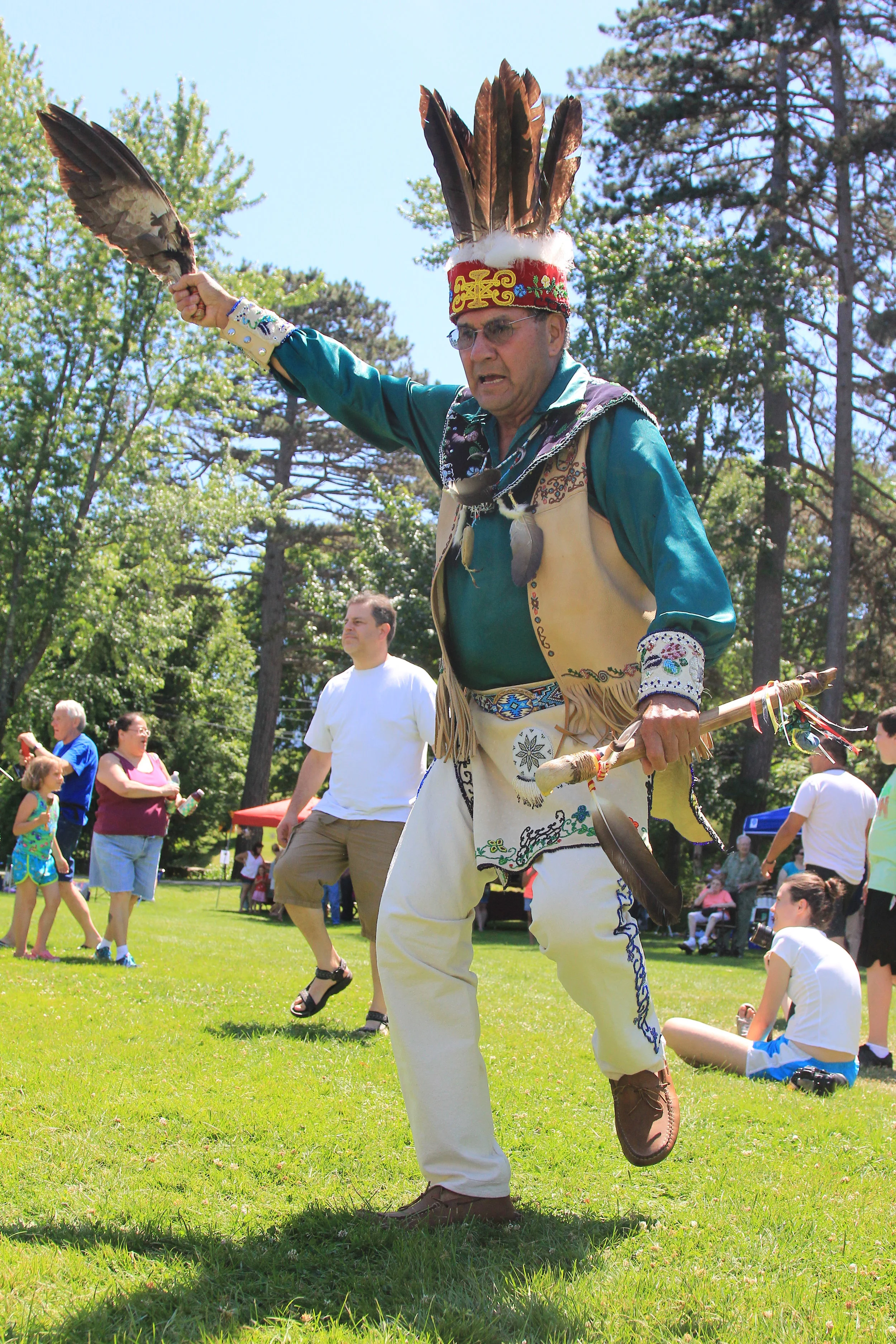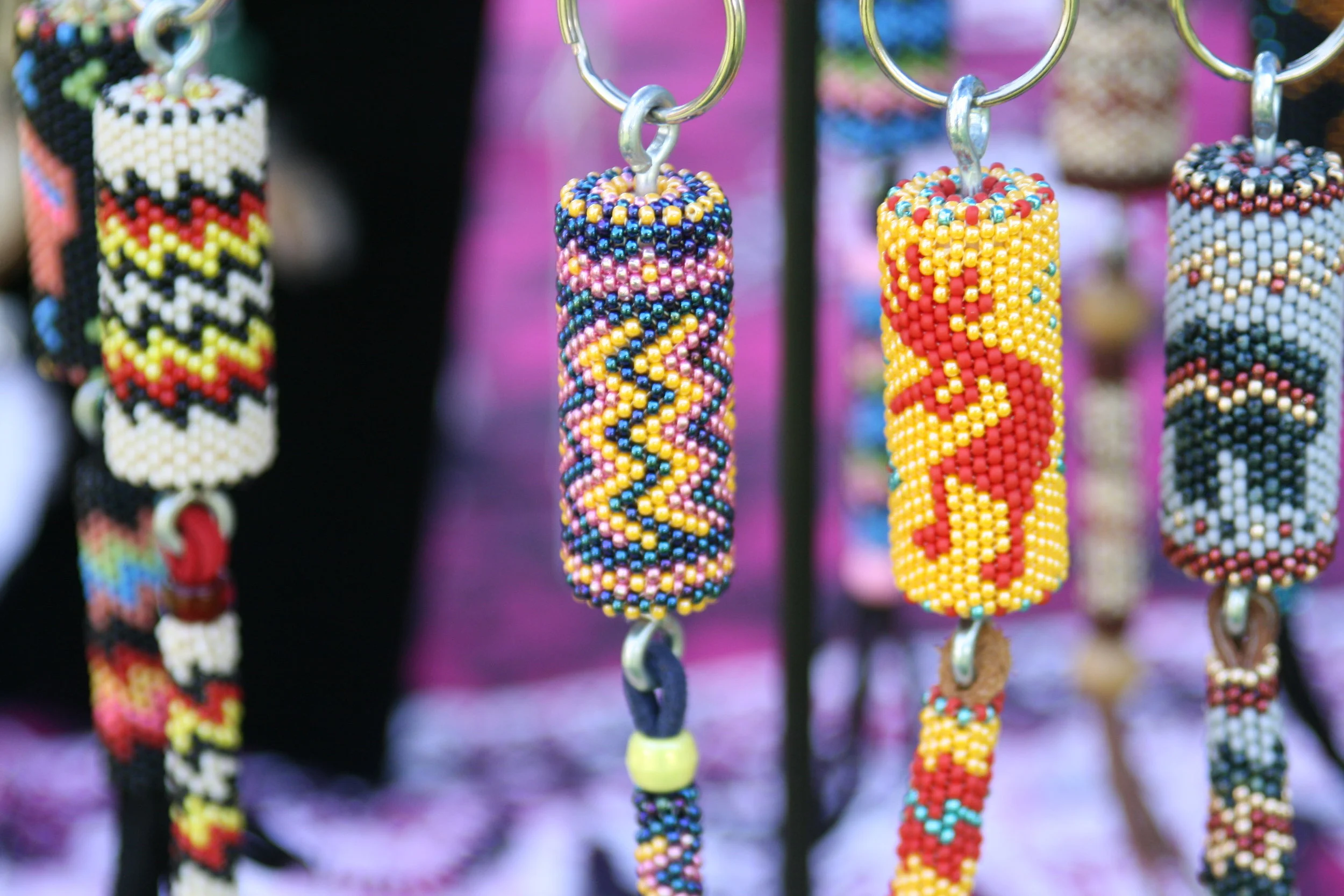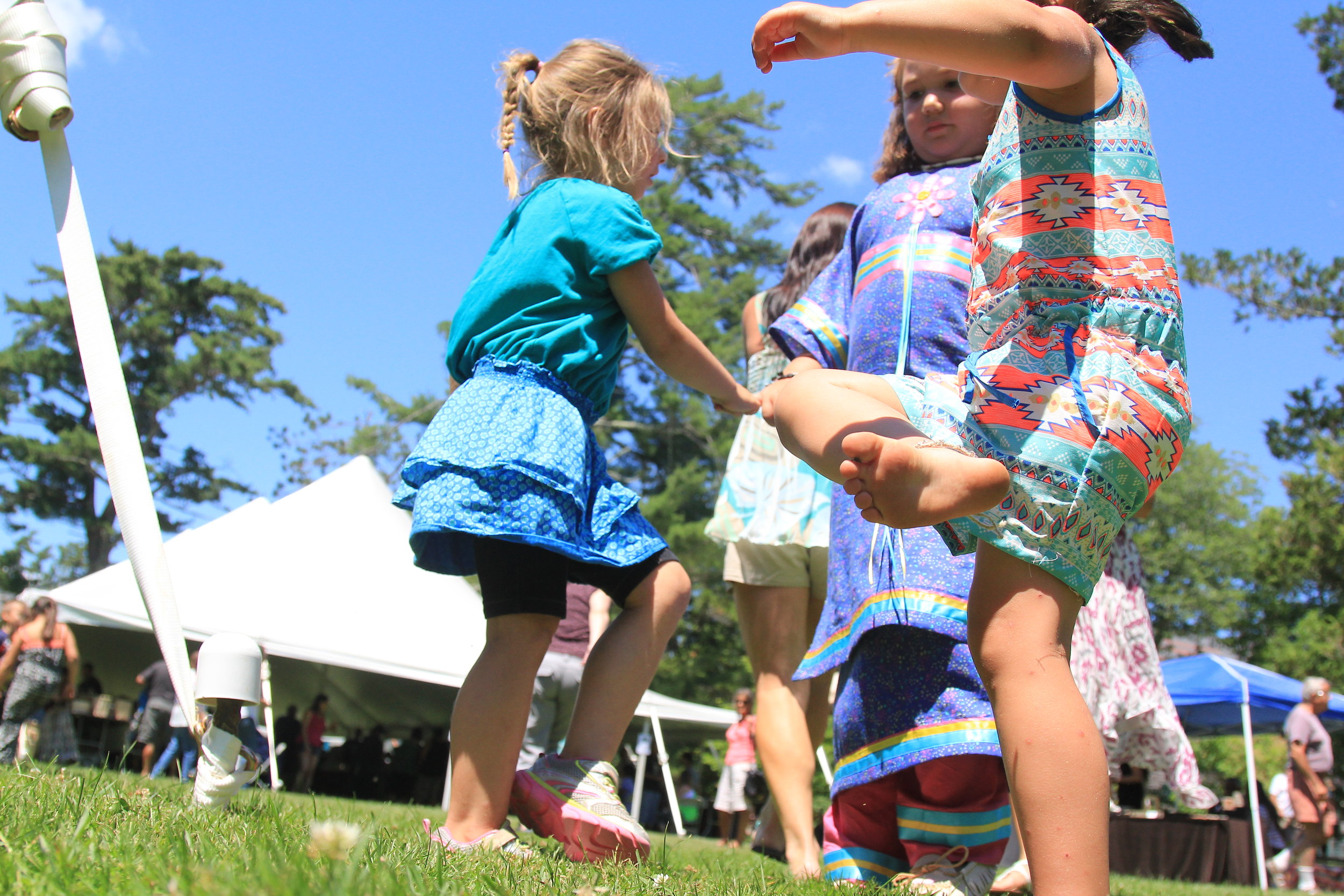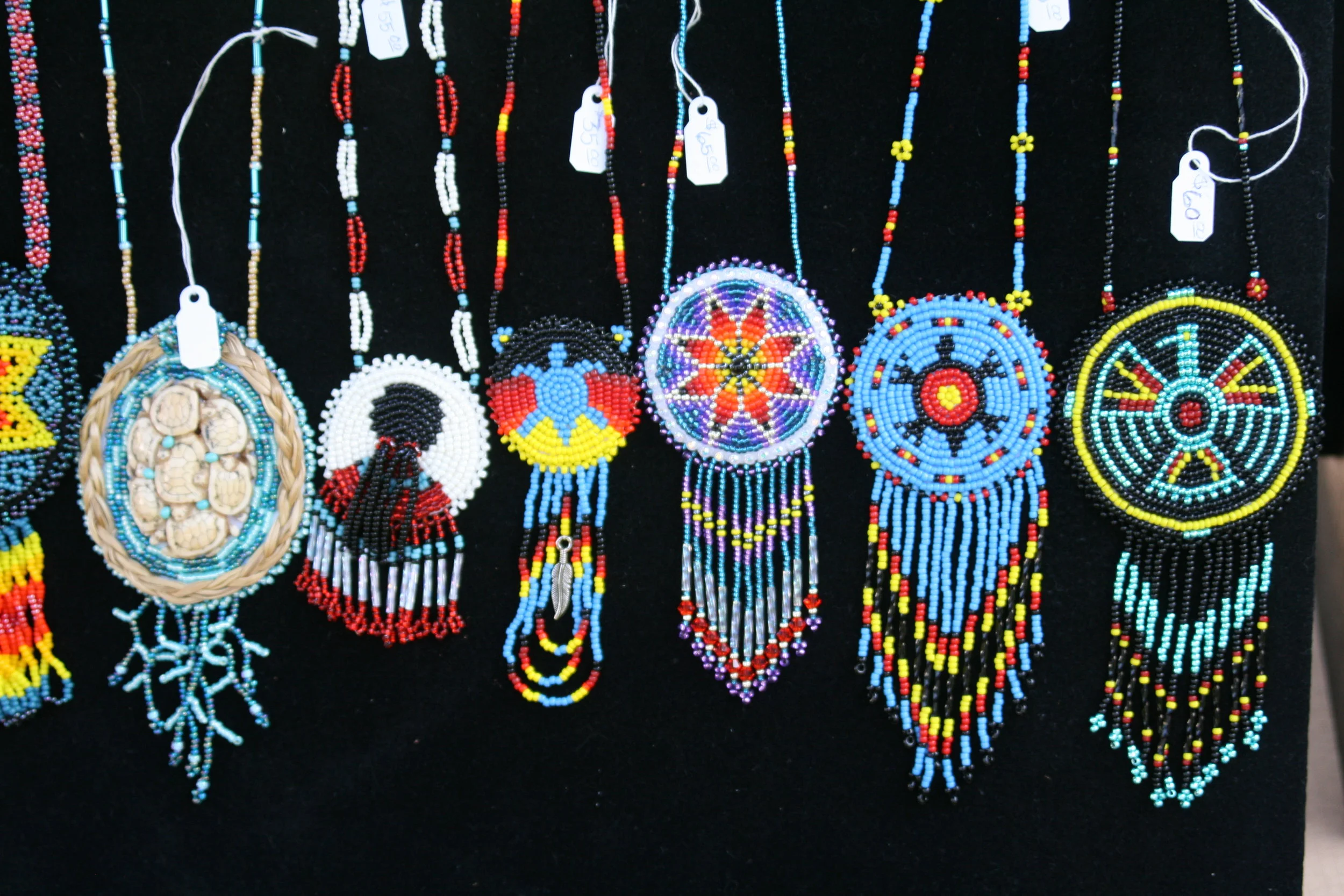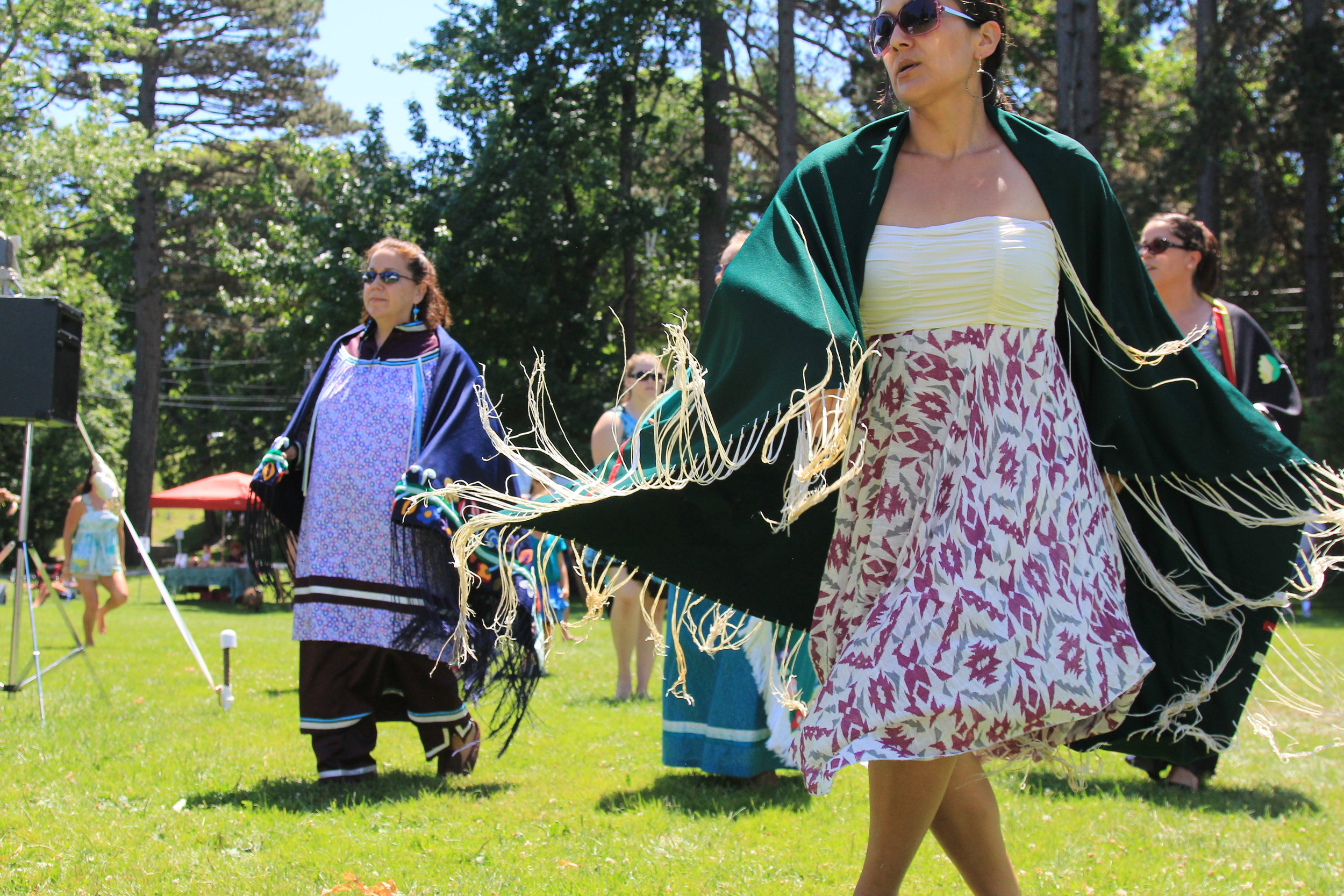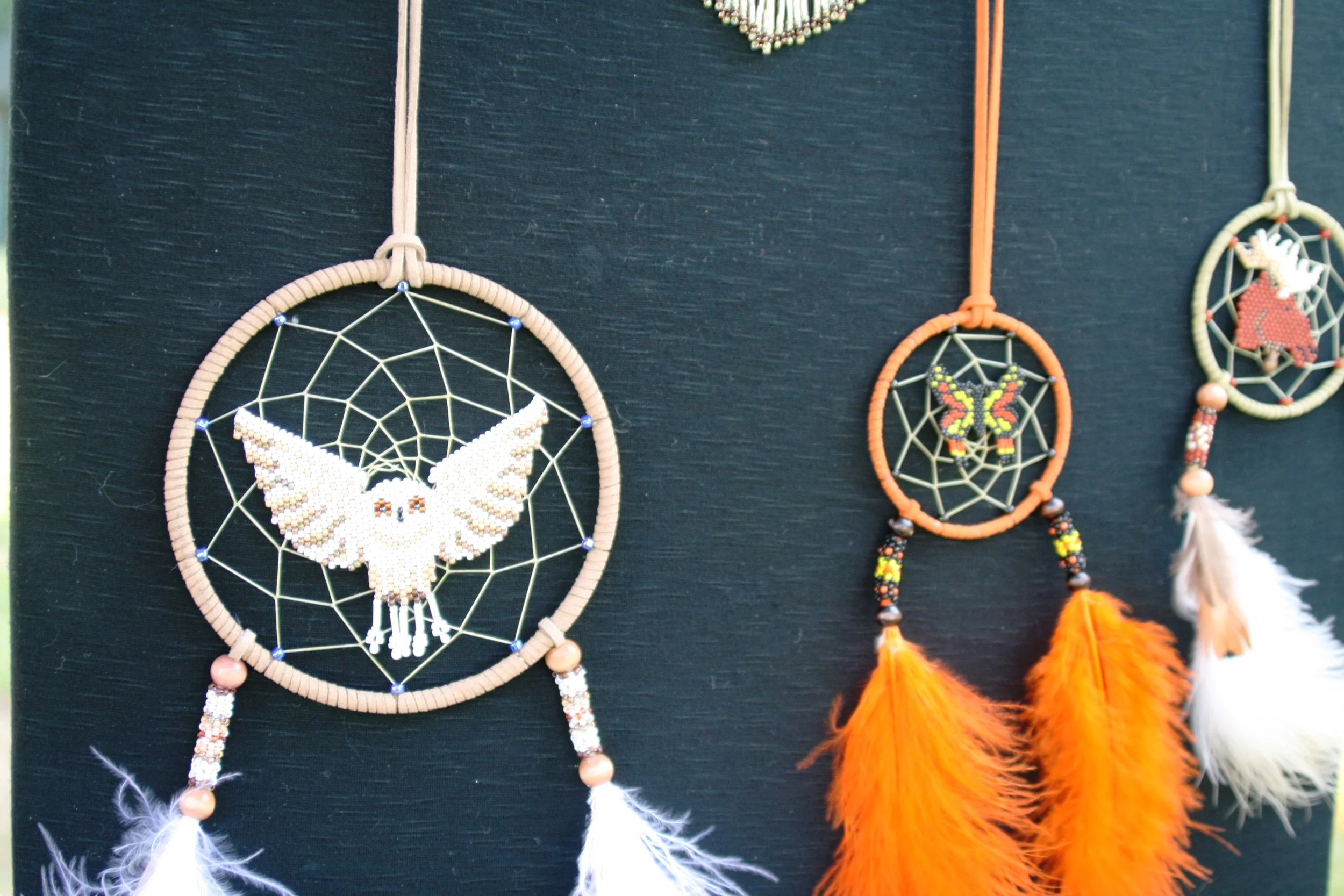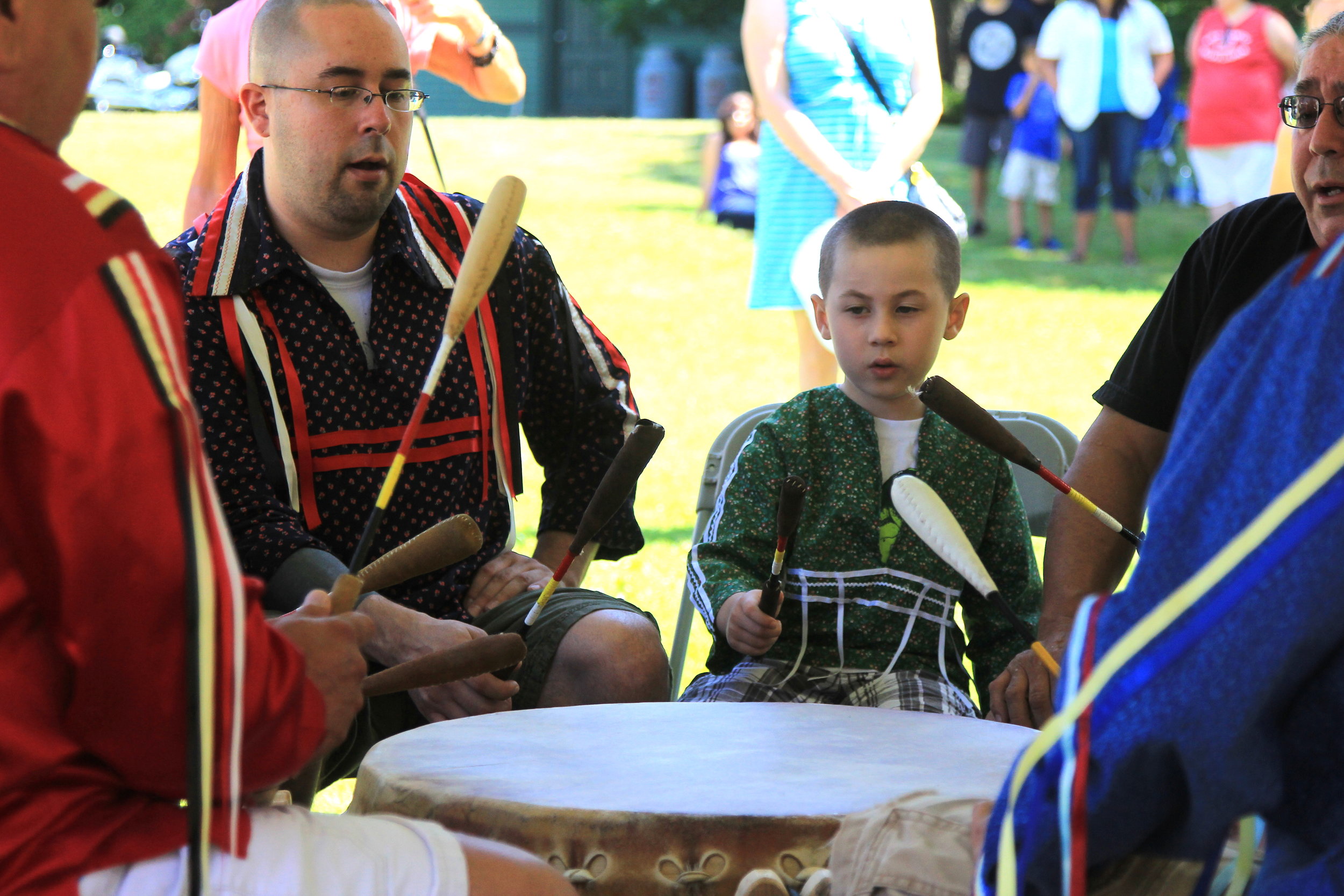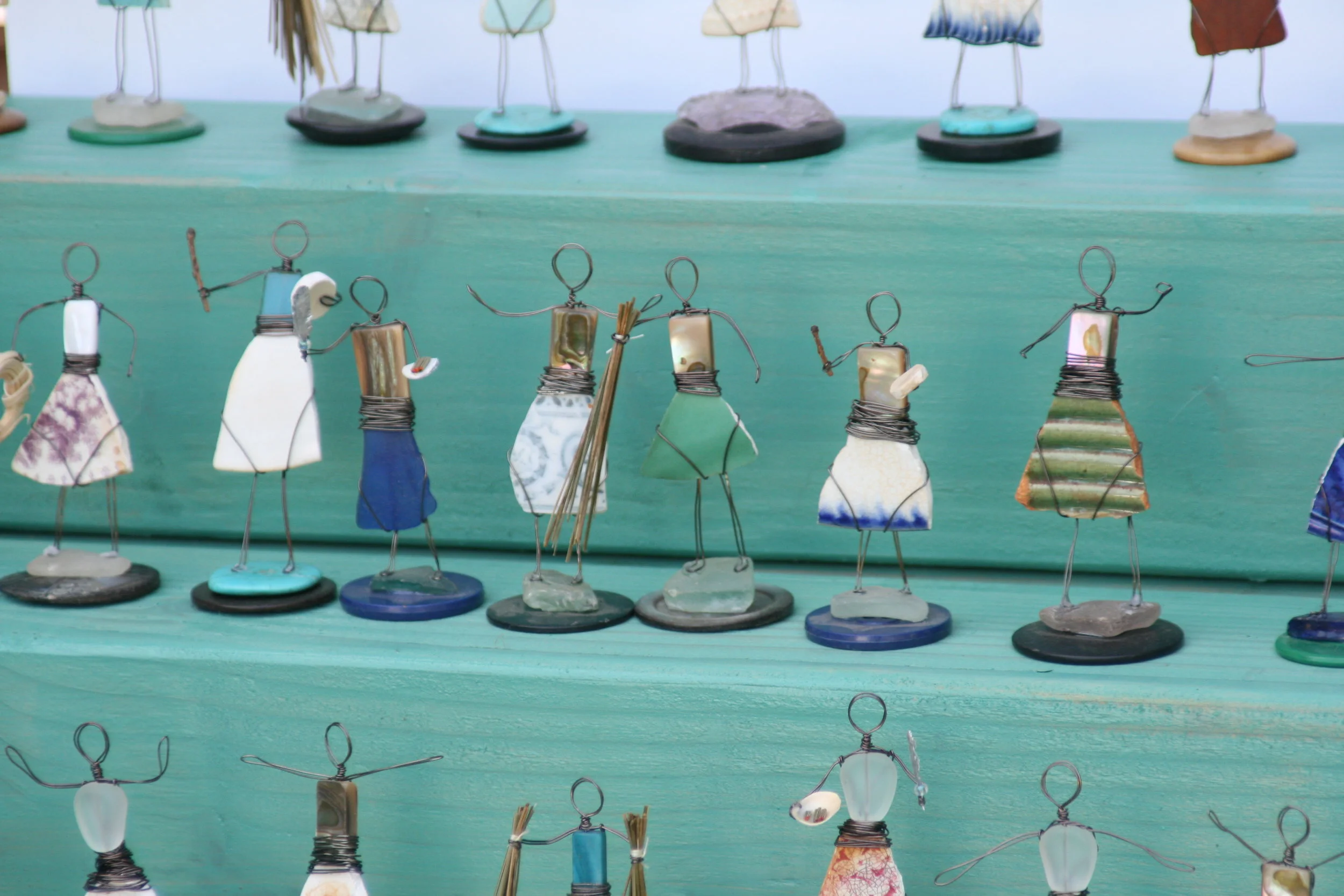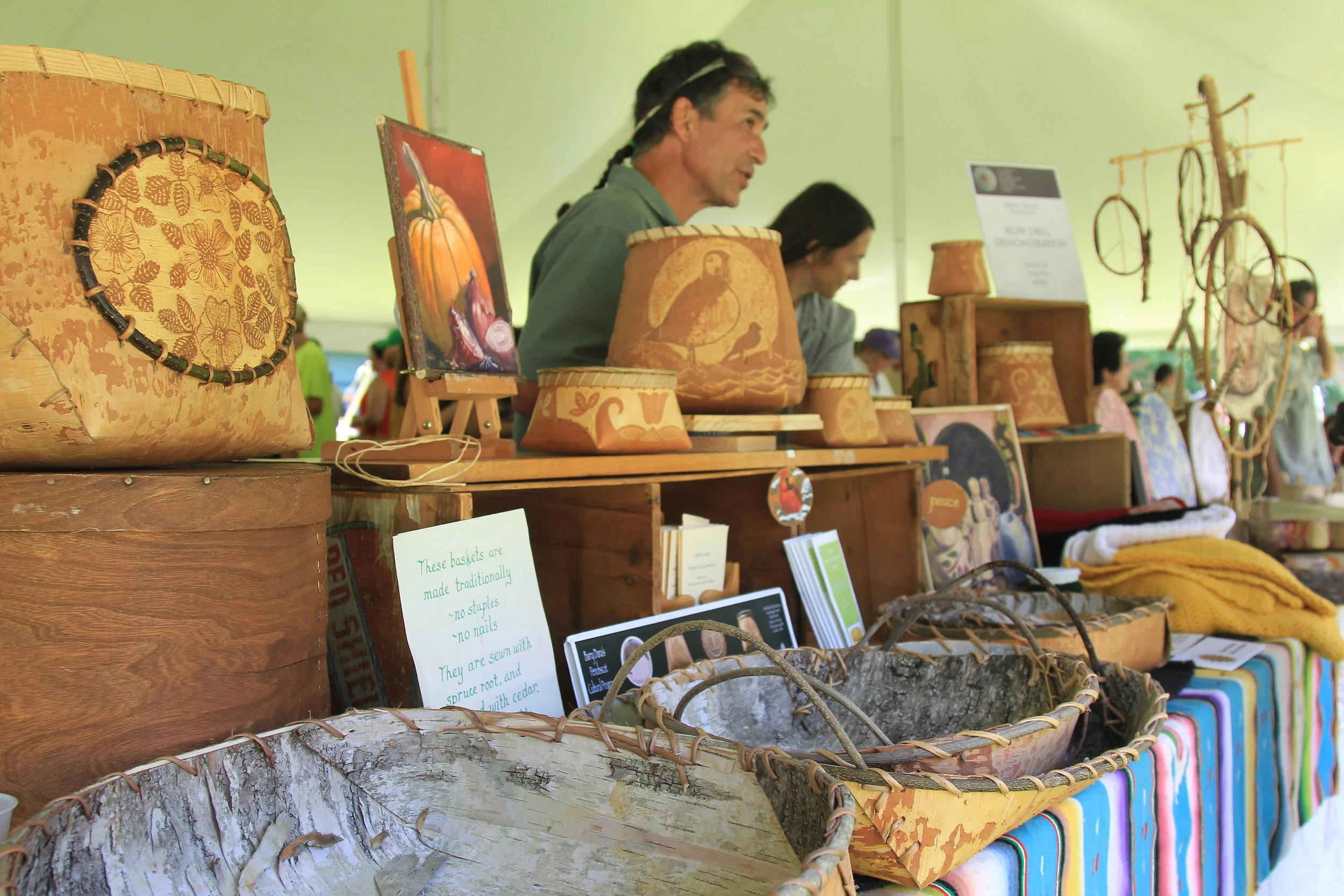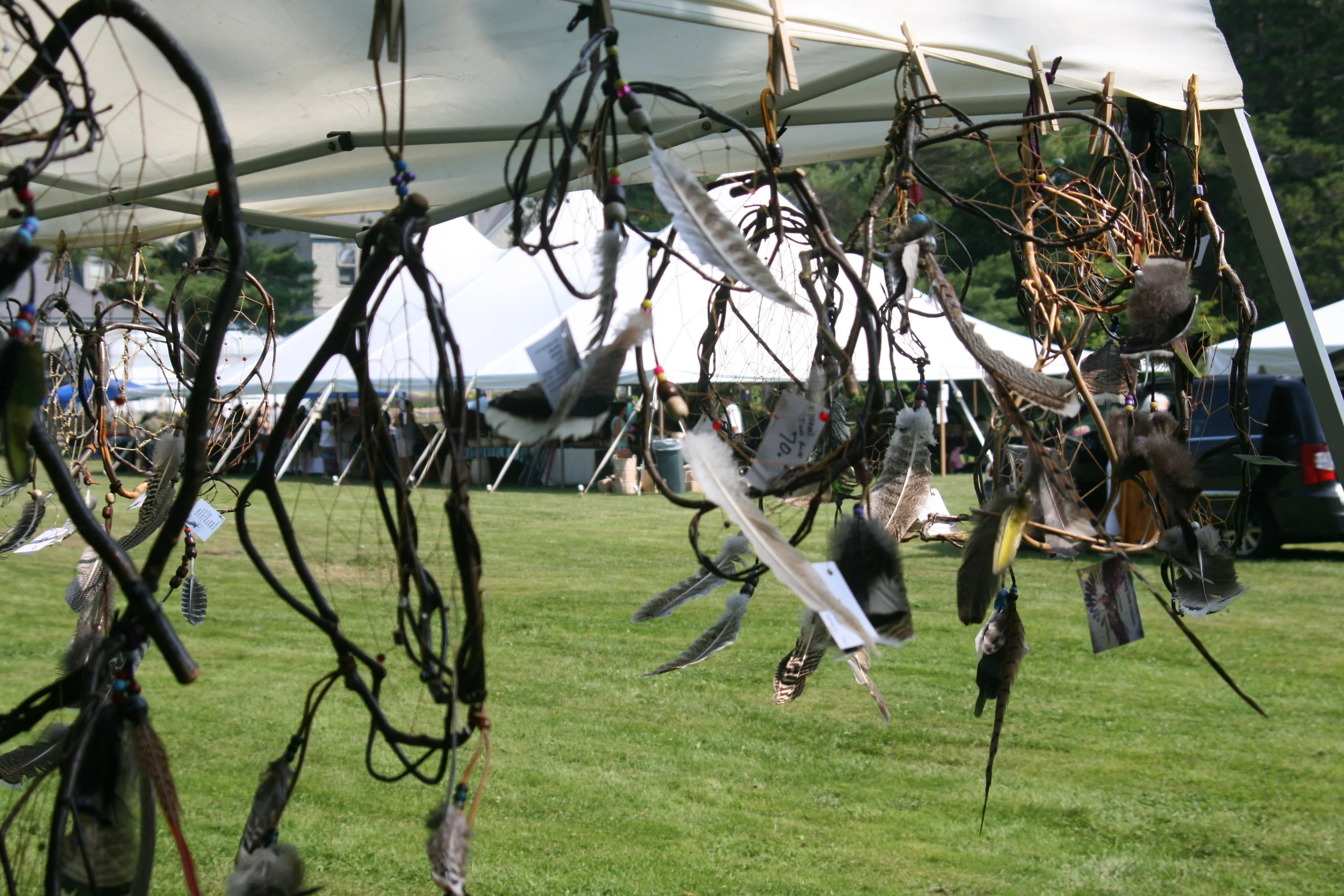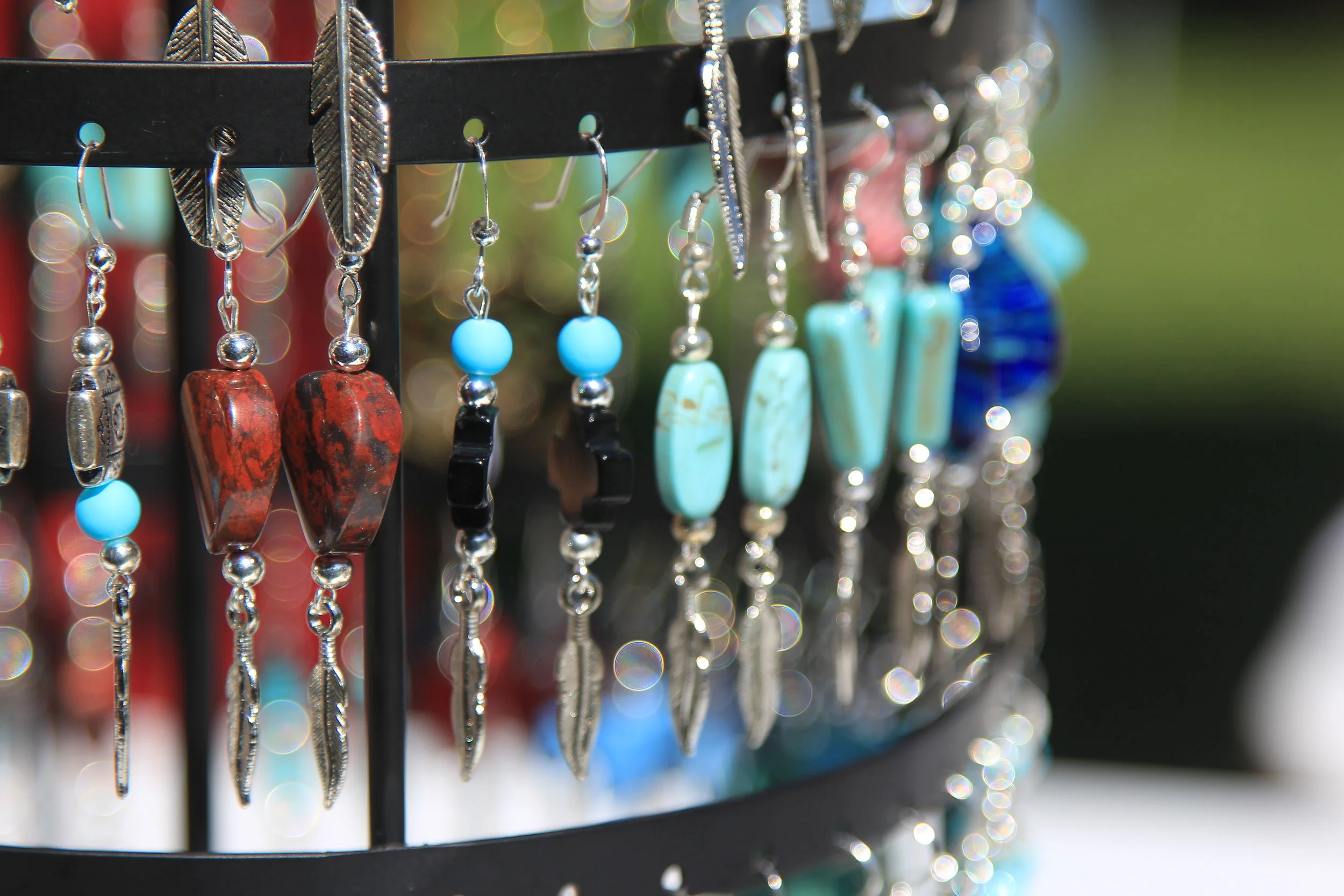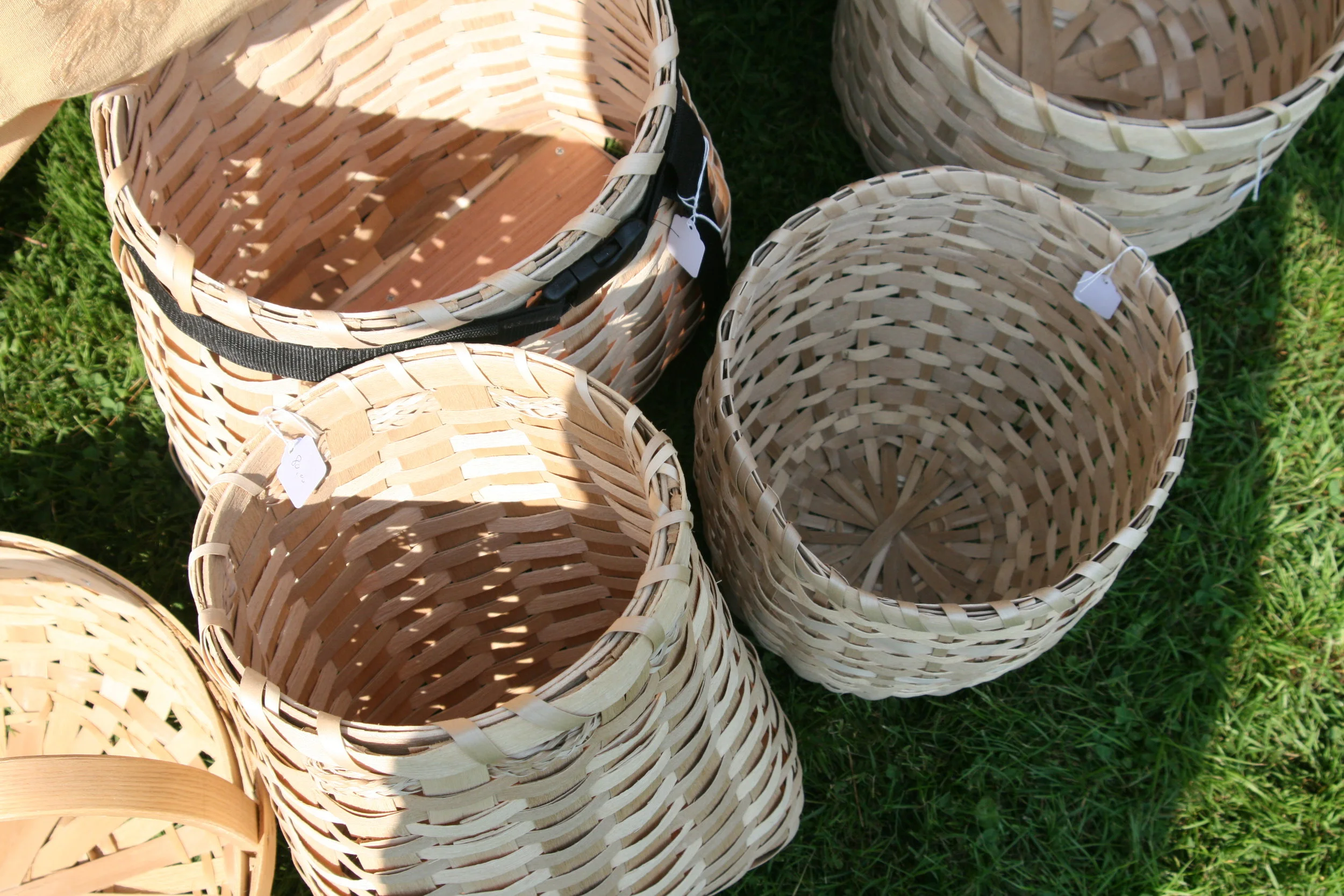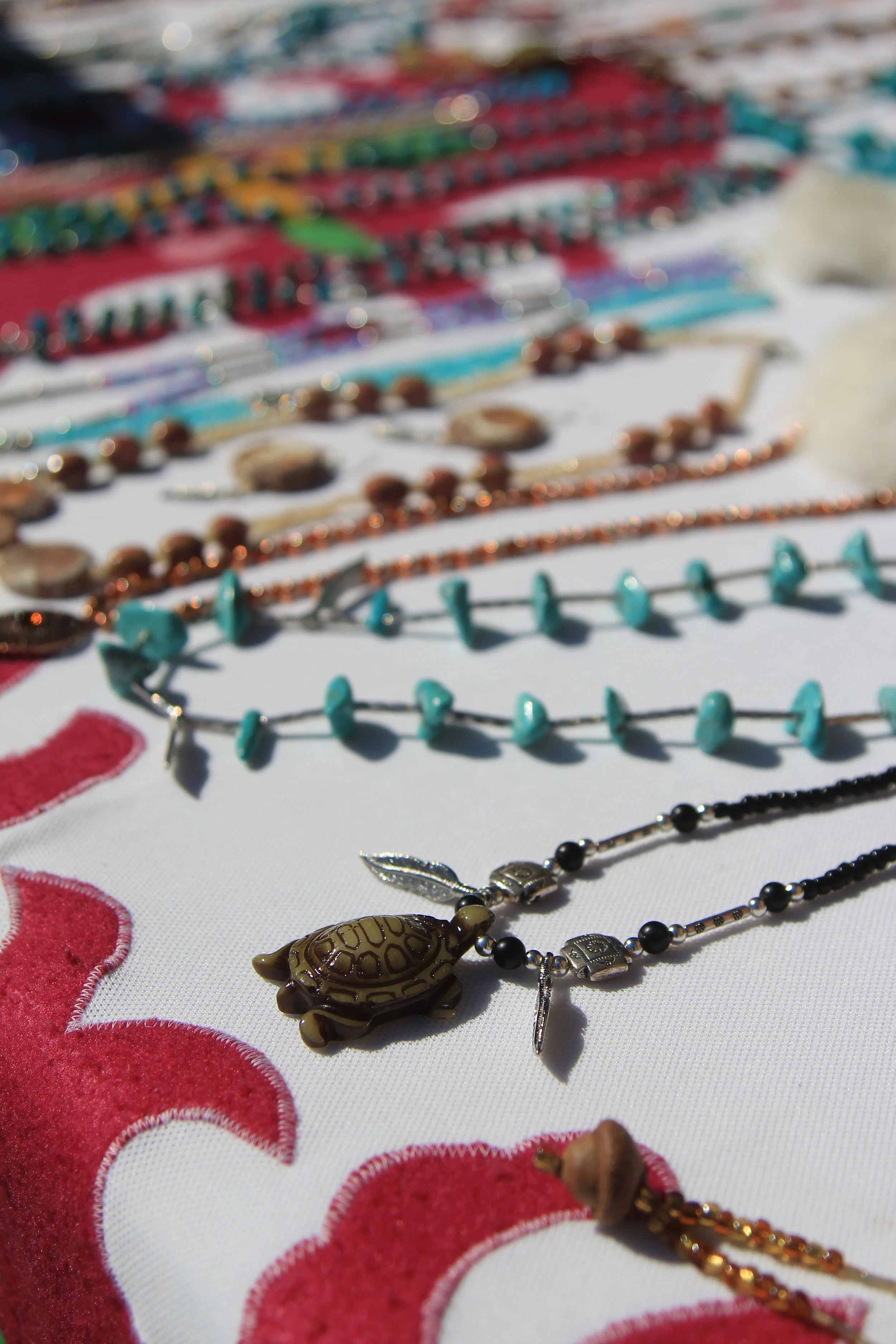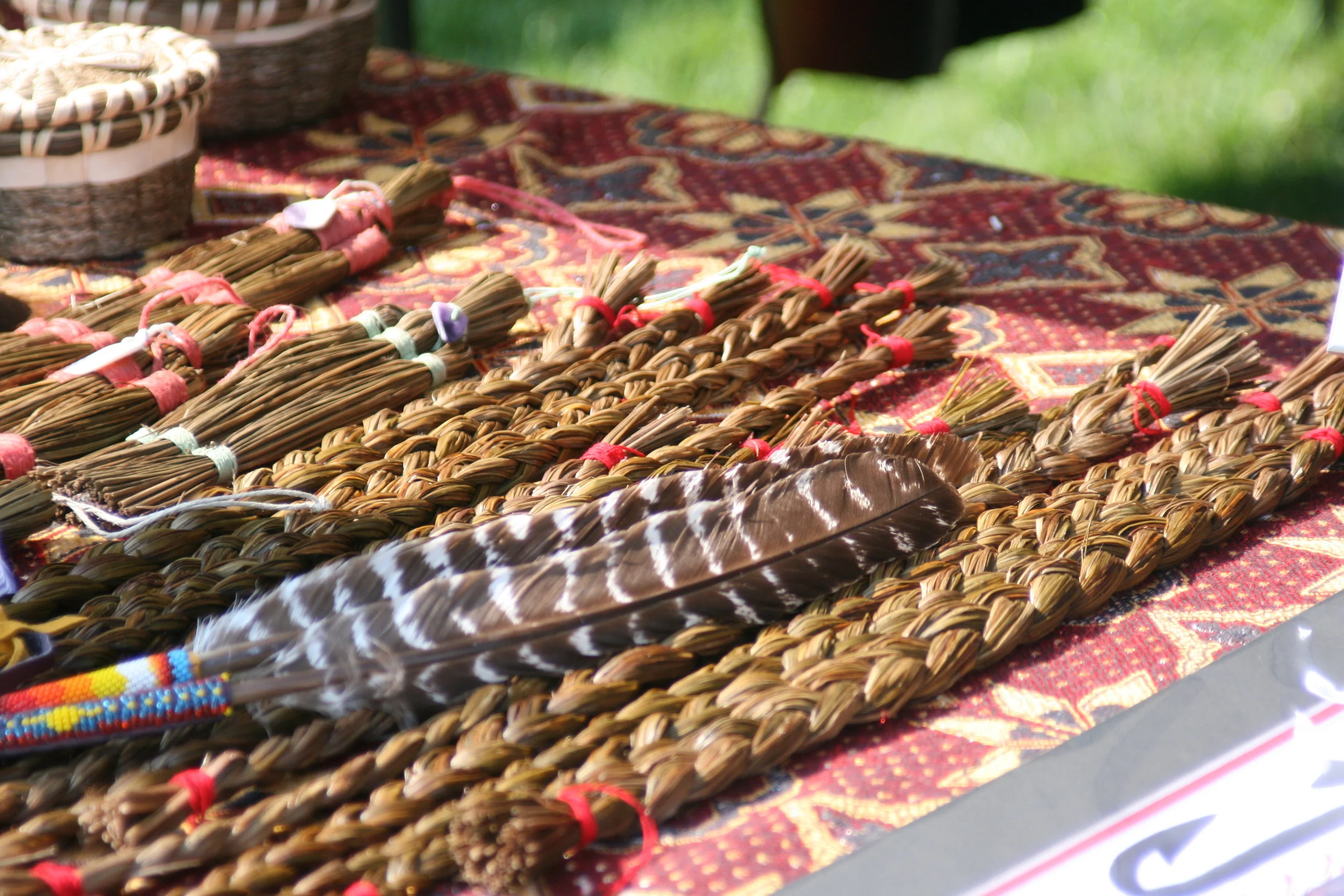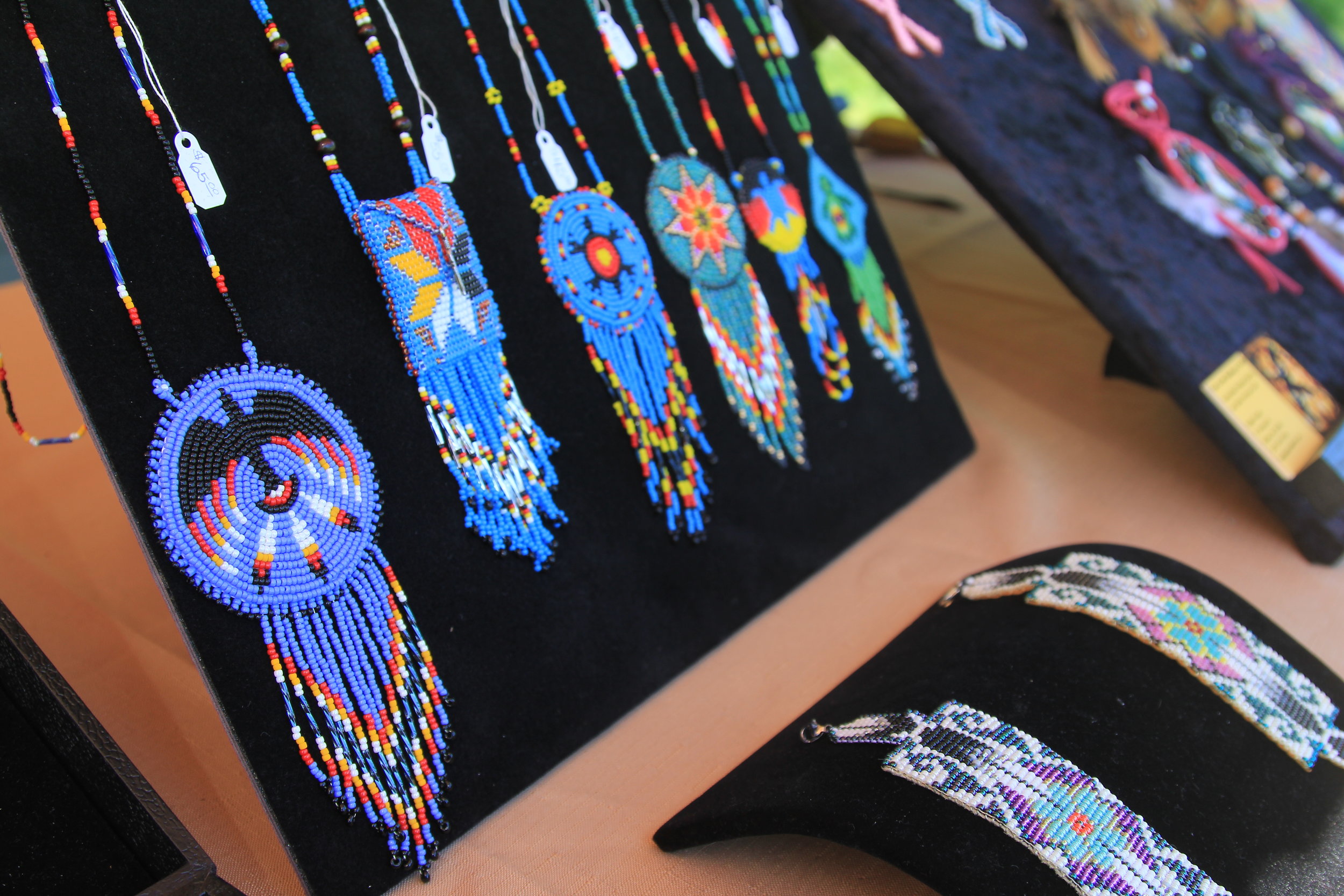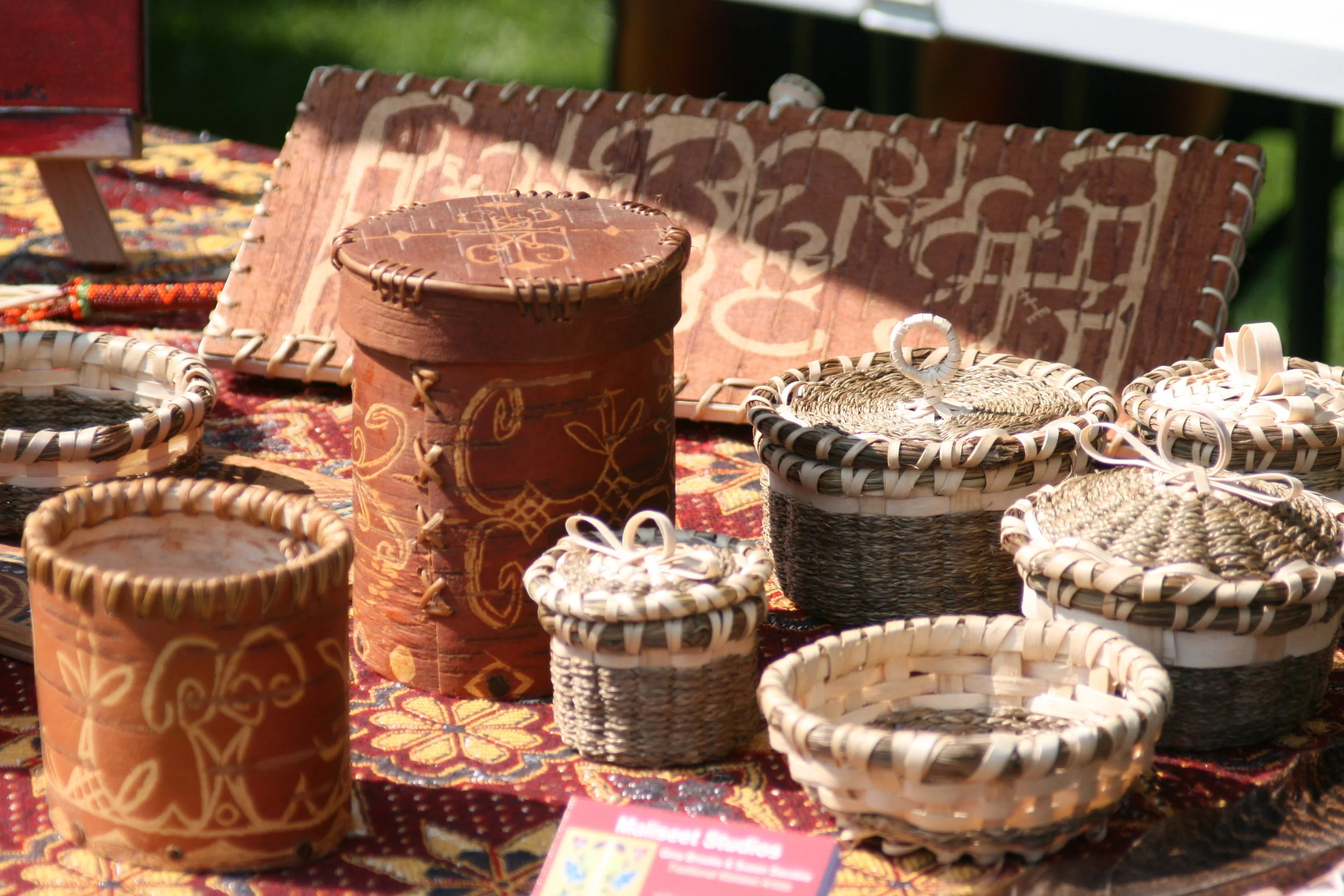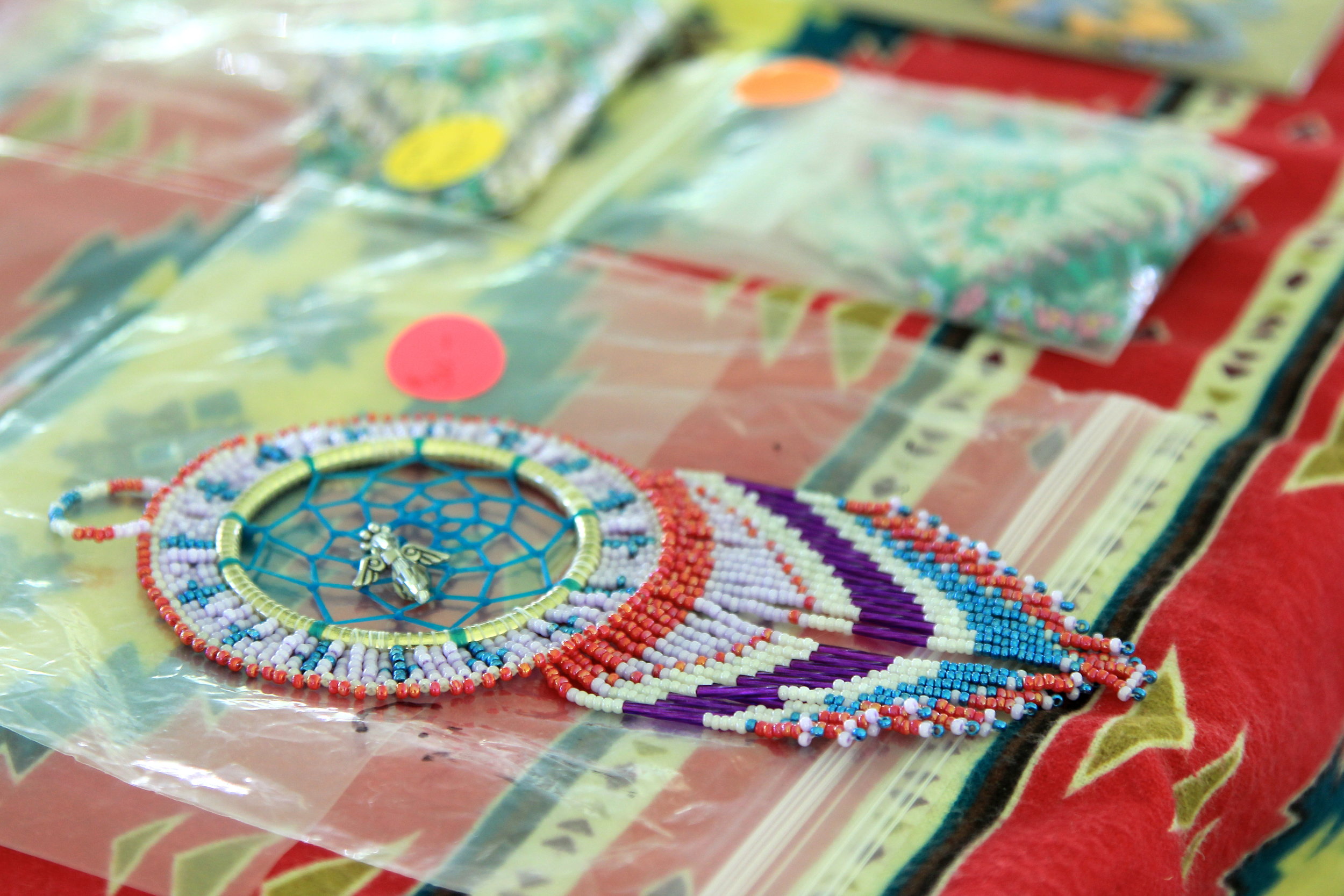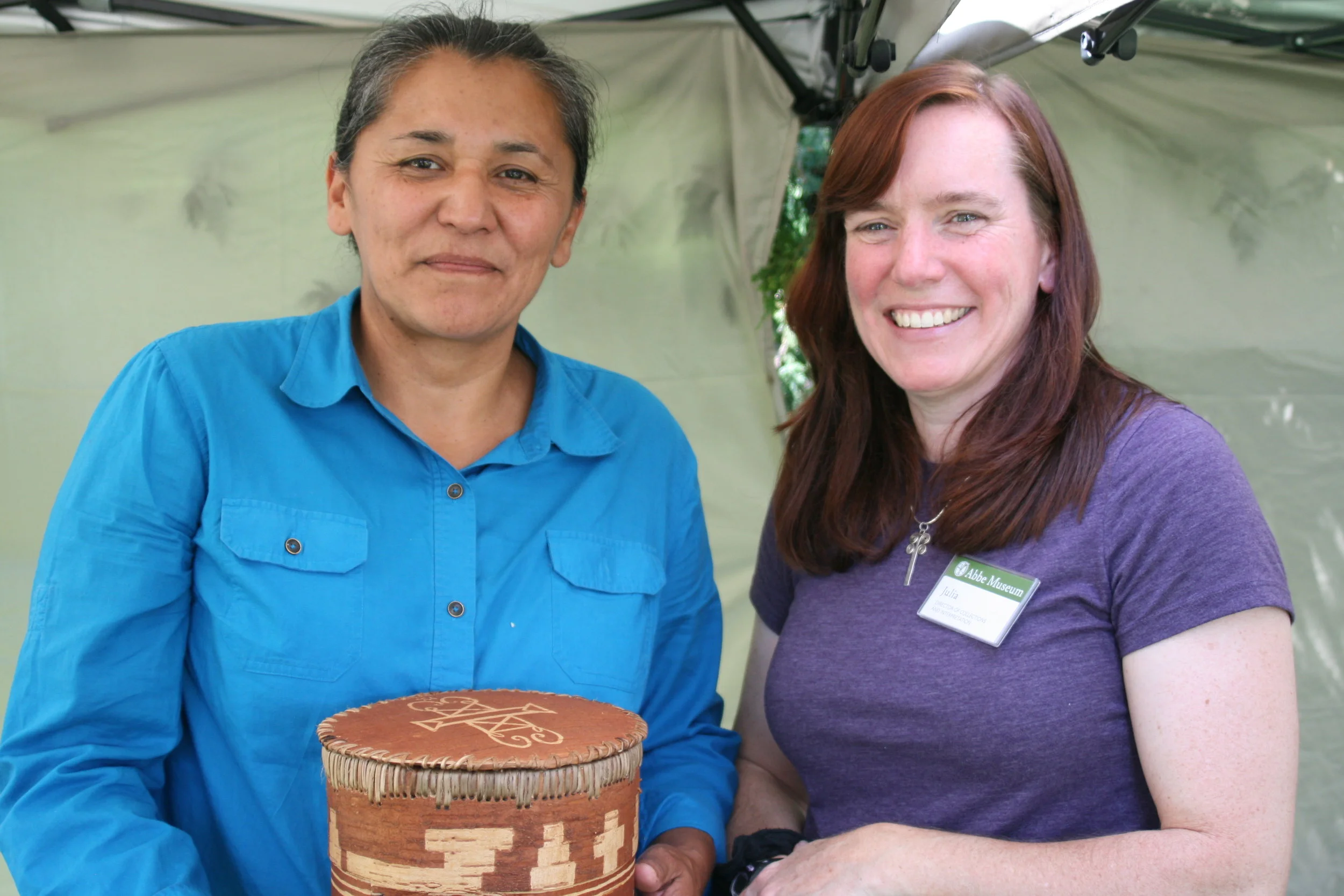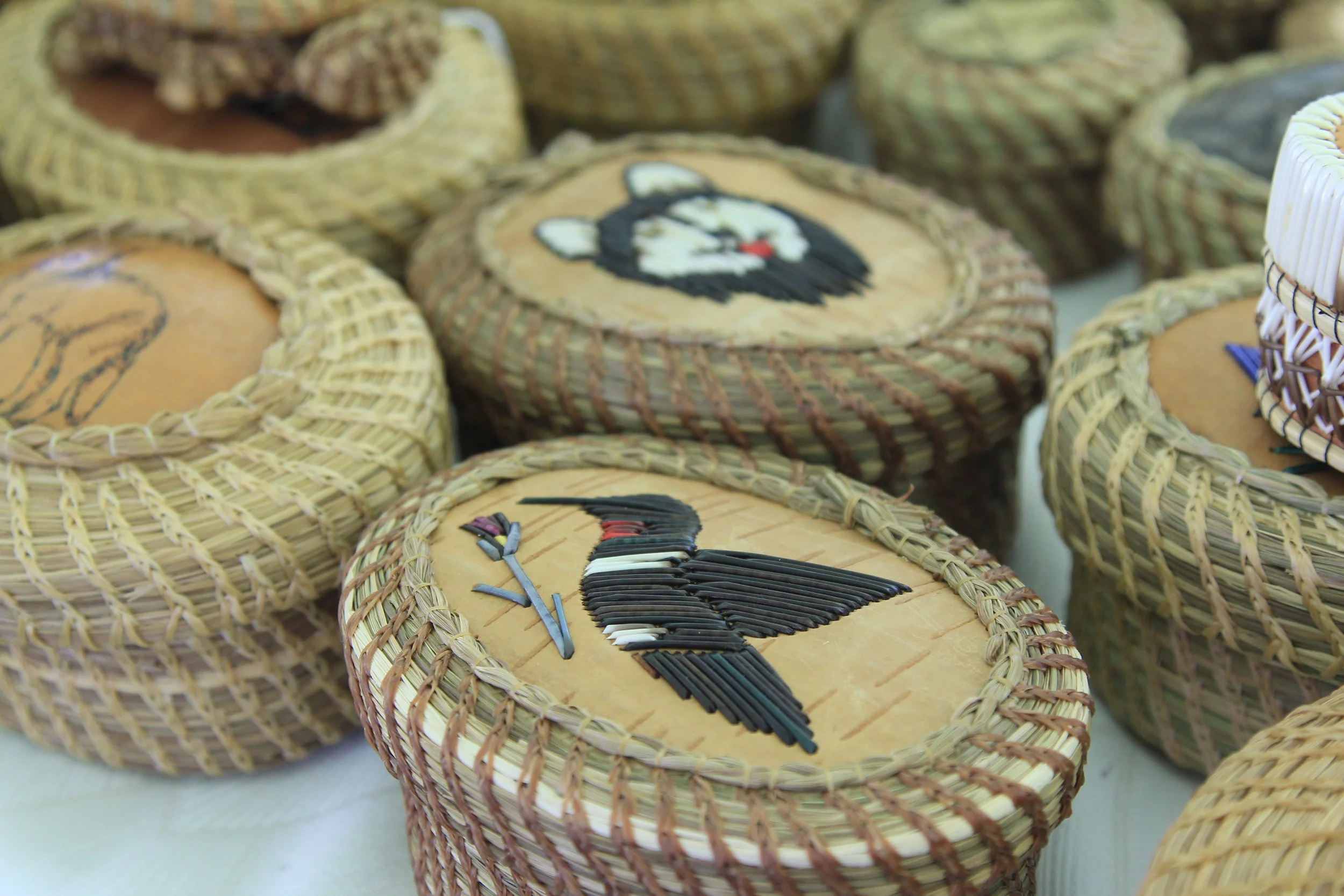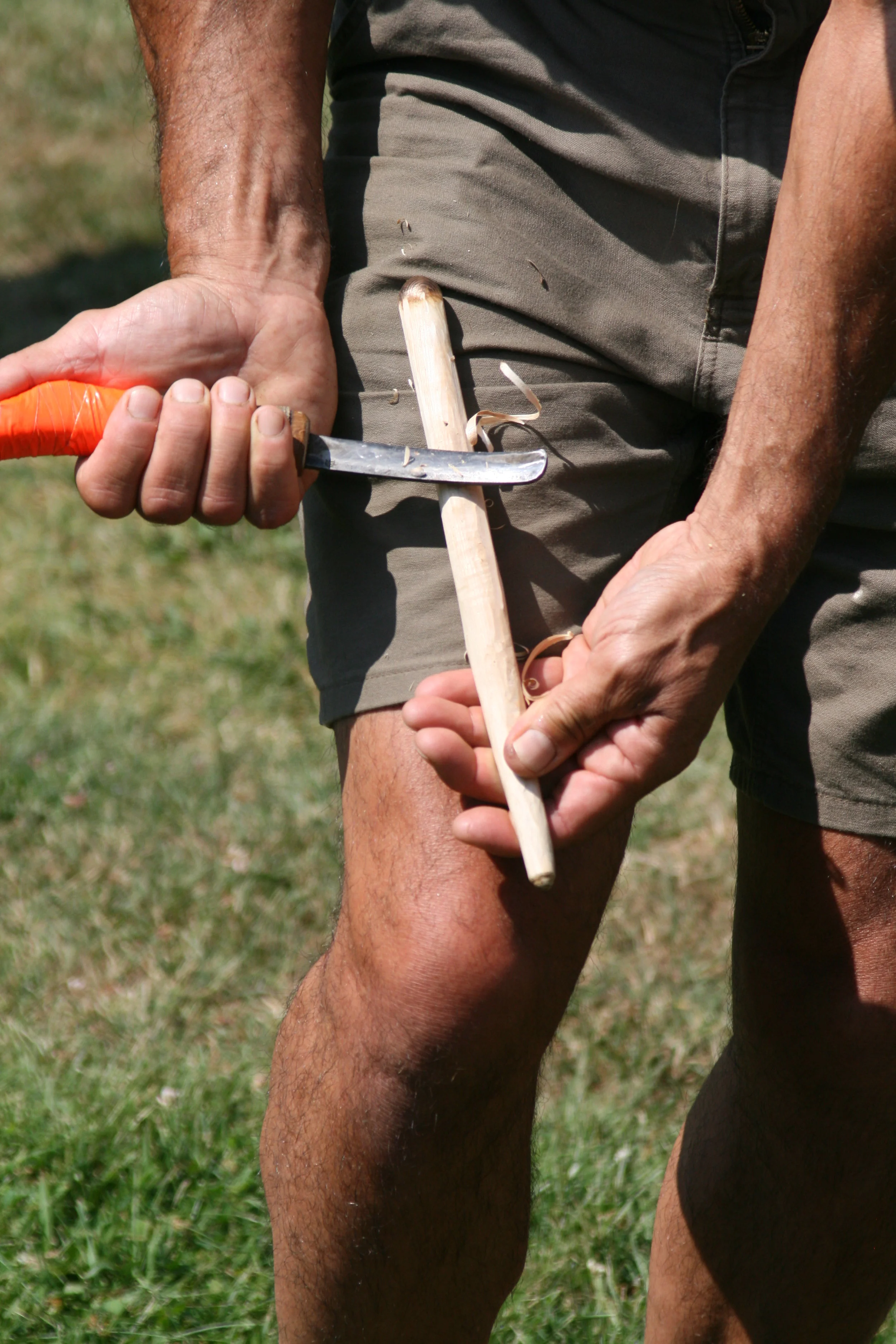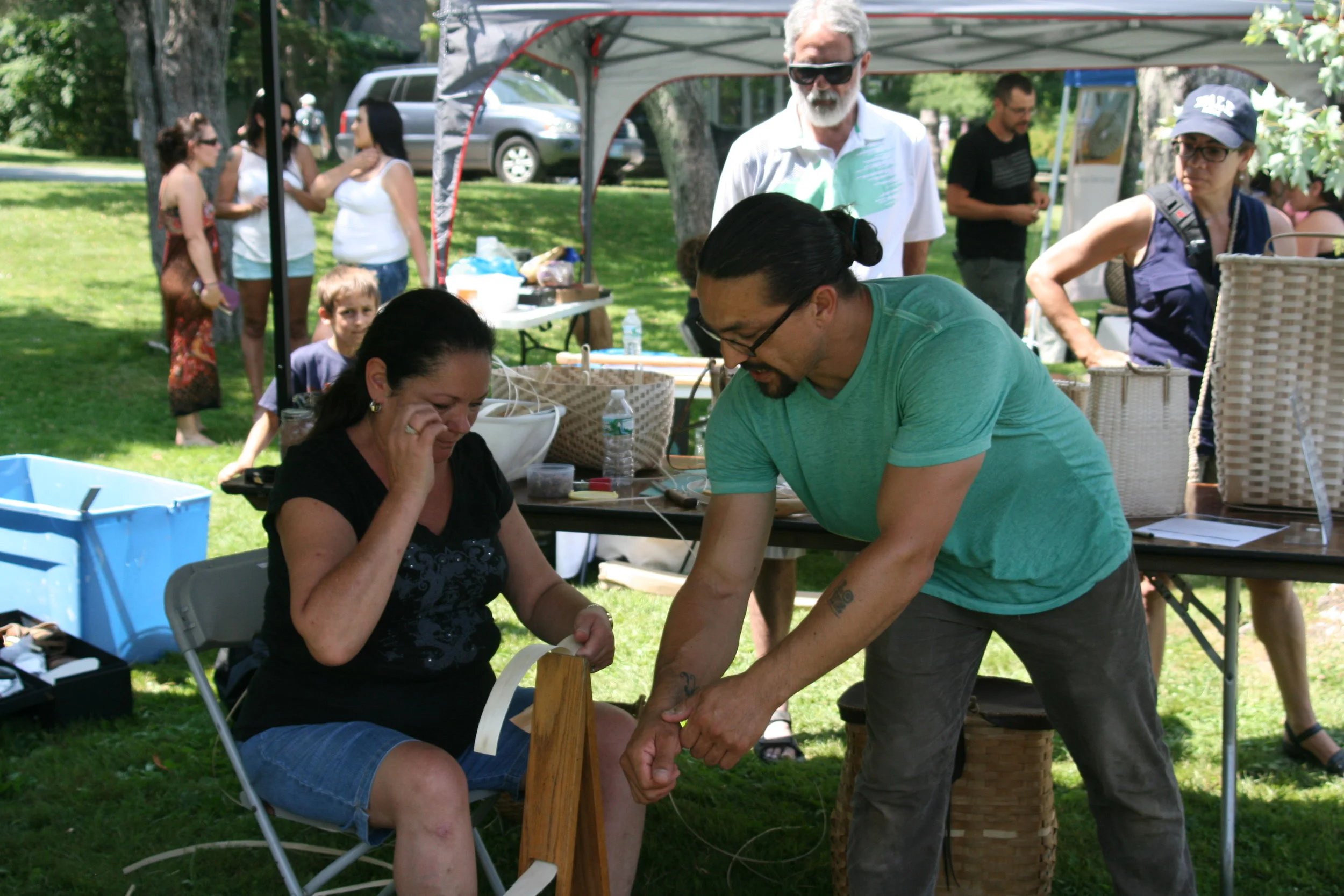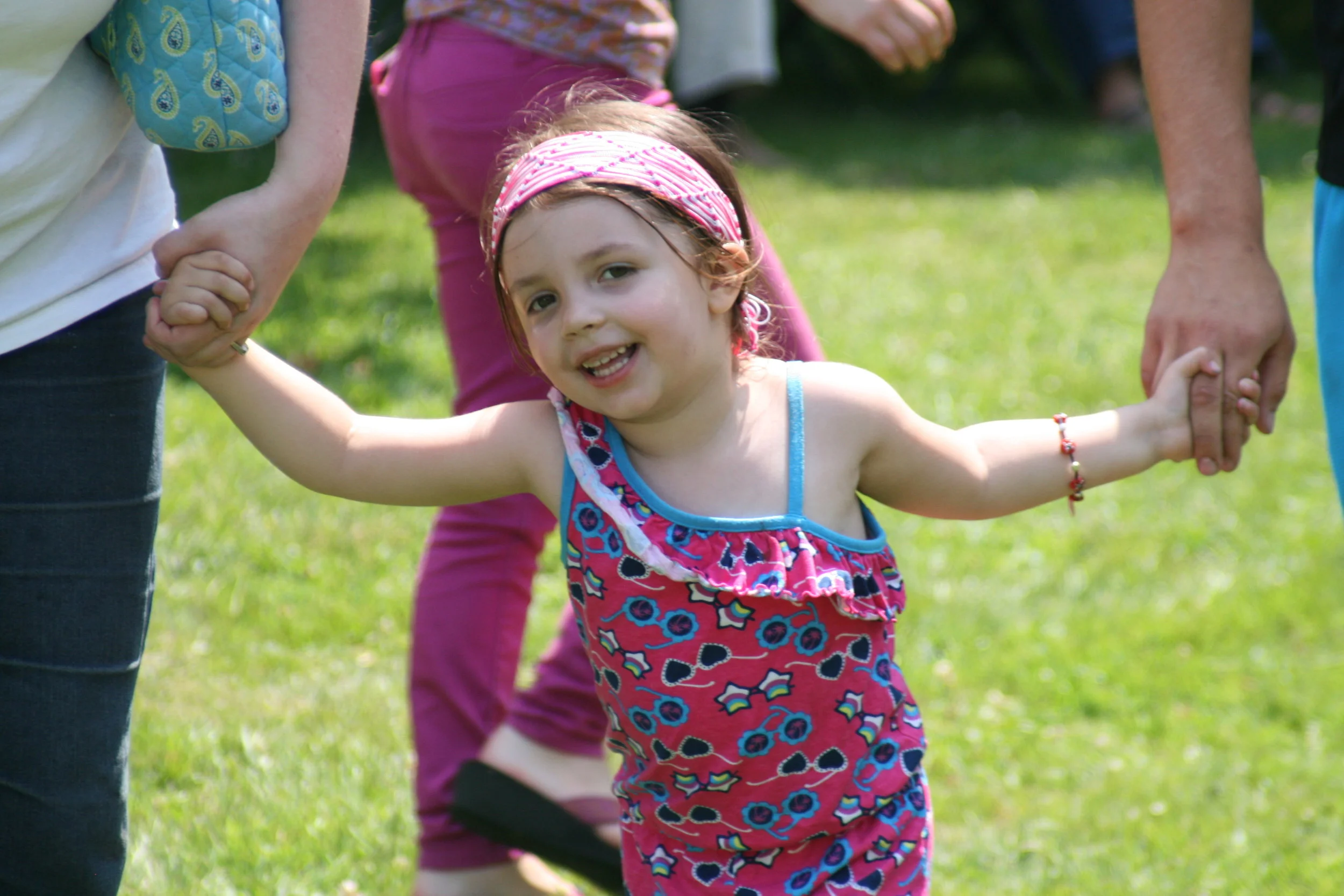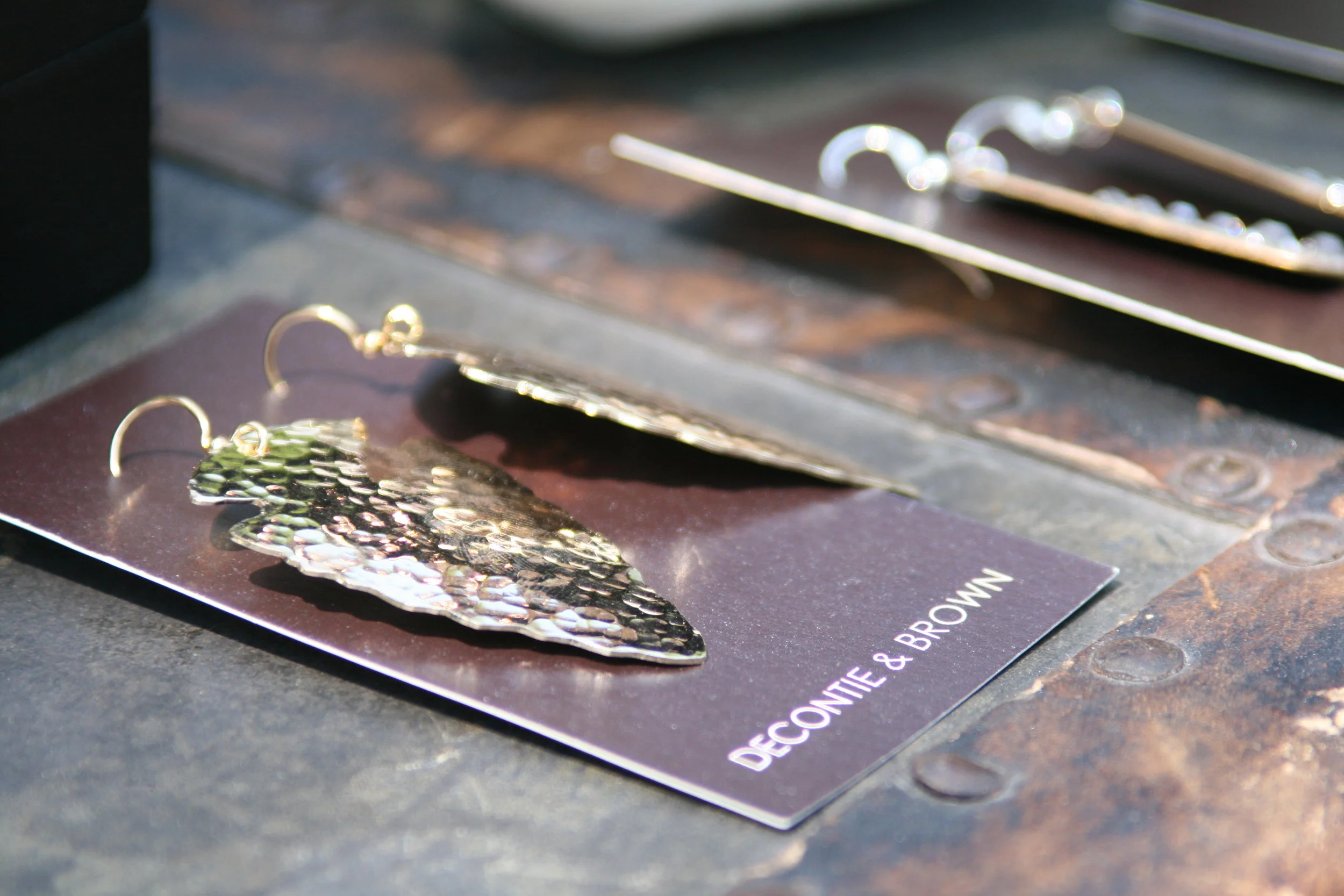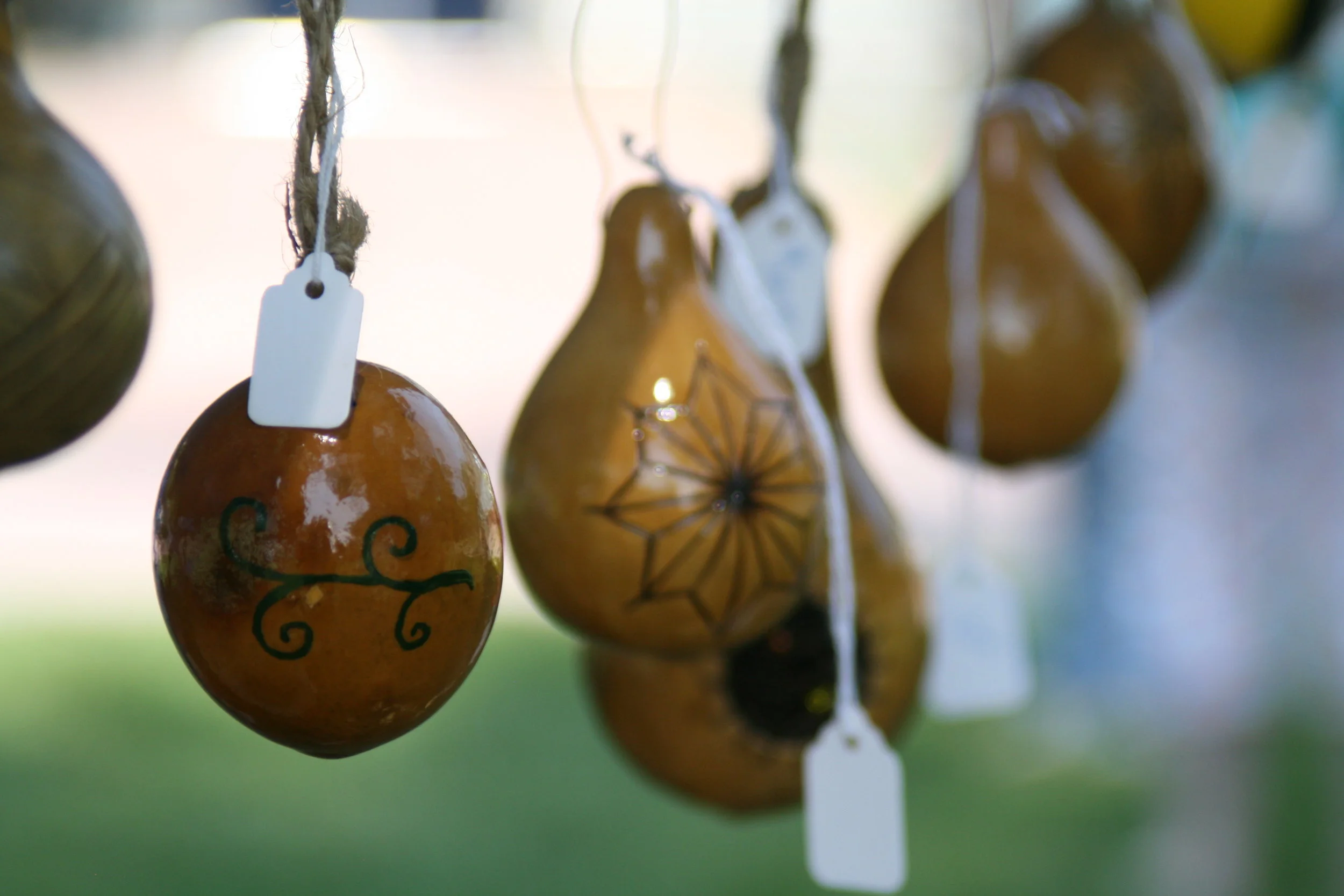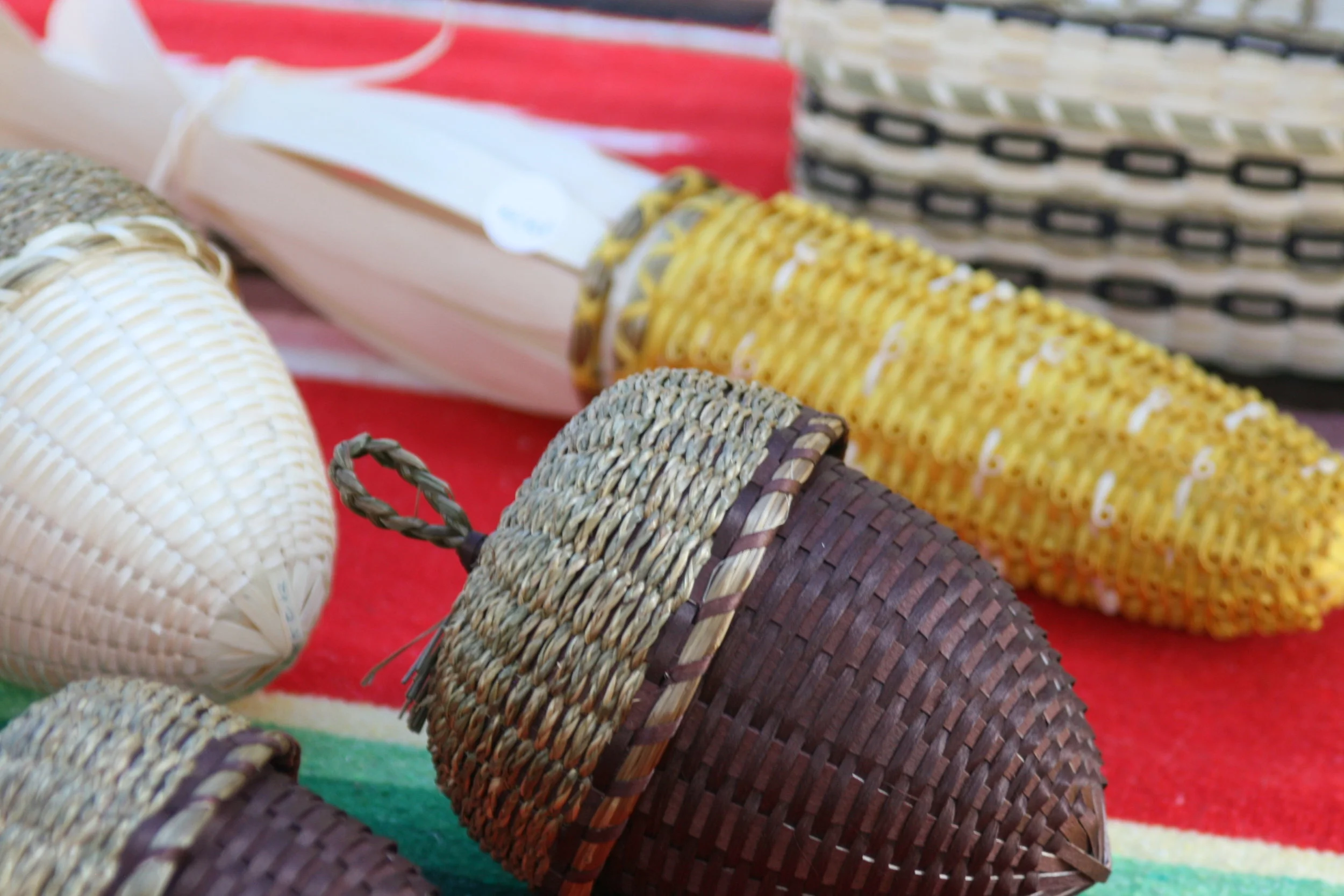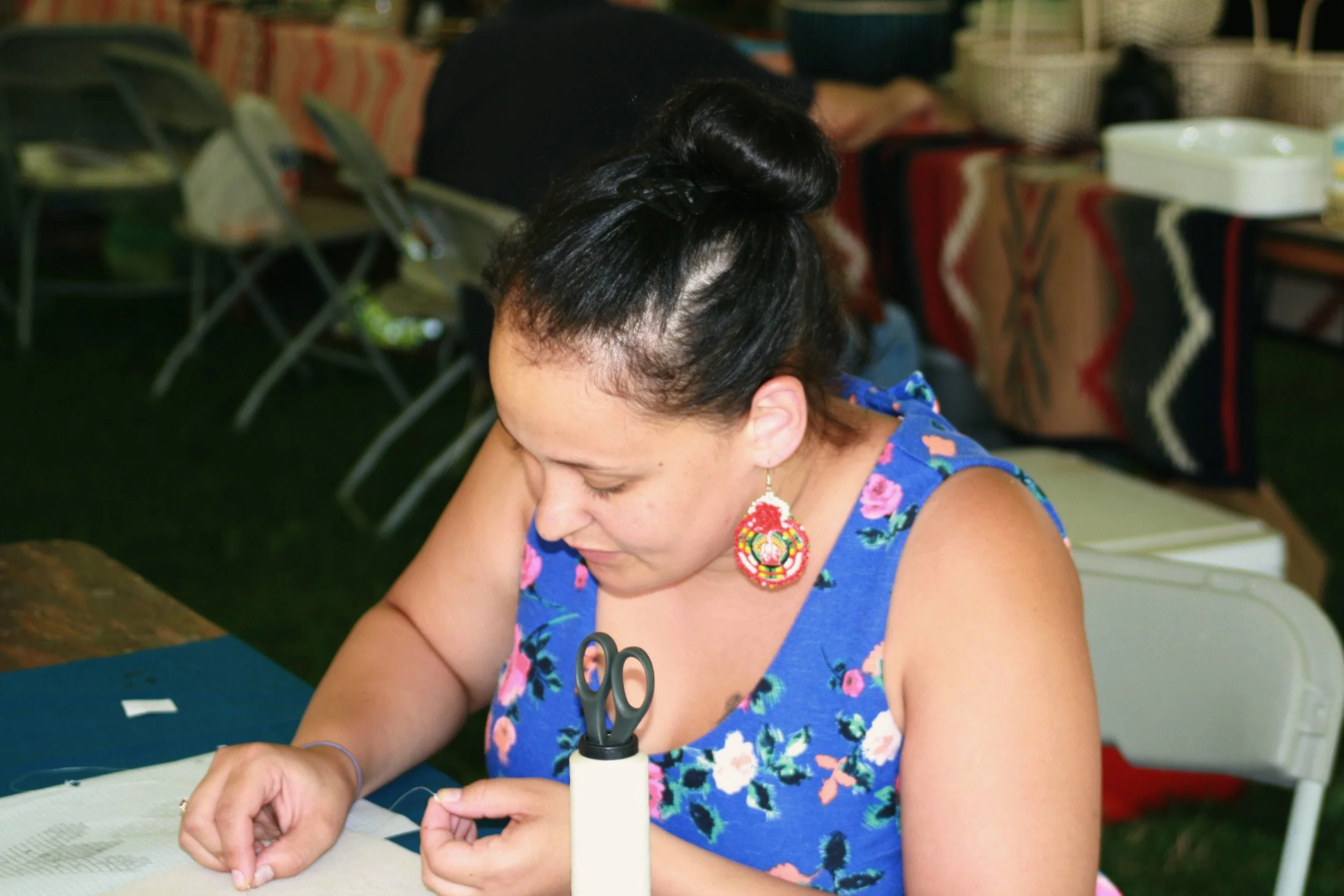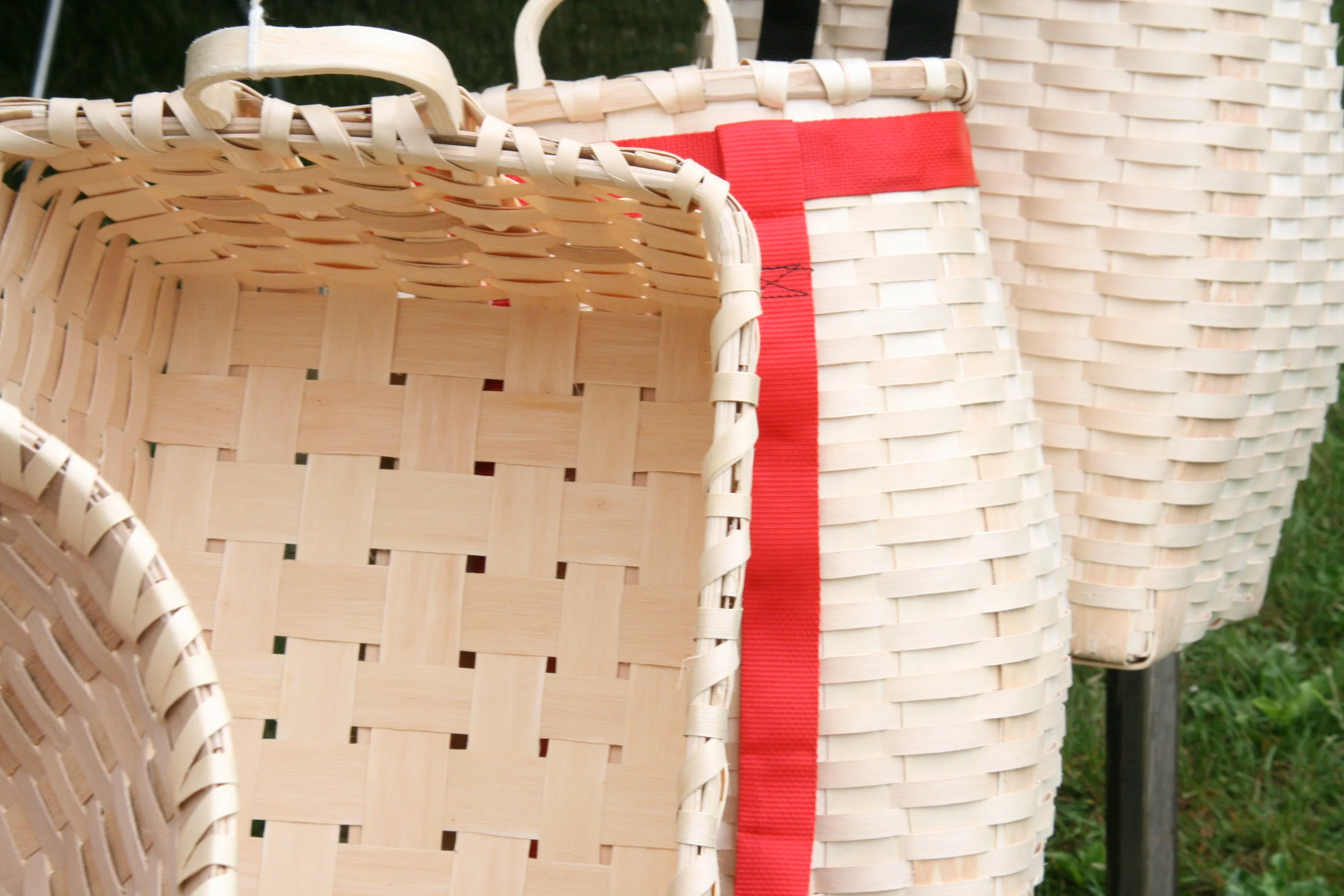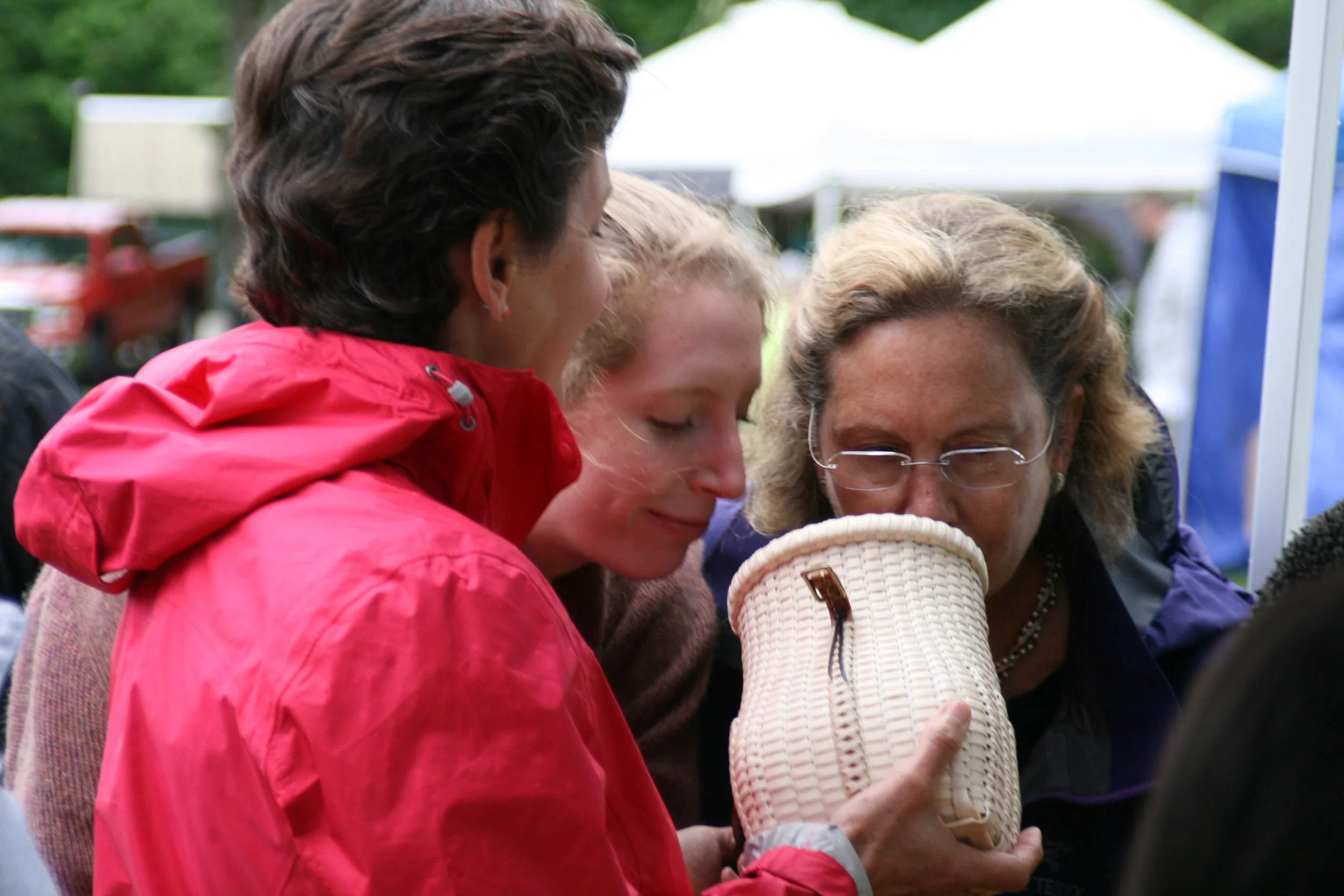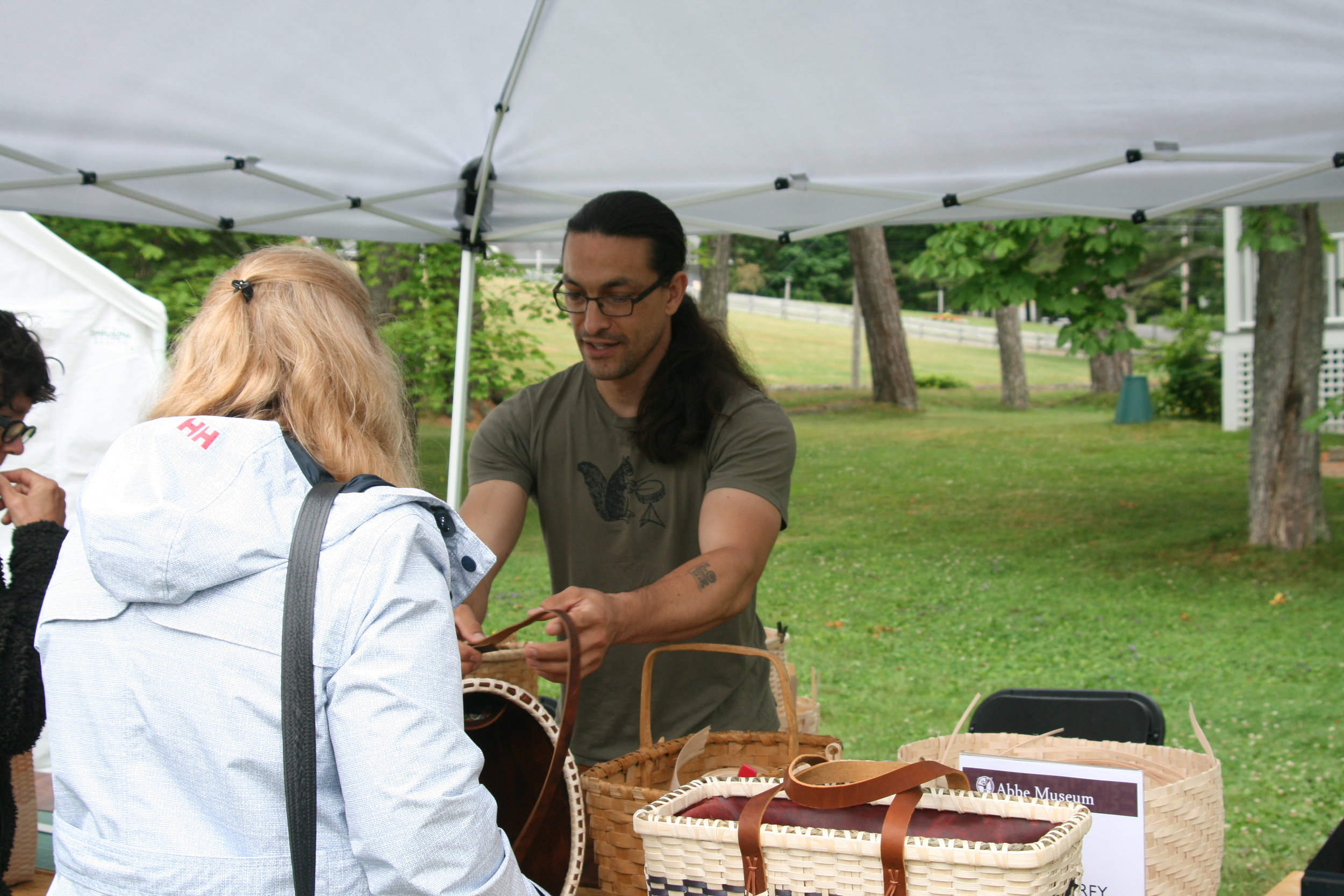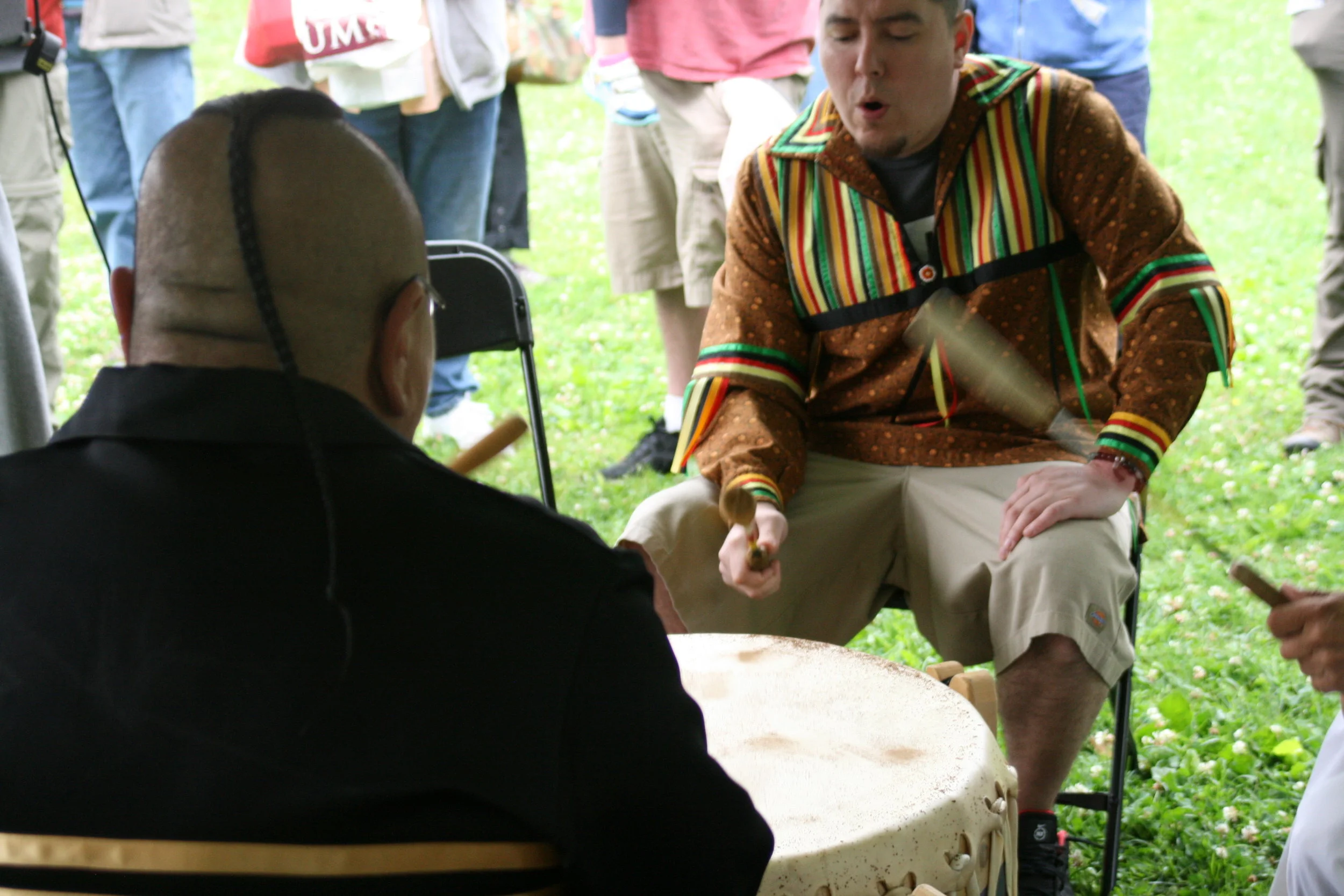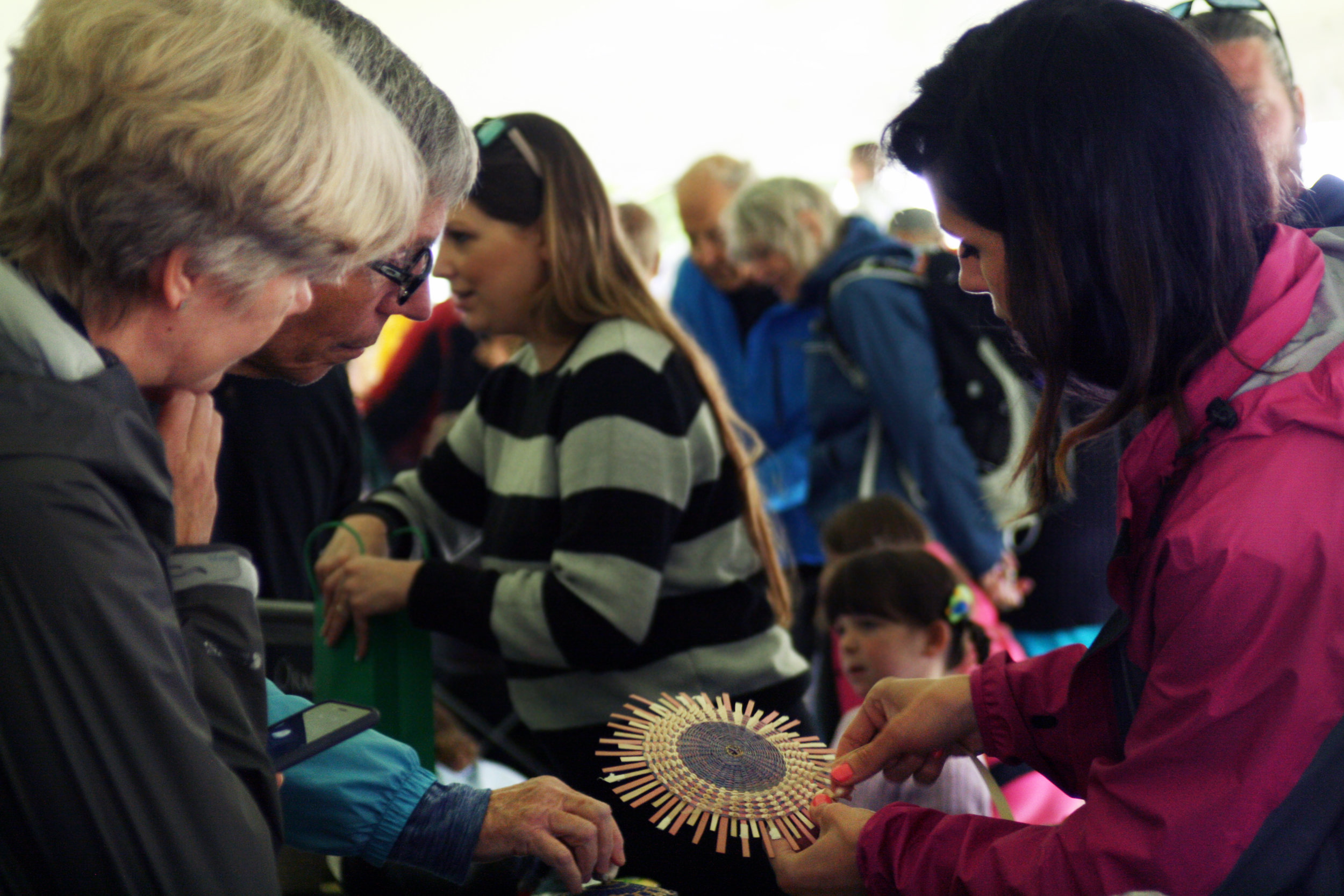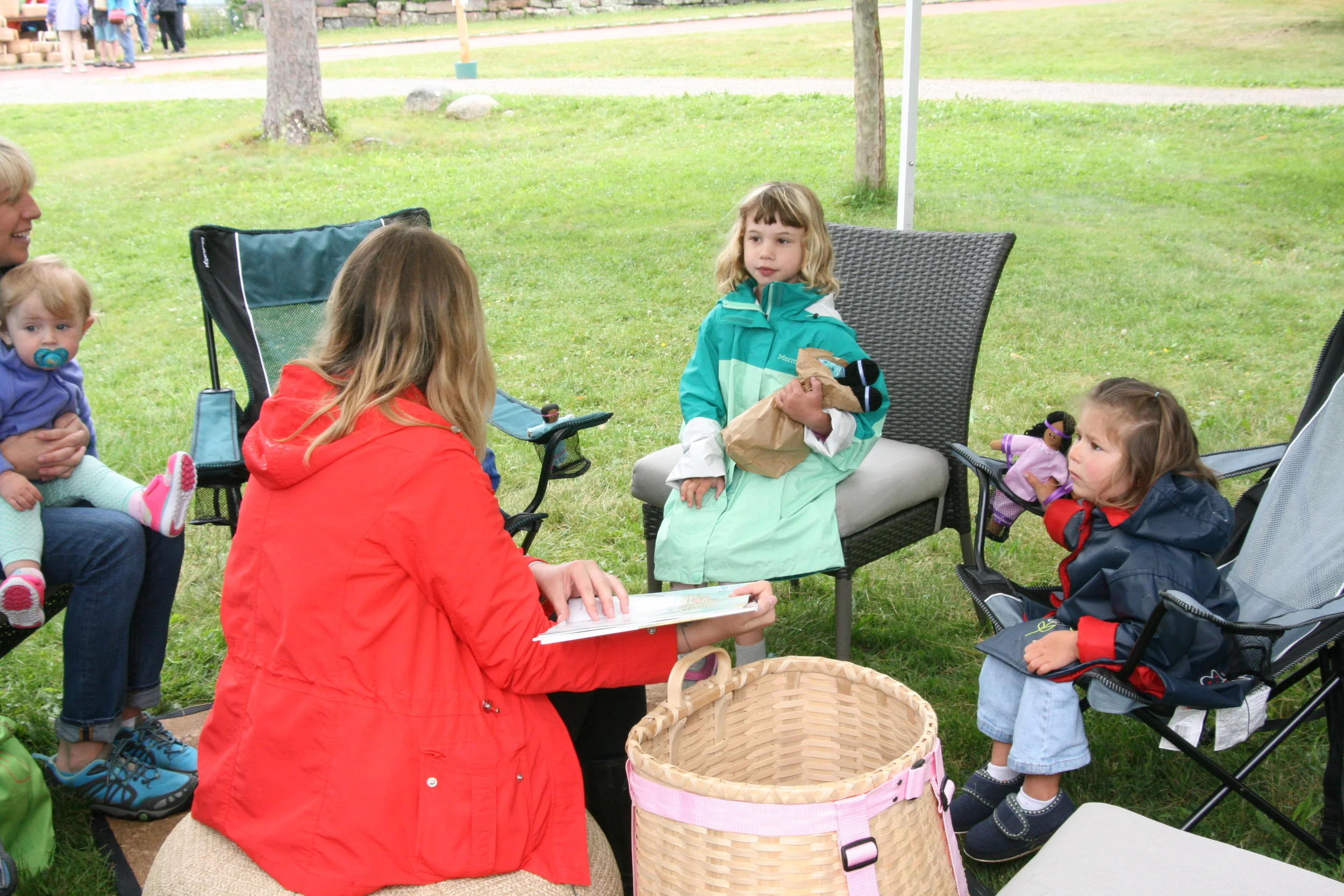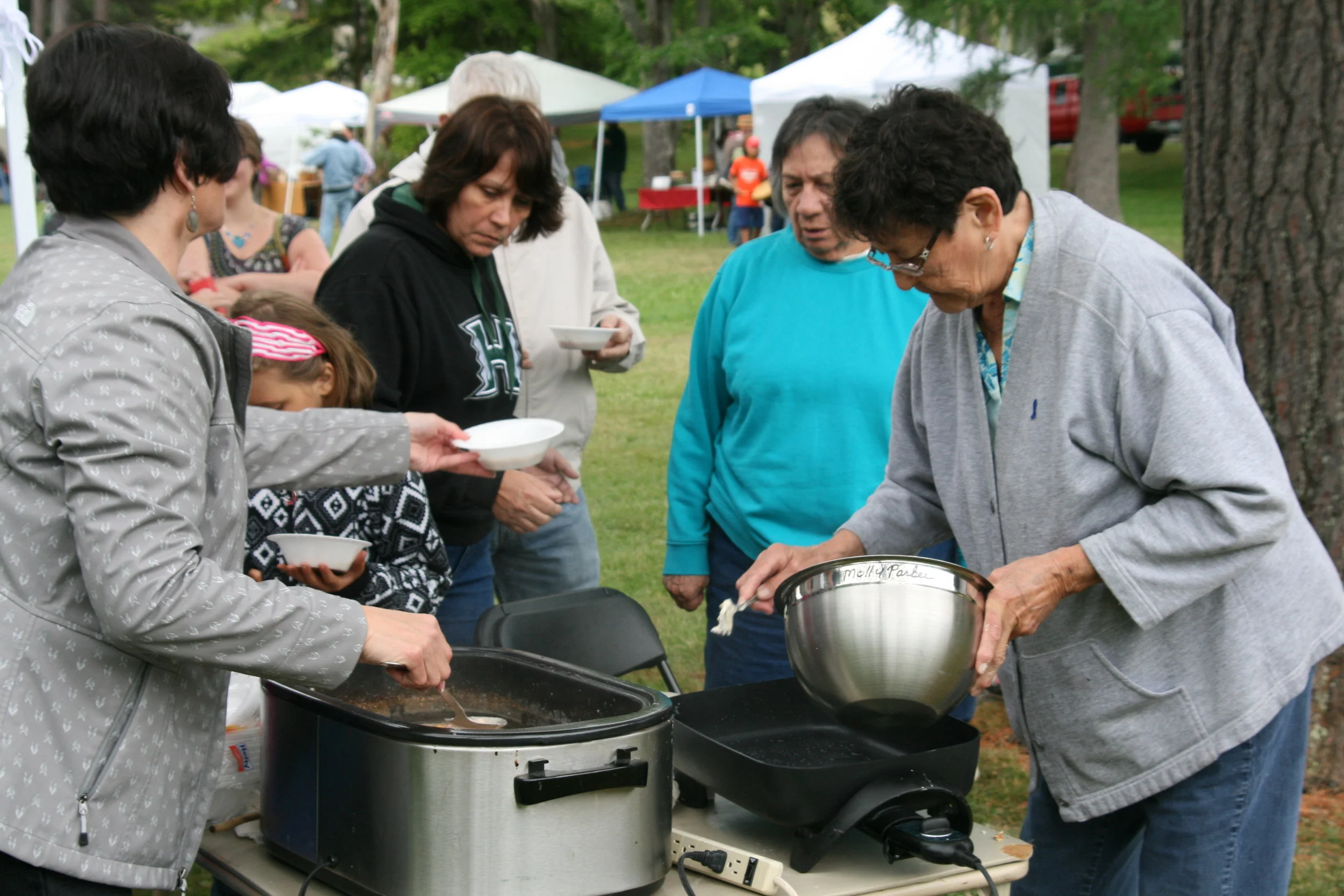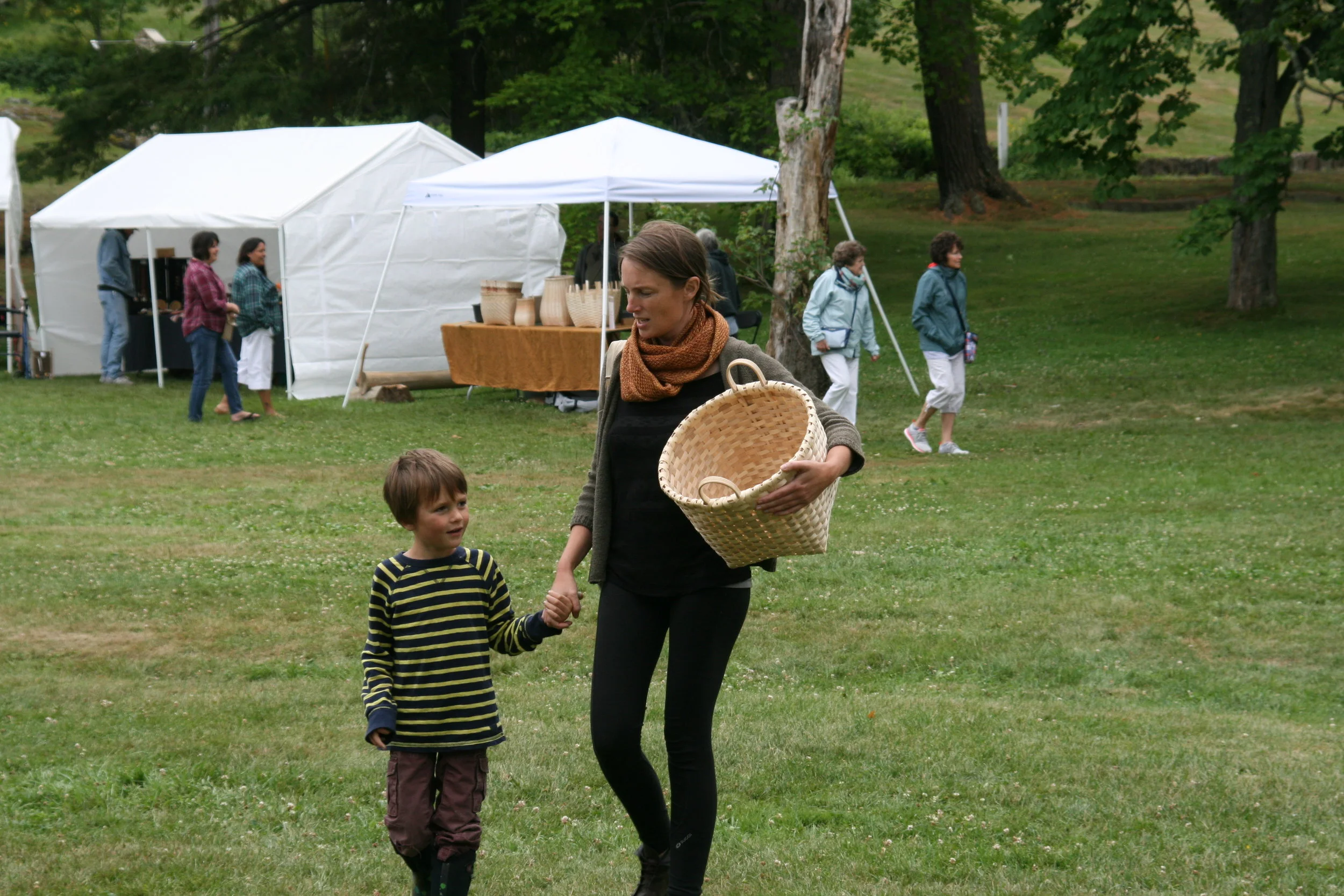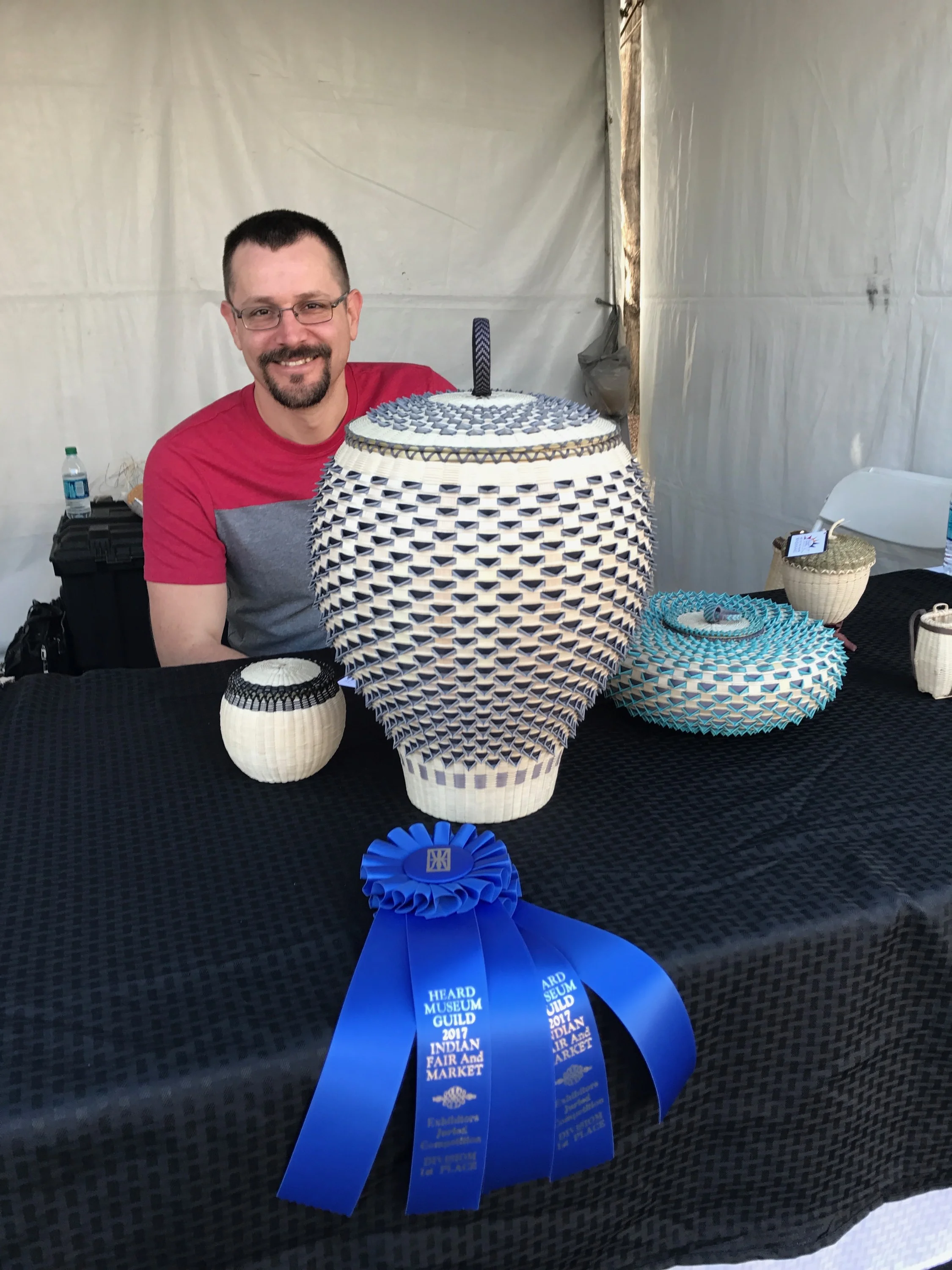Native American Festival & Basketmakers Market Celebrates 25 Years with a New Location
/The Native American Festival and Basketmakers Market celebrates 25 years on July 7, 2018, with a new location at the Abbe Museum’s downtown location. The Festival is free and open to the public and features the celebrated Native arts market, Native music, dance, storytelling, craft demonstrations, and a silent auction. A collaborative partnership between the Abbe Museum and the Maine Indian Basketmakers Alliance (MIBA), the Festival offers visitors, collectors, and gallery owners the opportunity to buy directly from the artists.
“The Native American Festival is a unique community gathering in a historic area of the Wabanaki homeland and has built a reputation for being an important family event for locals on Mount Desert Island,” said Abbe Museum President and CEO Cinnamon Catlin-Legutko. “As the Festival evolves and finds its home in the heart of downtown Bar Harbor, we recognize the strong legacy of this event—a legacy based on tradition. It has been and will continue to be a gathering of Wabanaki people celebrating the arts and traditions of the Wabanaki Nations.”
This nationally renowned event features one-of-a-kind handcrafted Wabanaki ash and sweet grass baskets, wood and stone carvings, jewelry, beadwork, painted drums, and other items representing the beauty and culture of the Maliseet, Micmac, Passamaquoddy, and Penobscot people in Maine and the Maritimes. For many visitors, this is a rare opportunity to meet the artists and learn about contemporary Wabanaki arts and cultures.
The Abbe Museum is expanding its marketplace for Wabanaki artists with the development of the Abbe Museum Indian Market (AMIM) each May and the Festival will continue to serve an important educational and economic role for the community alongside AMIM. As sister markets, the two offer a range of opportunities for the public to engage with Wabanaki artists and educators. The Festival serves as a non-juried, non-competitive marketplace. It is accessible to artists who are beginning their careers and interested in working alongside seasoned artists who have done larger markets.
“This annual celebration serves an important cultural function because it is a space for Wabanaki people to share traditions such as artistic expertise, dance, music, and storytelling,” said Executive Director of MIBA Jennifer Neptune, Penobscot. “The Festival is a staple of summer in Bar Harbor and we’re proud to partner with the Abbe to continue to provide this vital space for Wabanaki peoples to interact with the larger public.”
MIBA, as part of its mission to preserve and extend the art of basketmaking within the Wabanaki communities, is responsible for bringing in dozens of new “next generation” basketmakers and their families to the event. At the time of MIBA’s founding in 1993, there were fewer than a dozen basket makers younger than the age of 50 statewide that were still practicing and learning this ancient and once prolific art form. Through 25 years of educational programs and marketing efforts, MIBA has lowered the average age of basket makers from 63 to 40 and increased numbers from 55 founding members to 200+ basketmakers today.
Sponsored generously by Maine Public, there is undoubtedly something for everyone at the Native American Festival and Basketmakers Market. Proceeds support the non-profit teaching and apprenticeship programs of MIBA.
The Festival gates are open from 10 am to 4 pm in the Abbe Museum’s backyard at 26 Mount Desert St in Bar Harbor.
About Maine Indian Basketmakers Alliance
The Maine Indian Basketmakers Alliance is a nonprofit Native American arts service organization focused on preserving and extending the art of basketmaking within Maine’s Native American community. MIBA seeks to preserve the ancient tradition of ash and sweetgrass basketmaking among the Maliseet, Micmac, Passamaquoddy, and Penobscot tribes.

